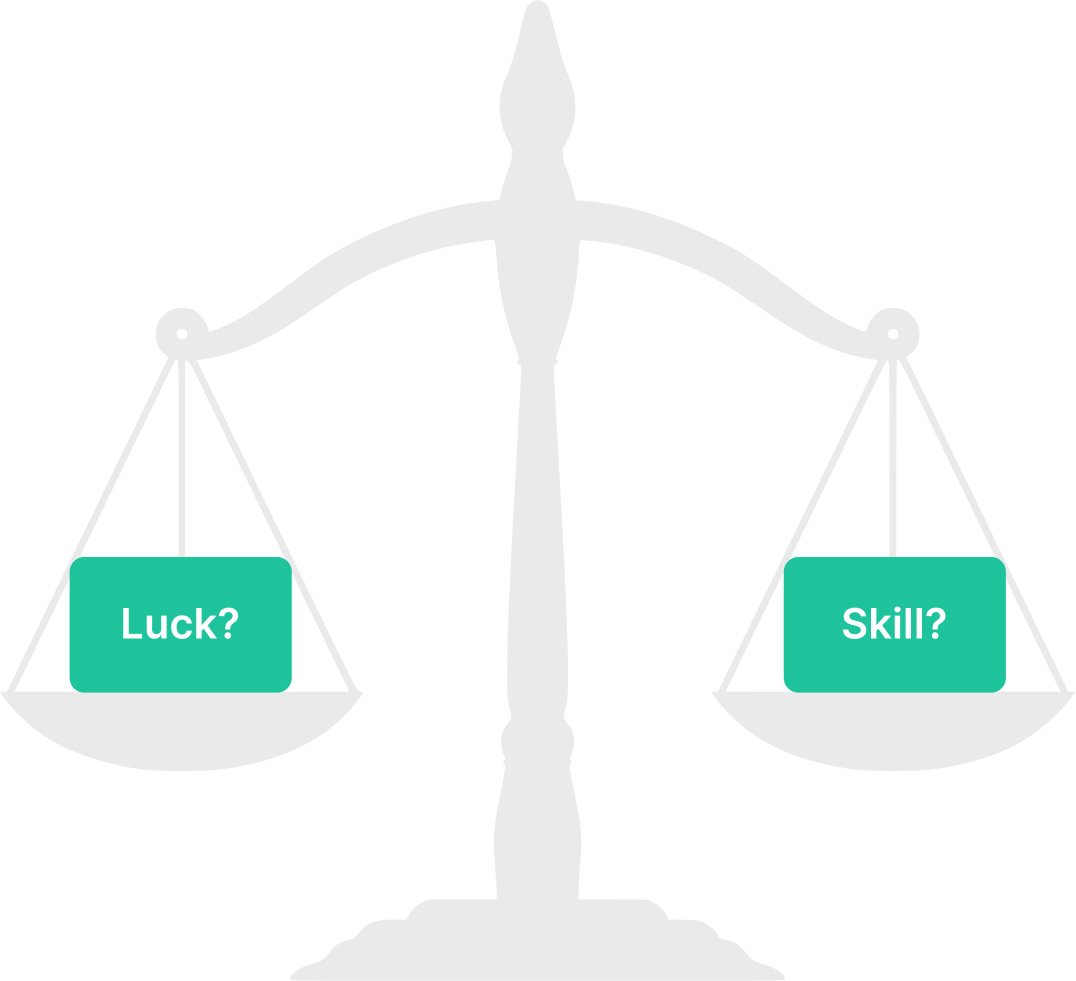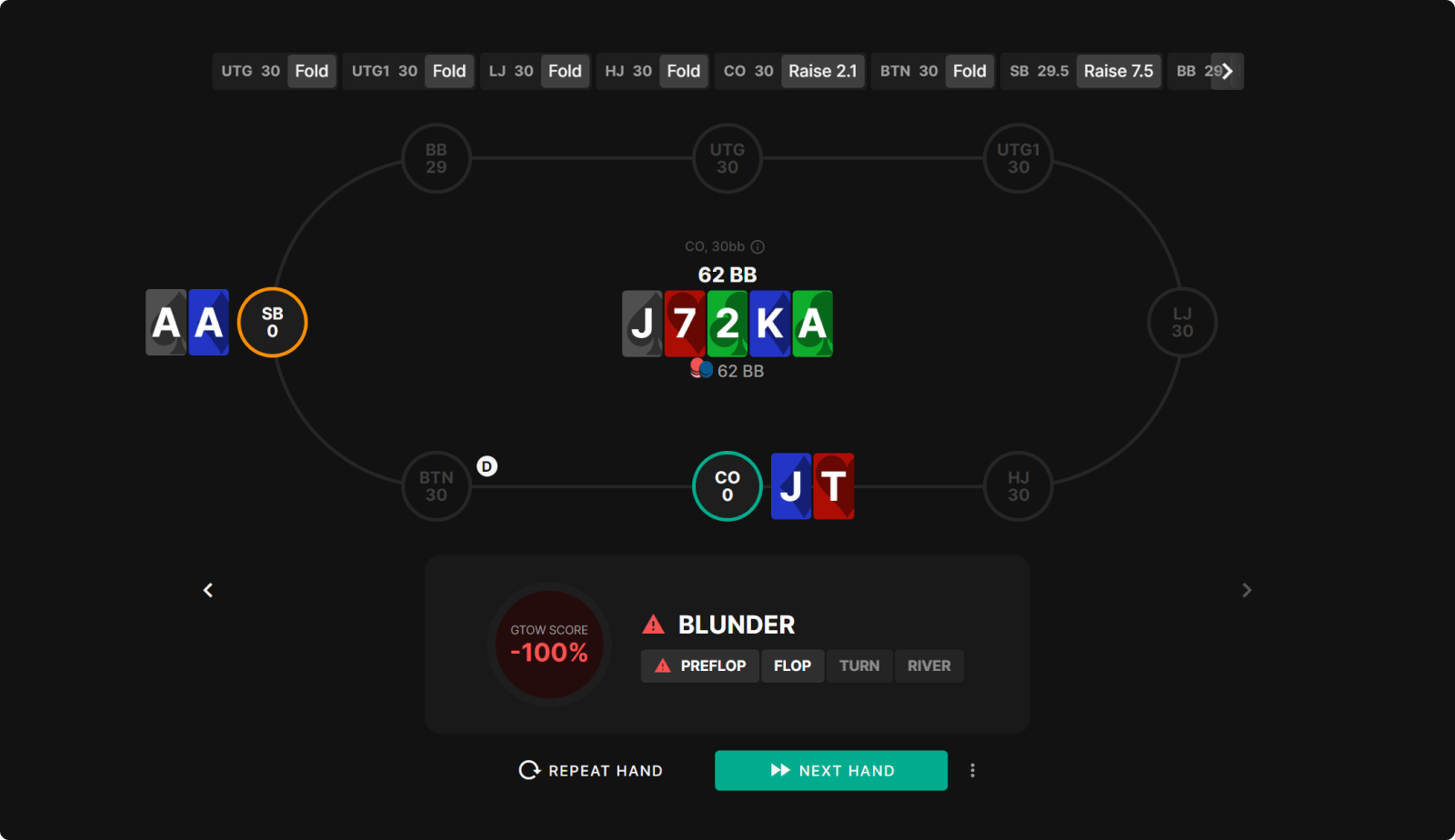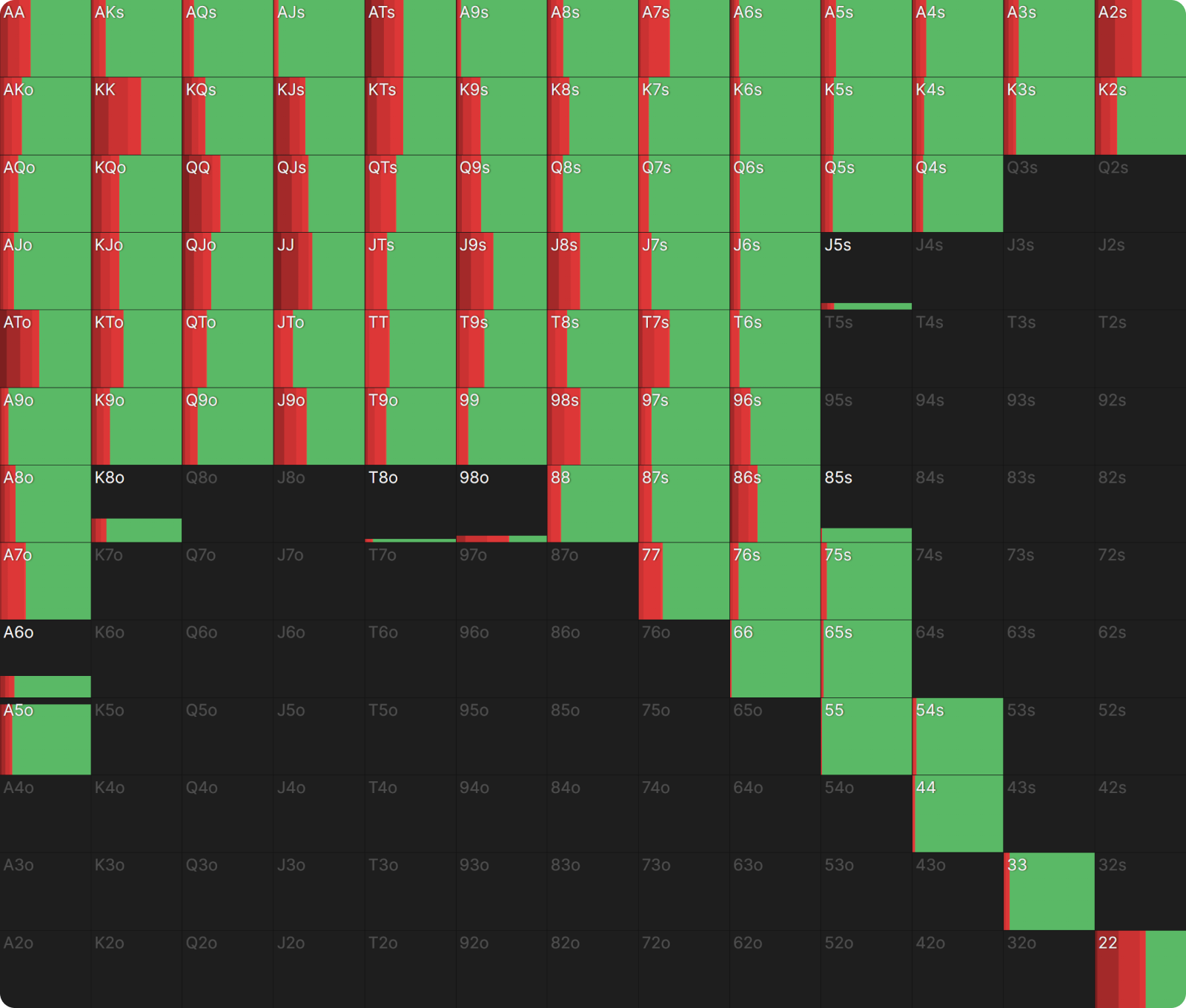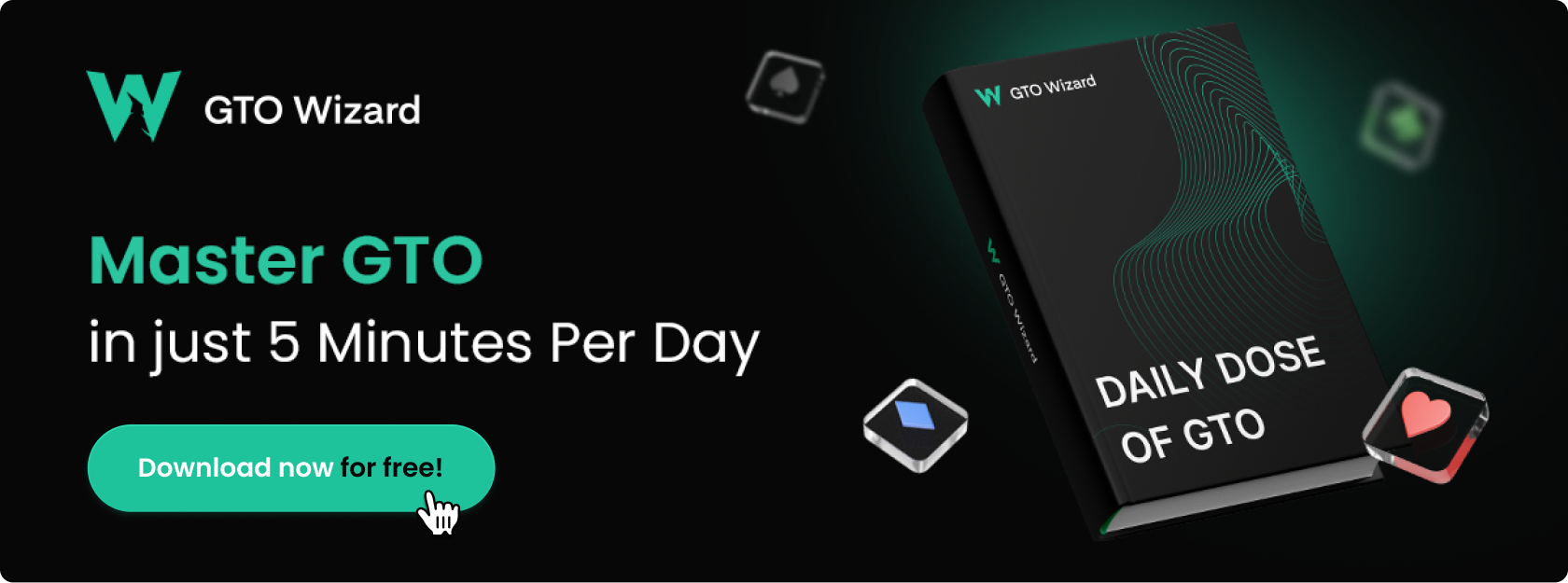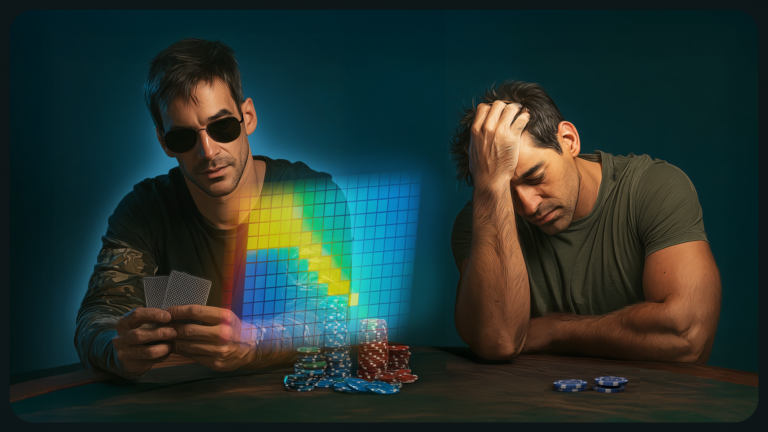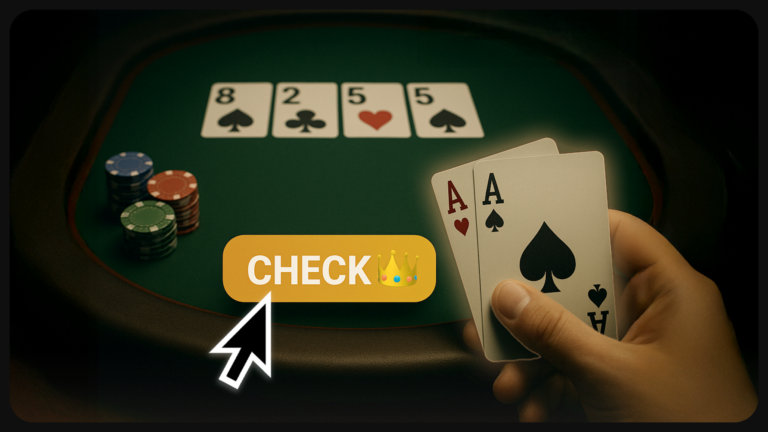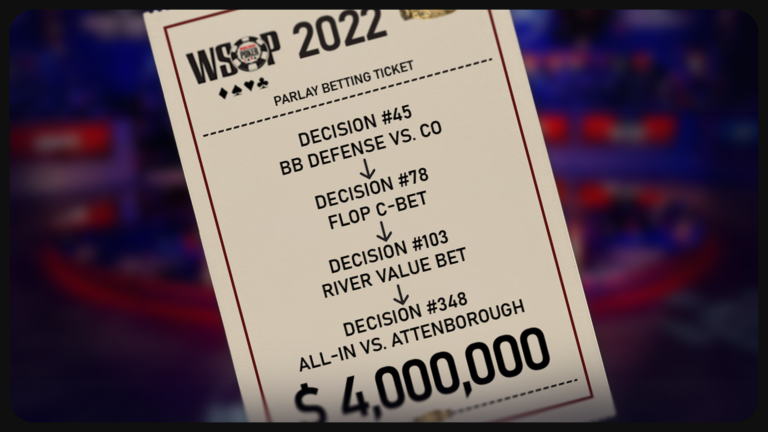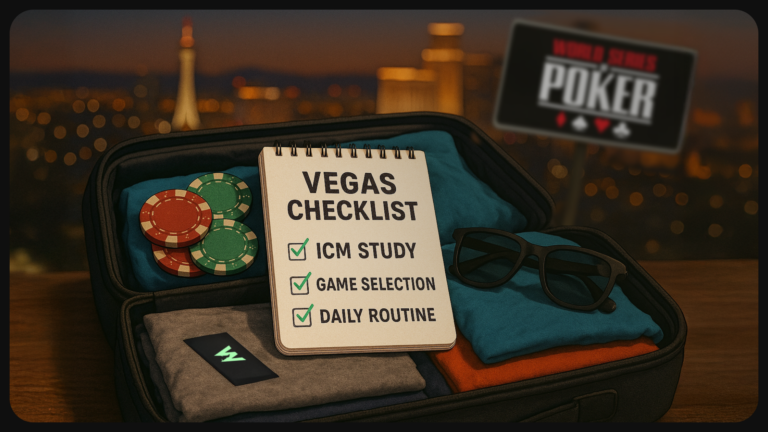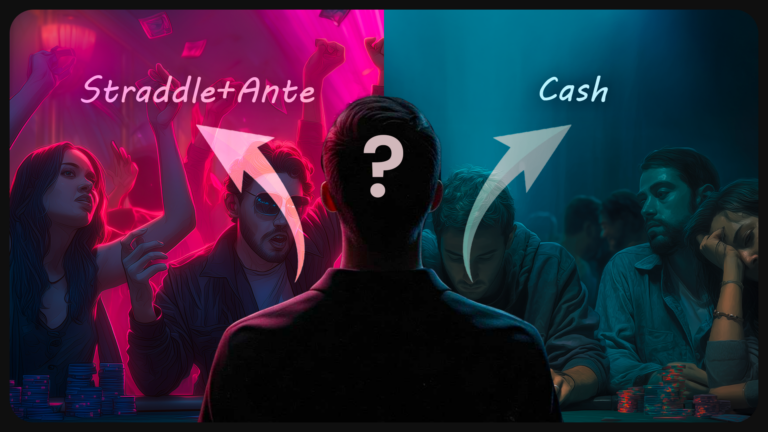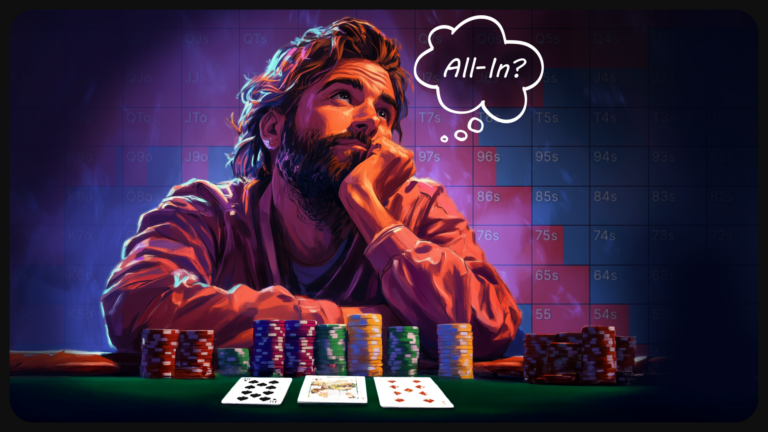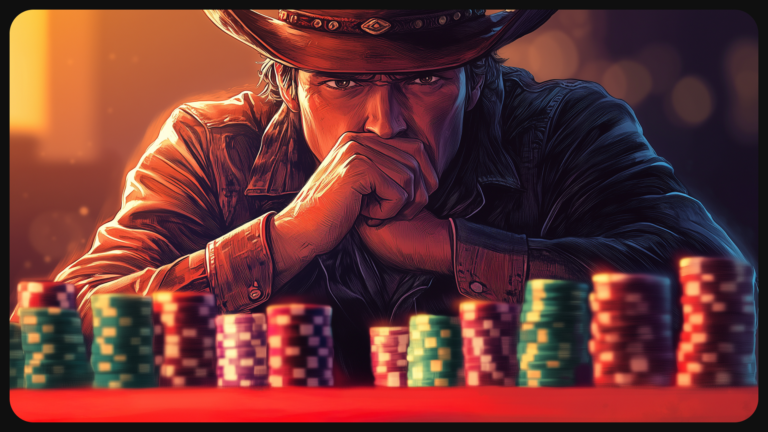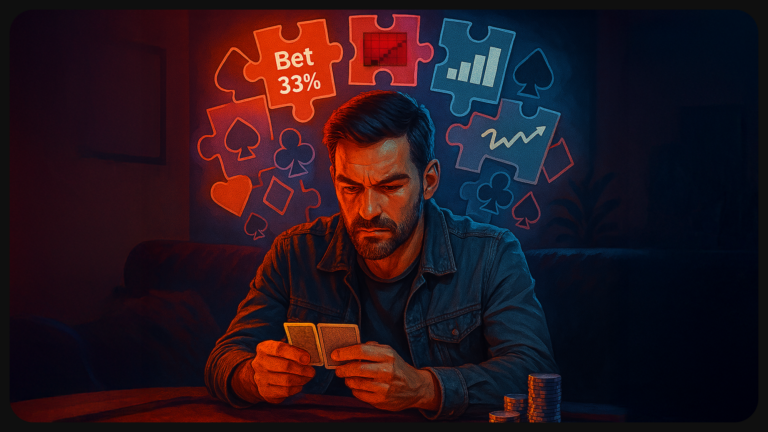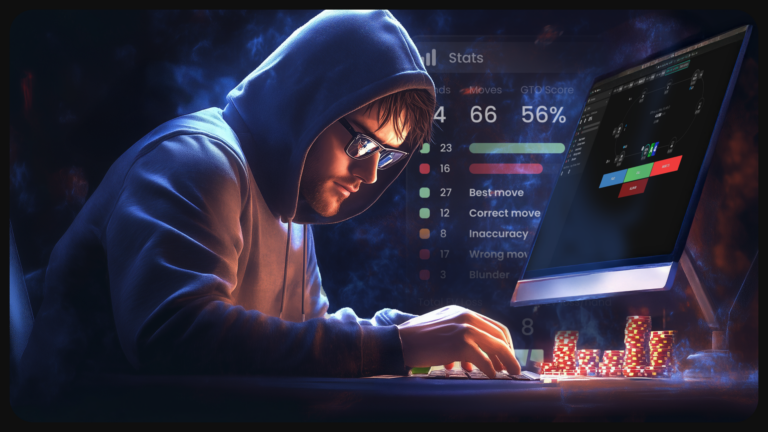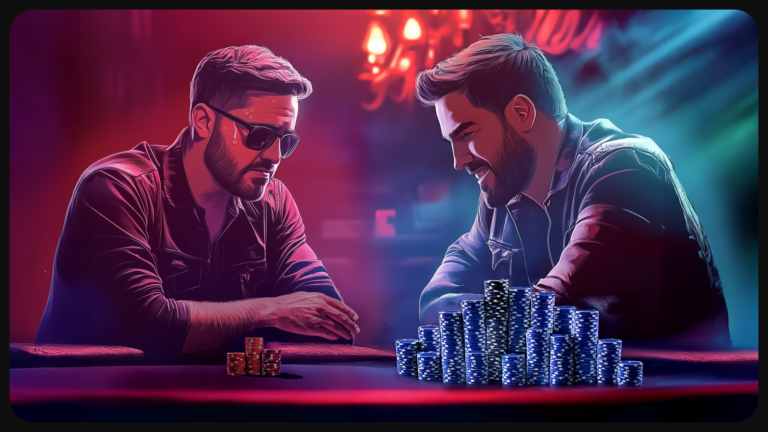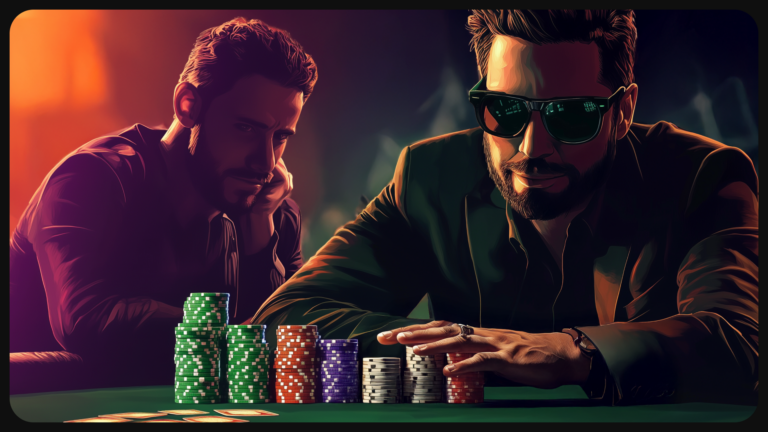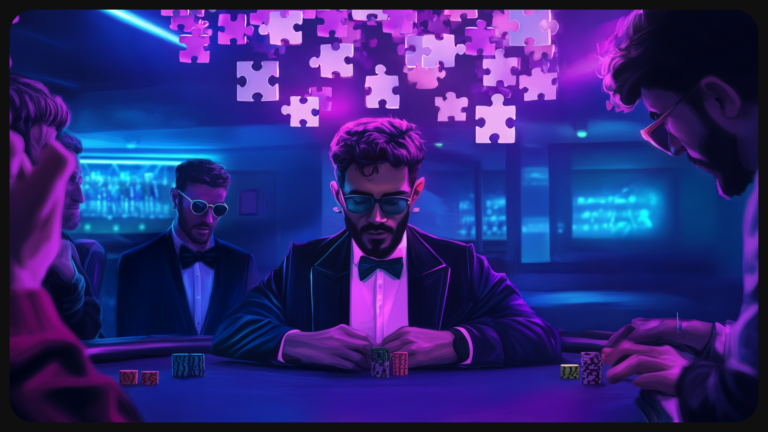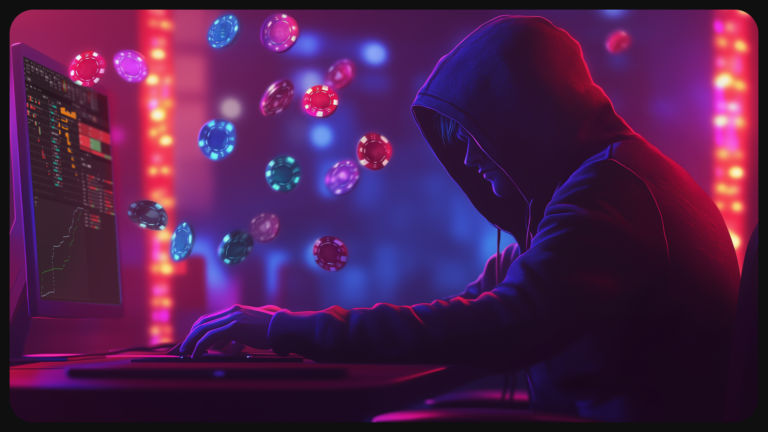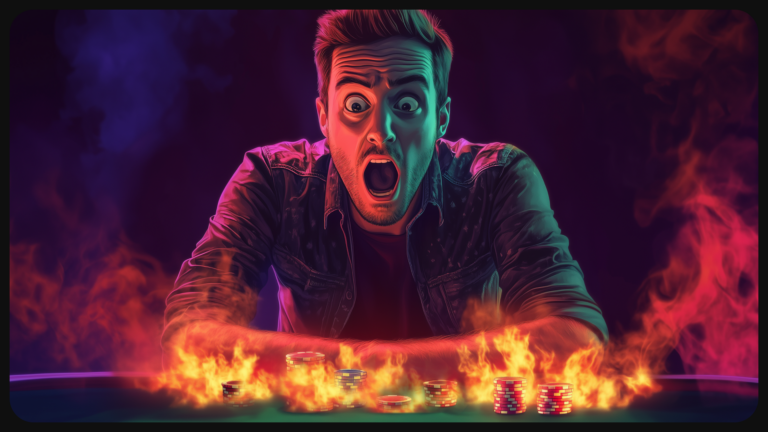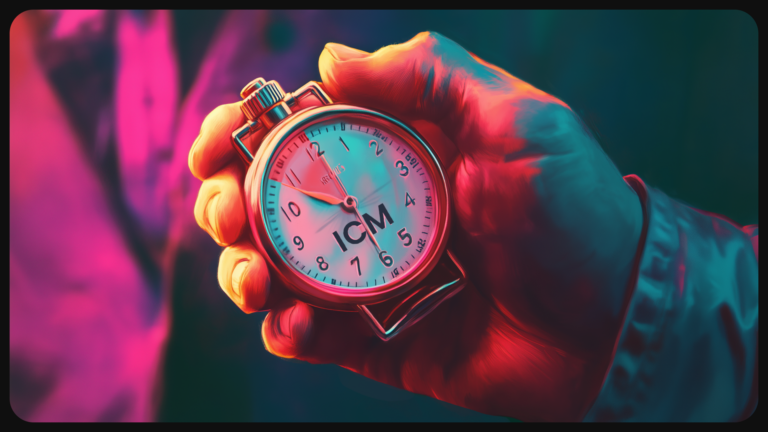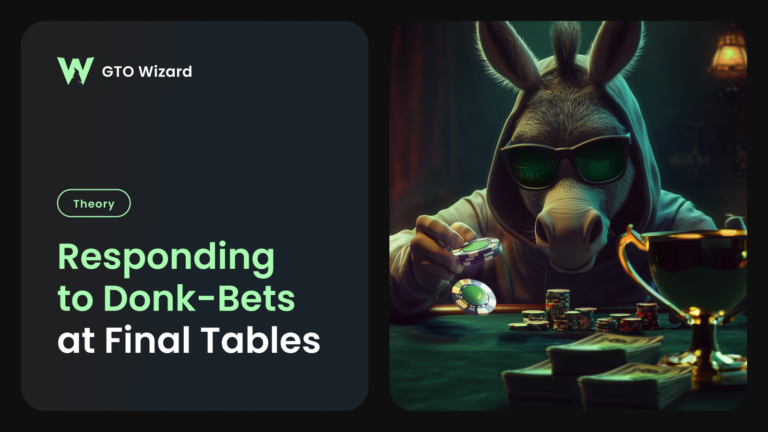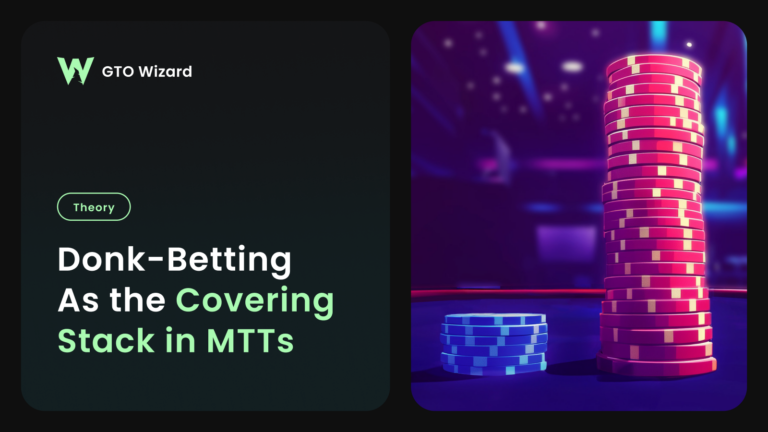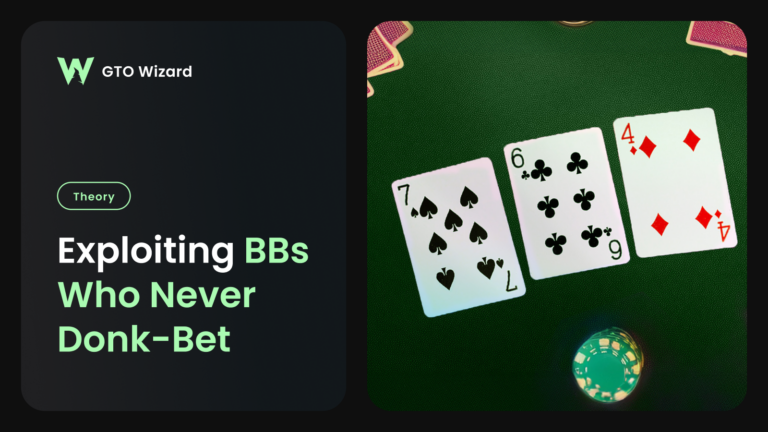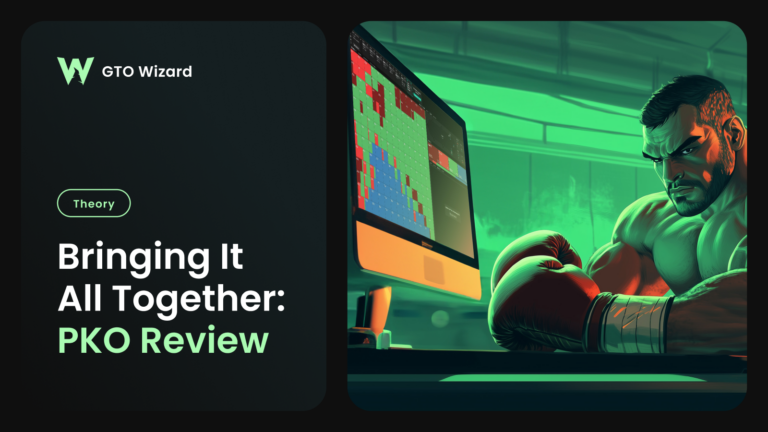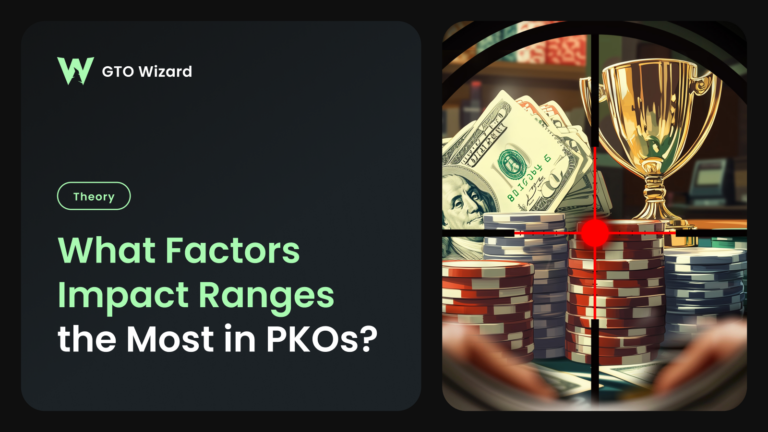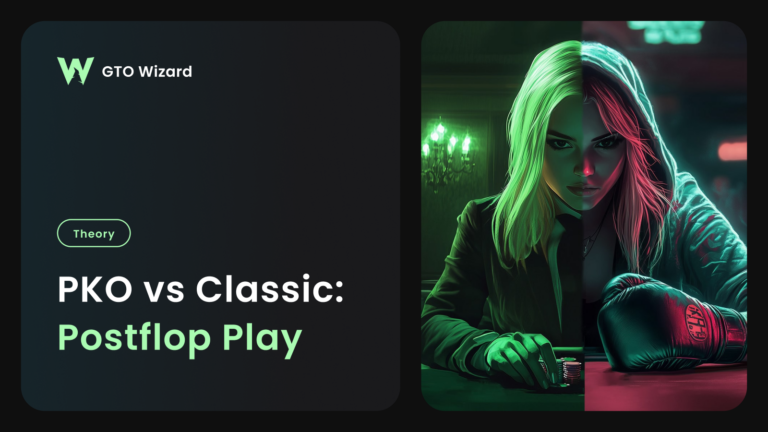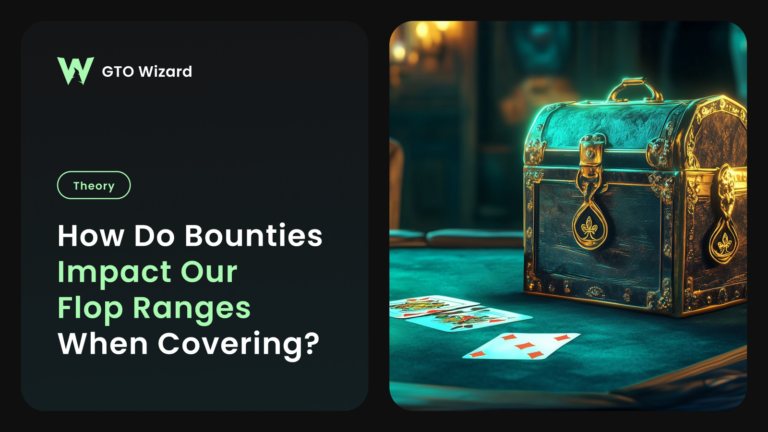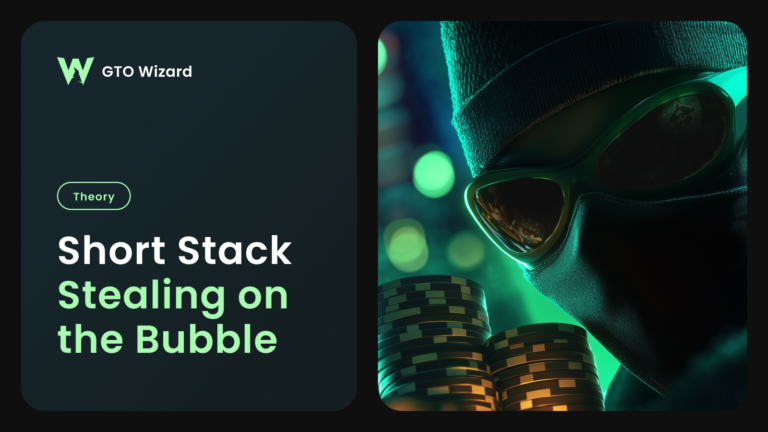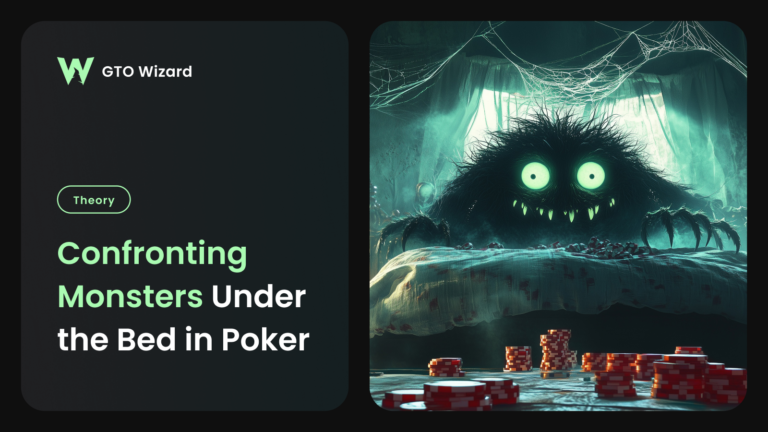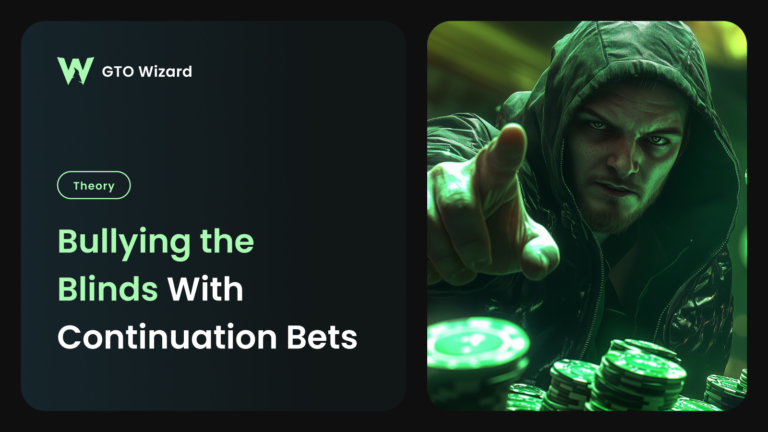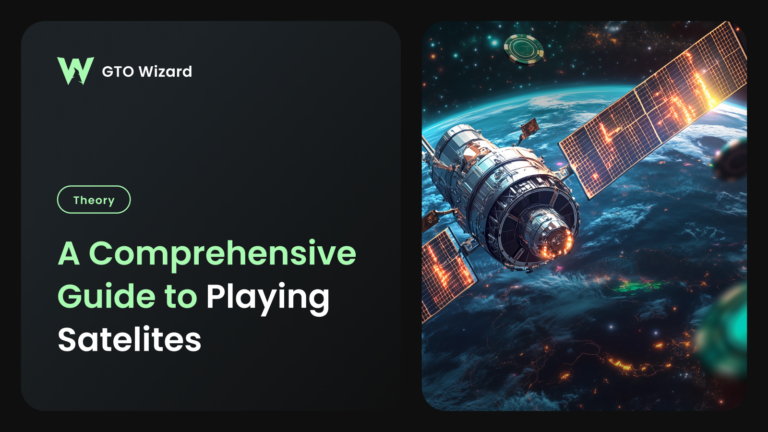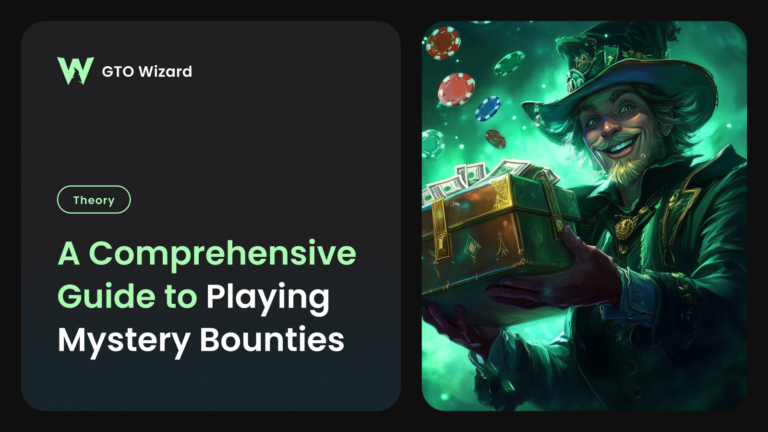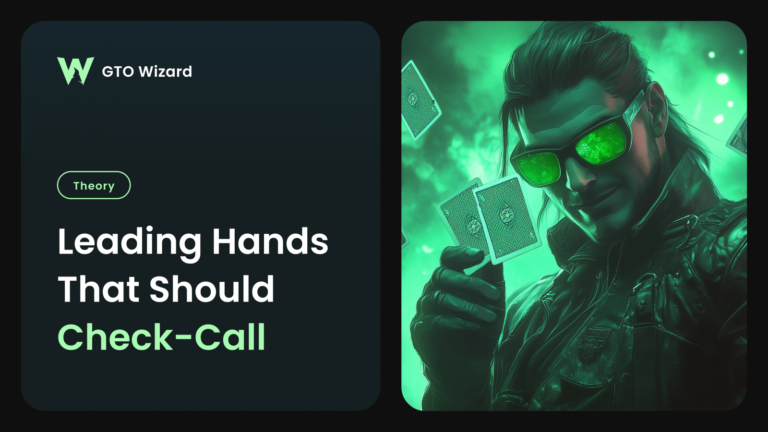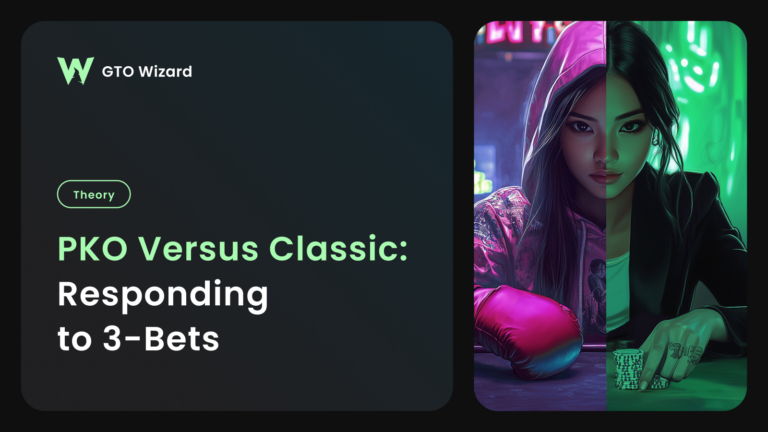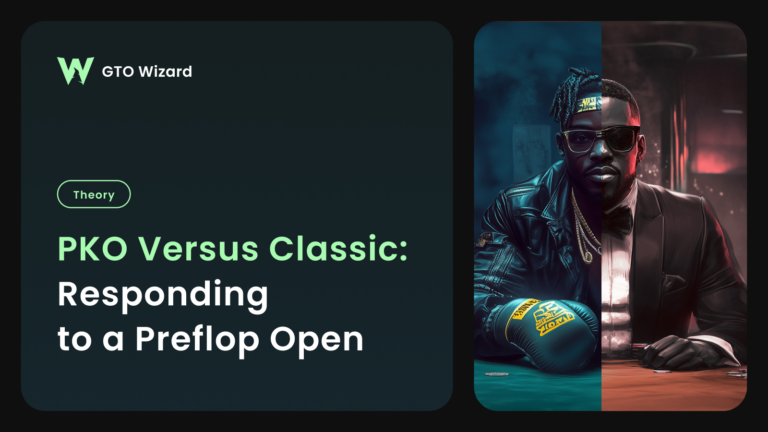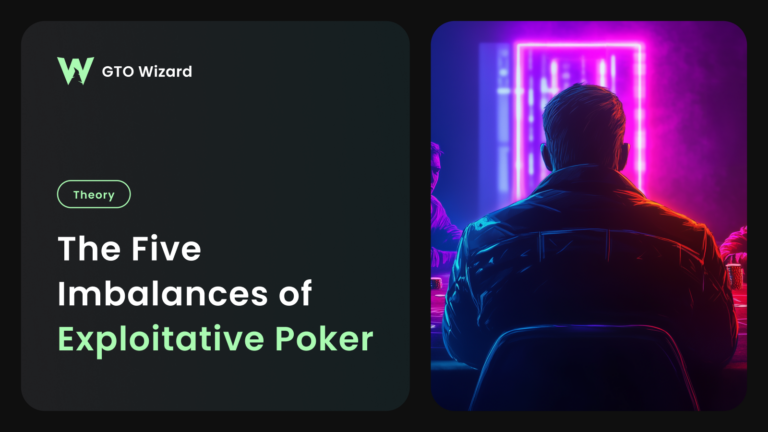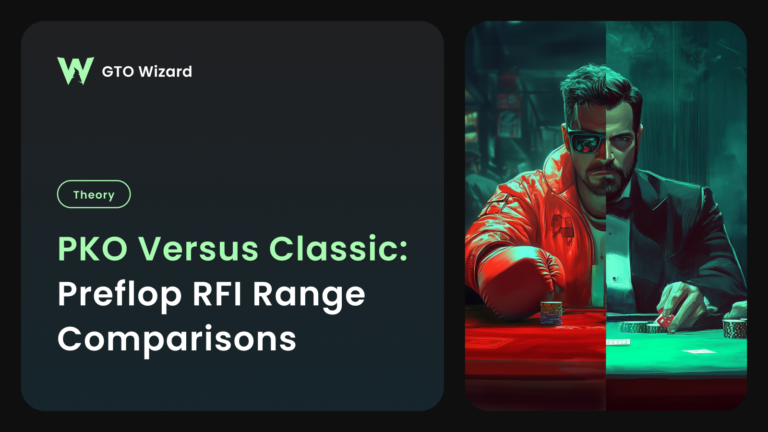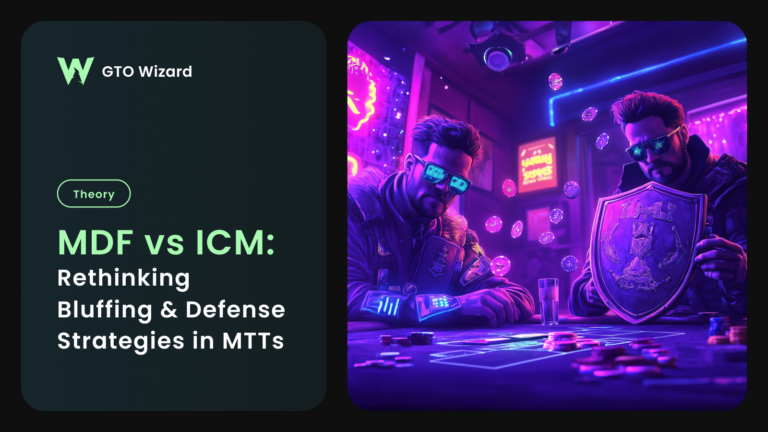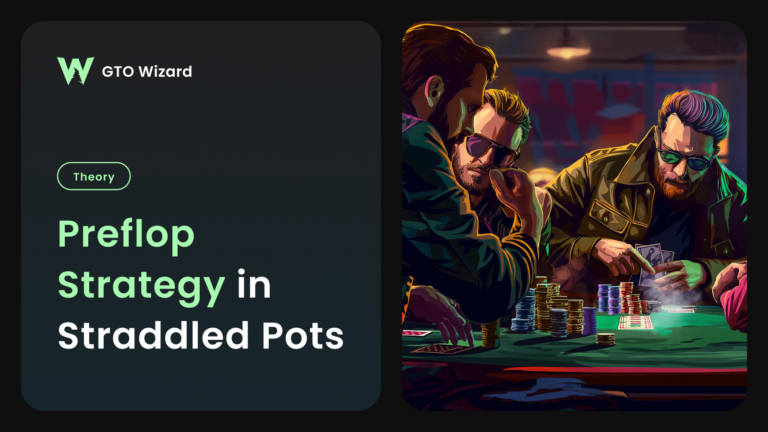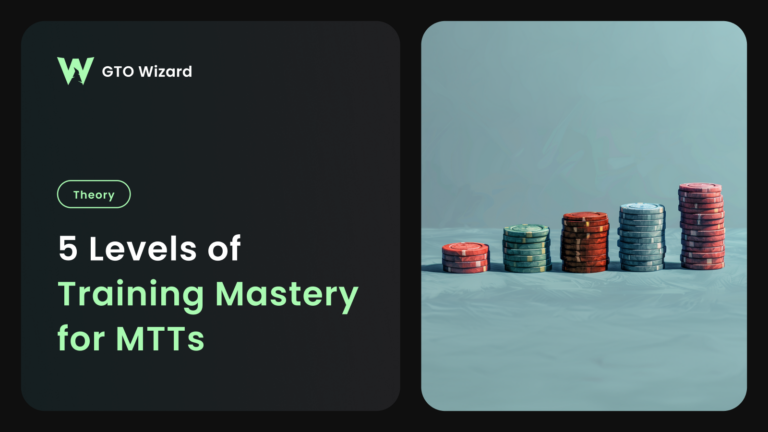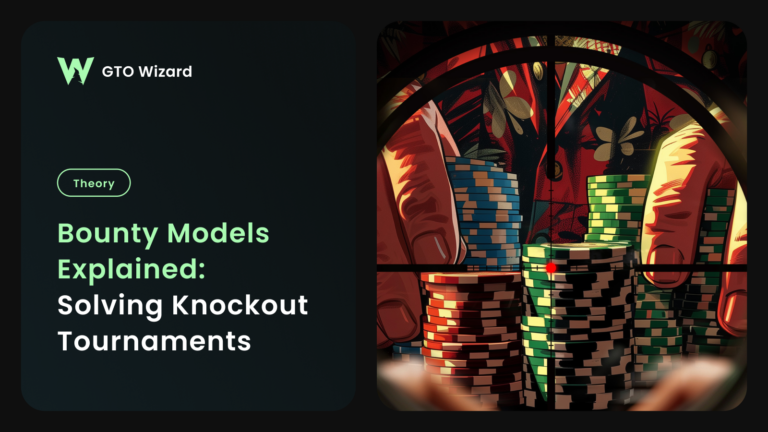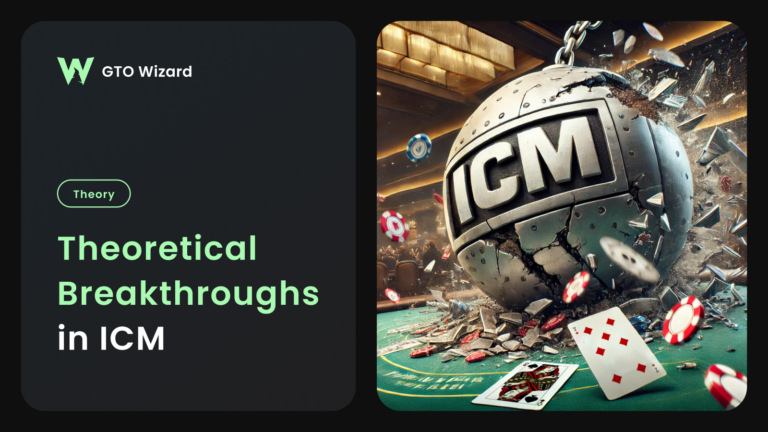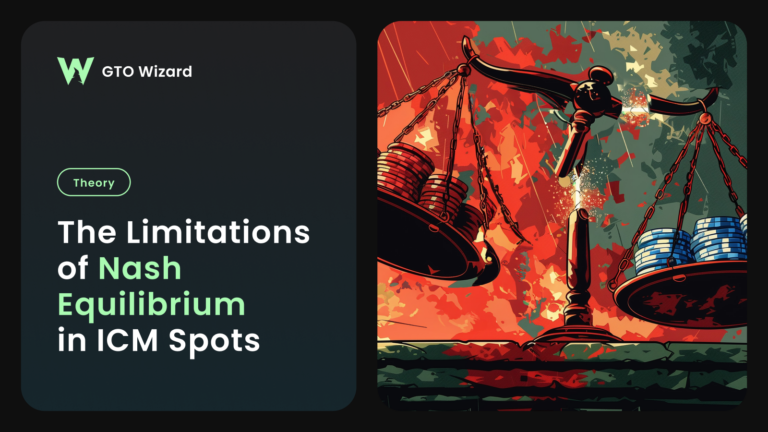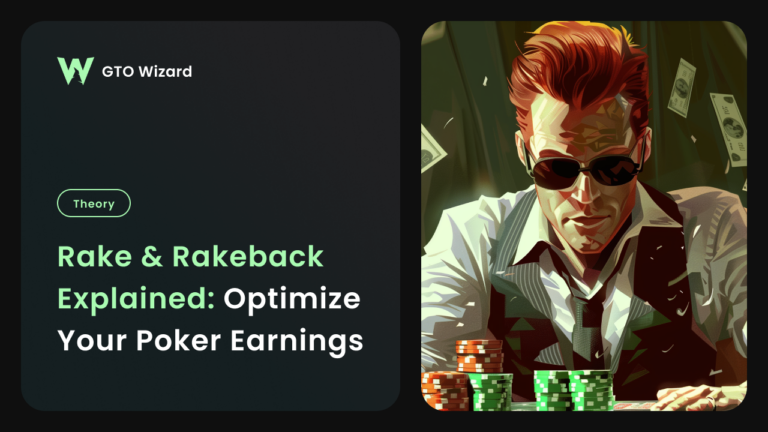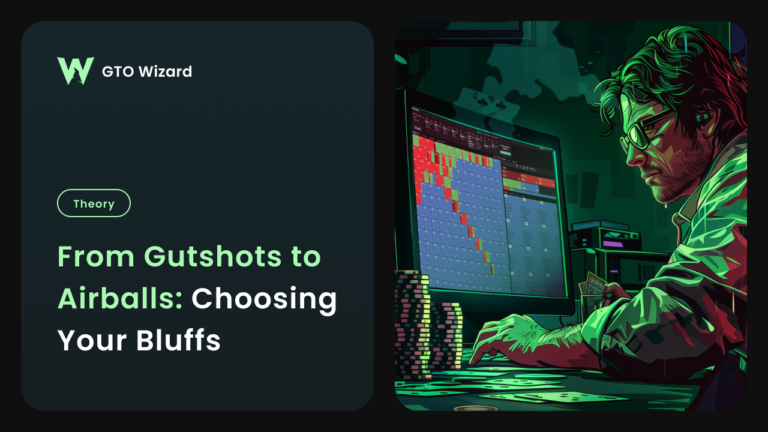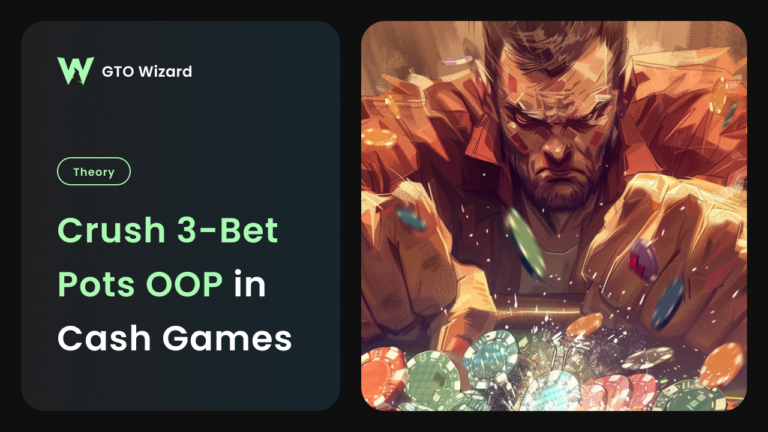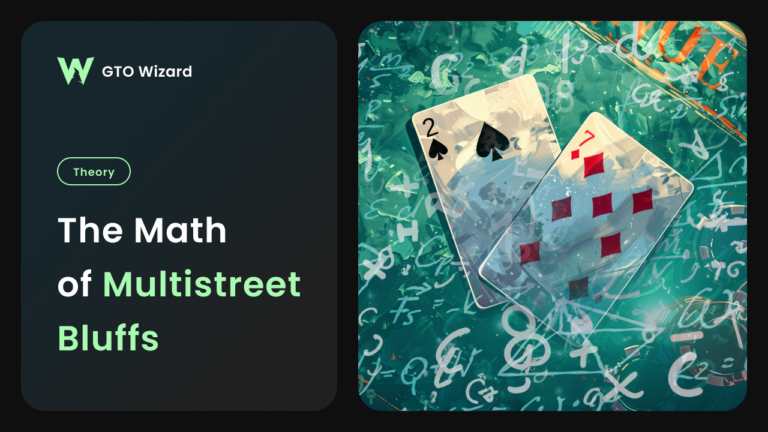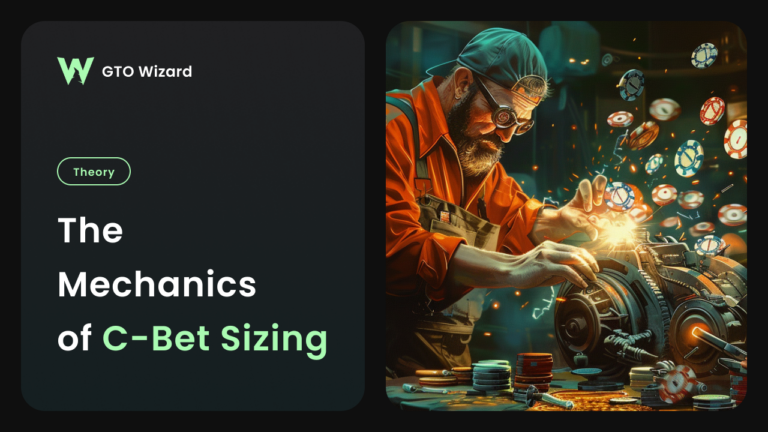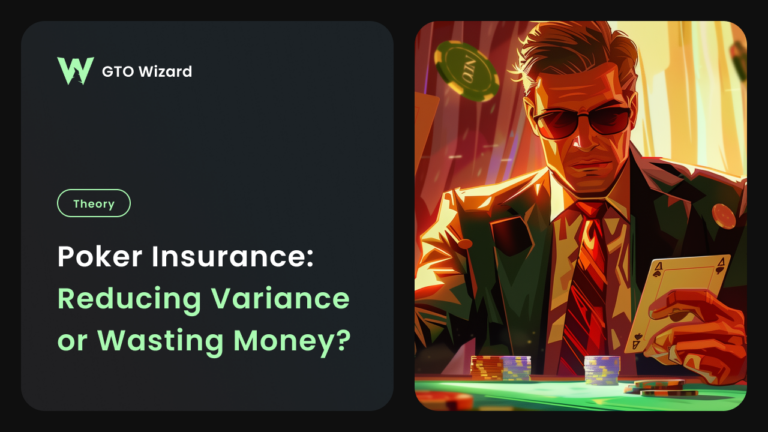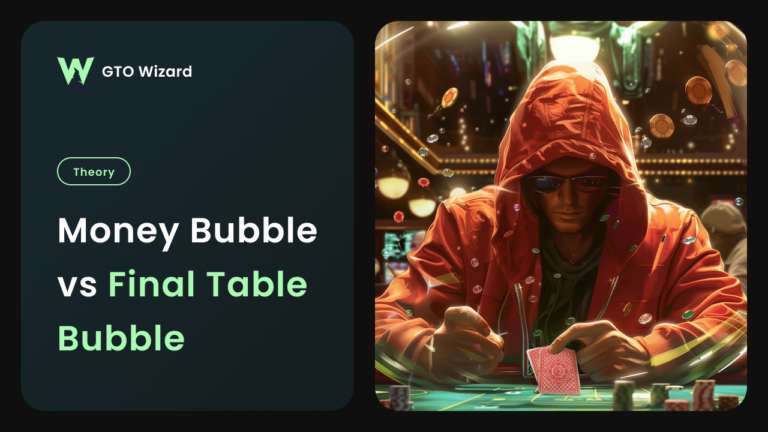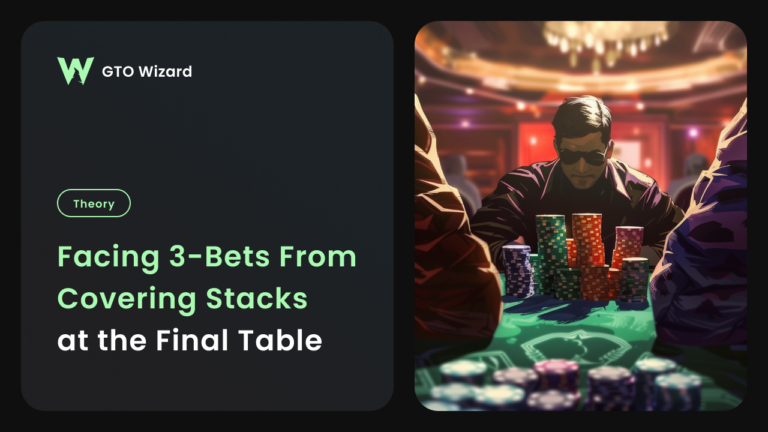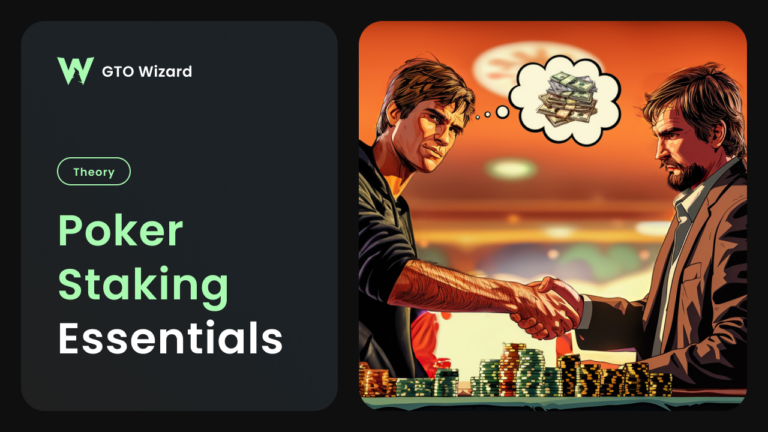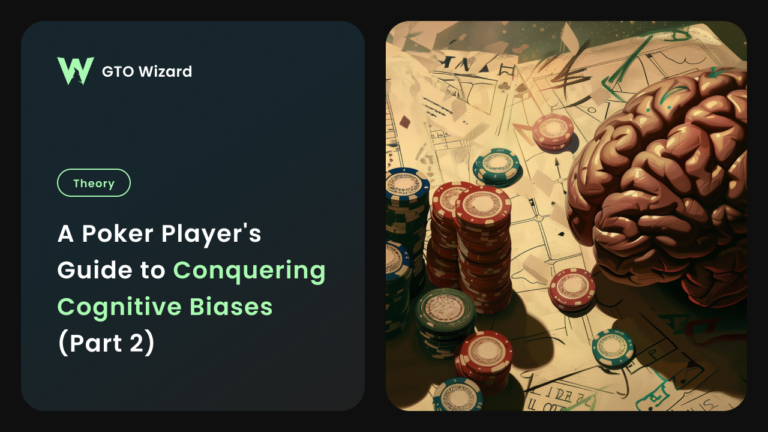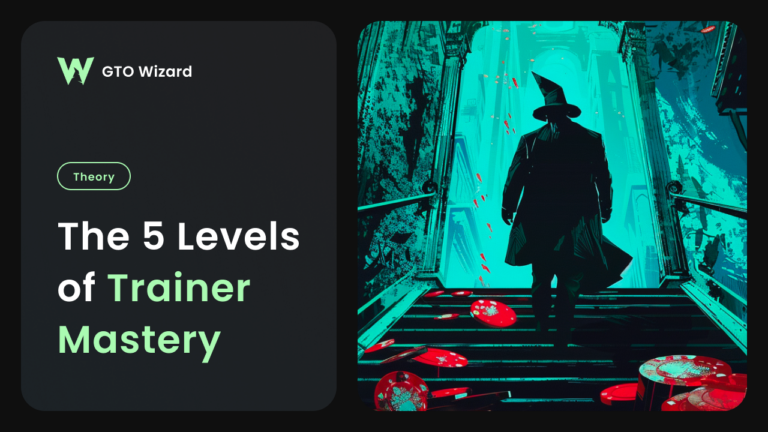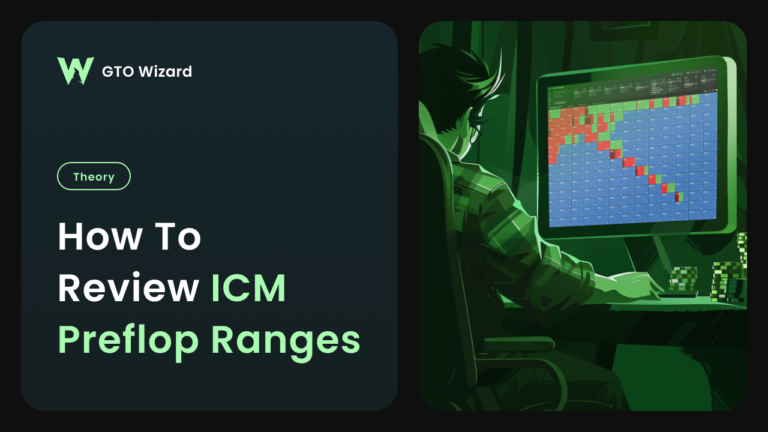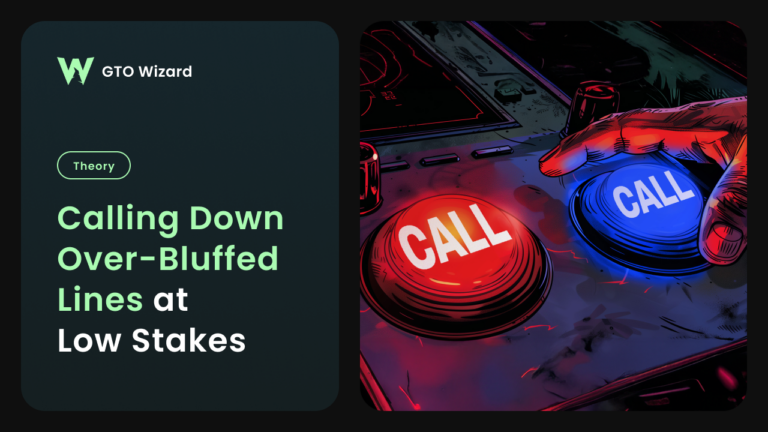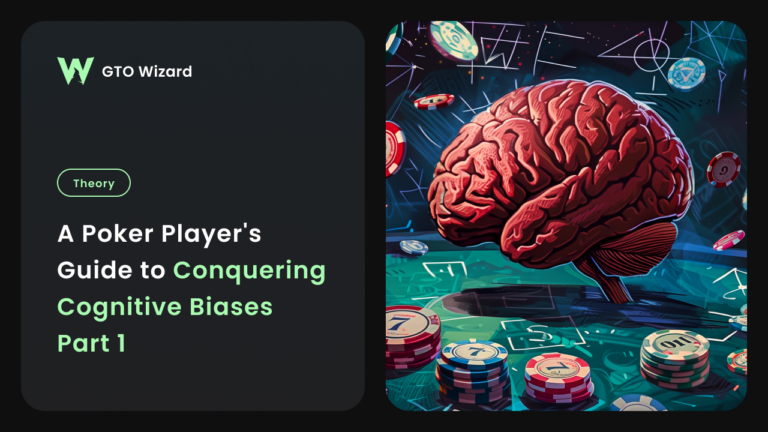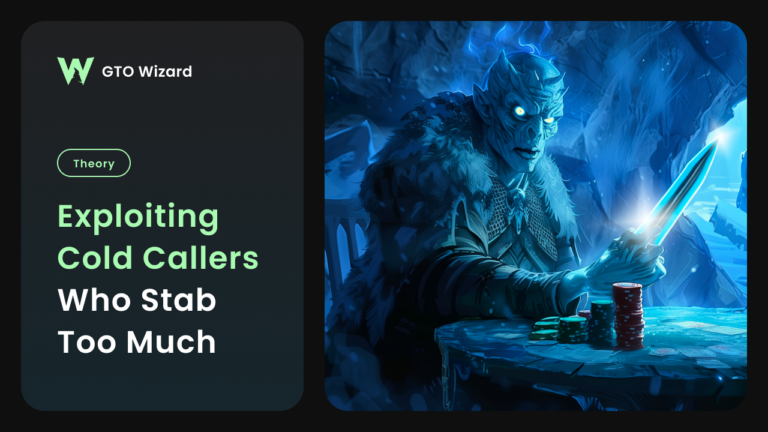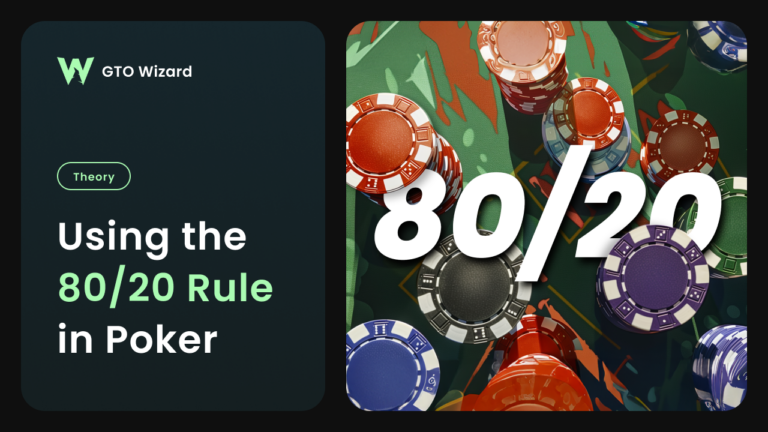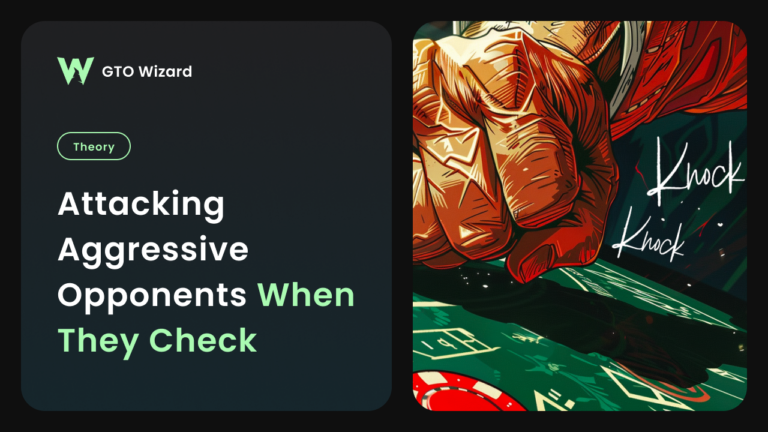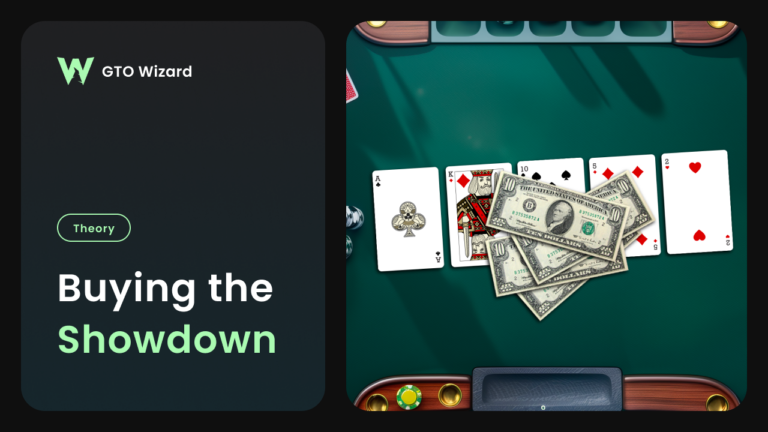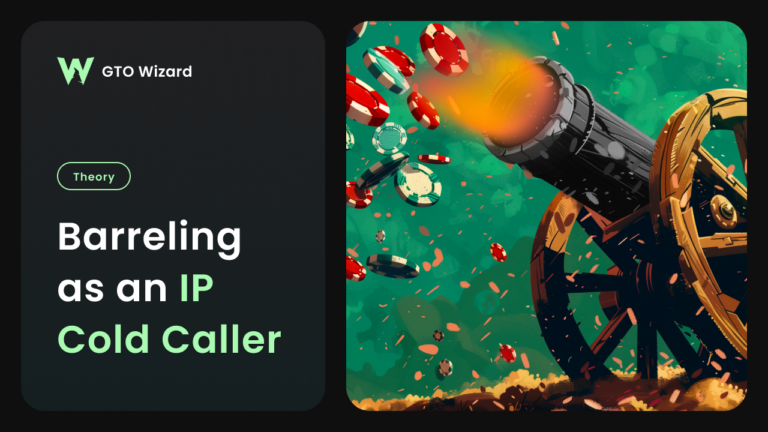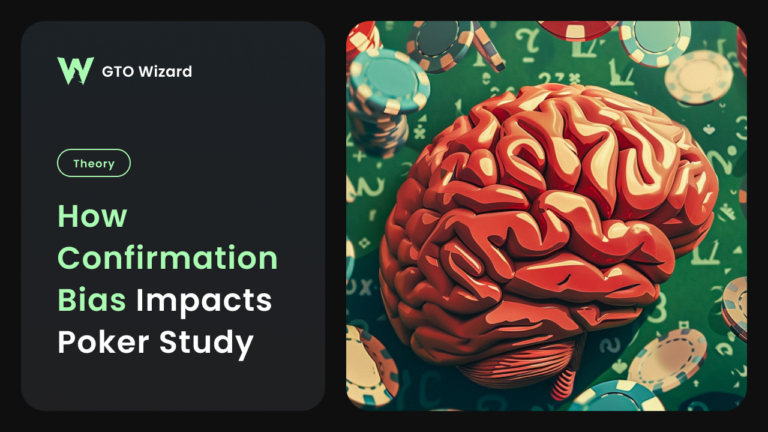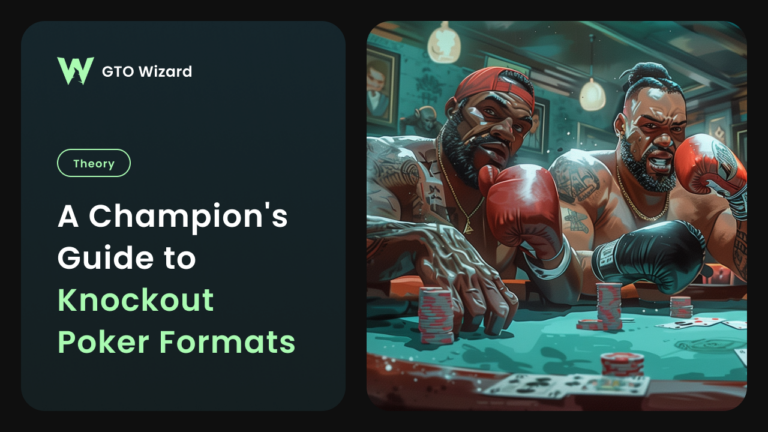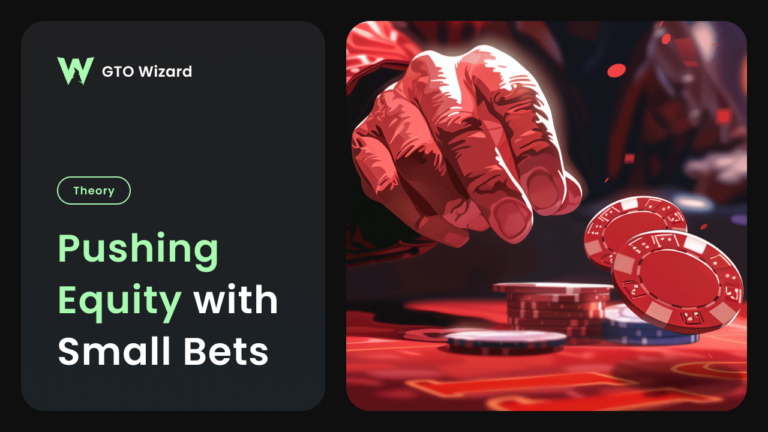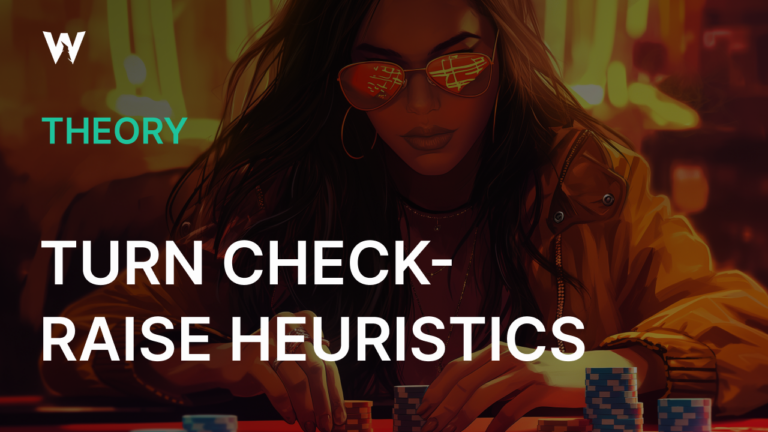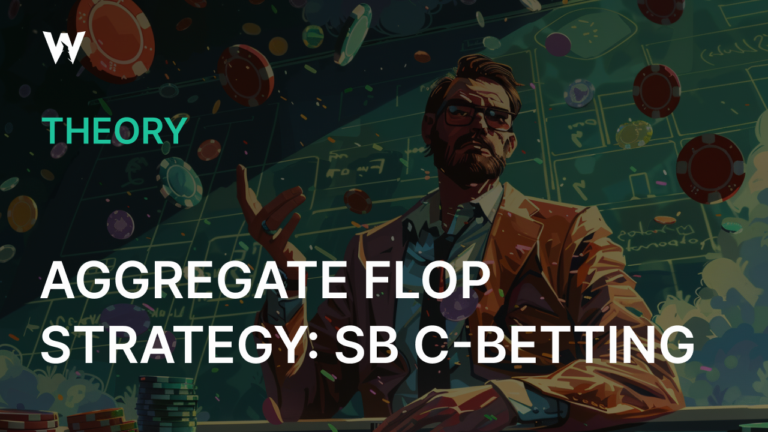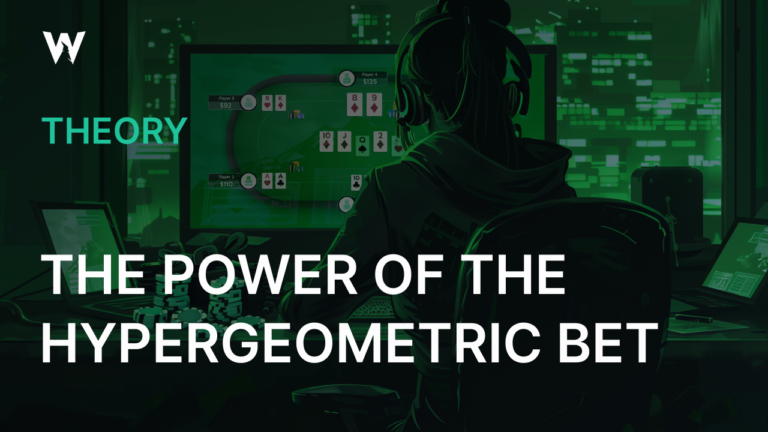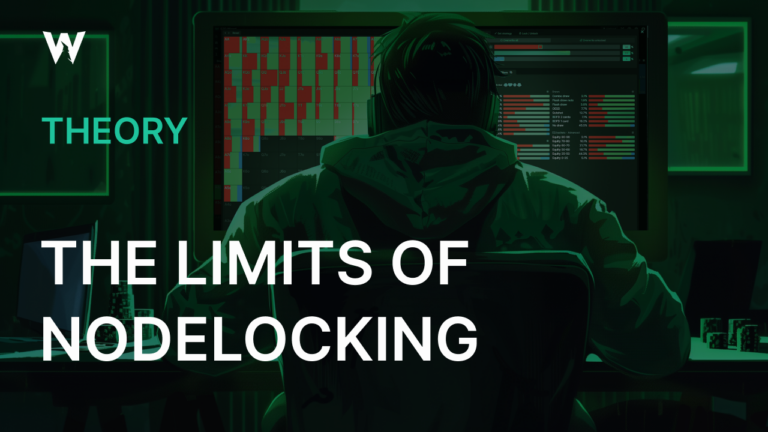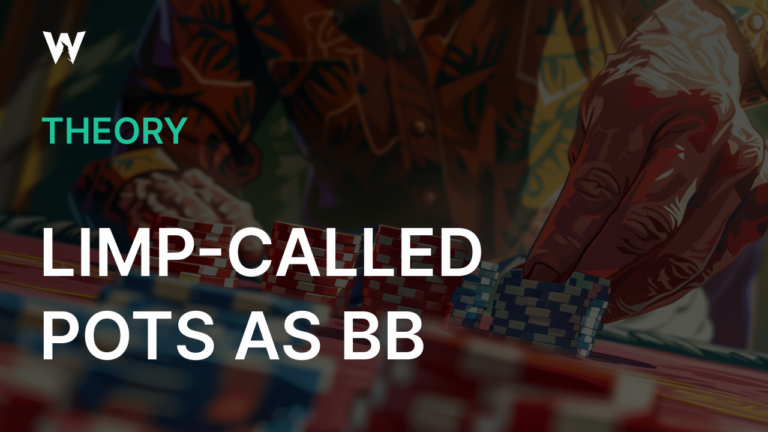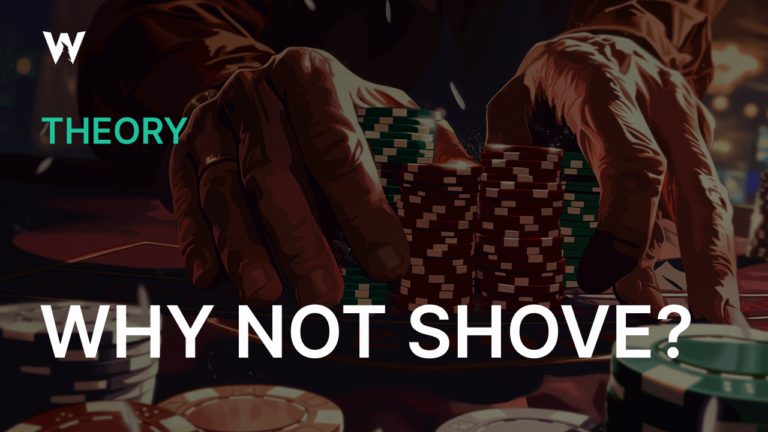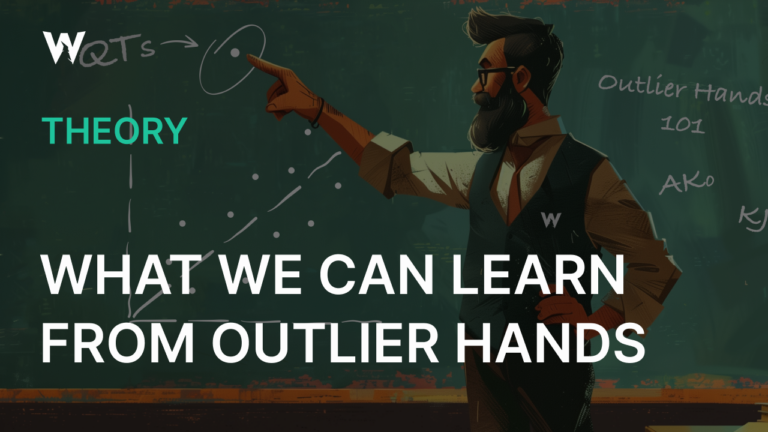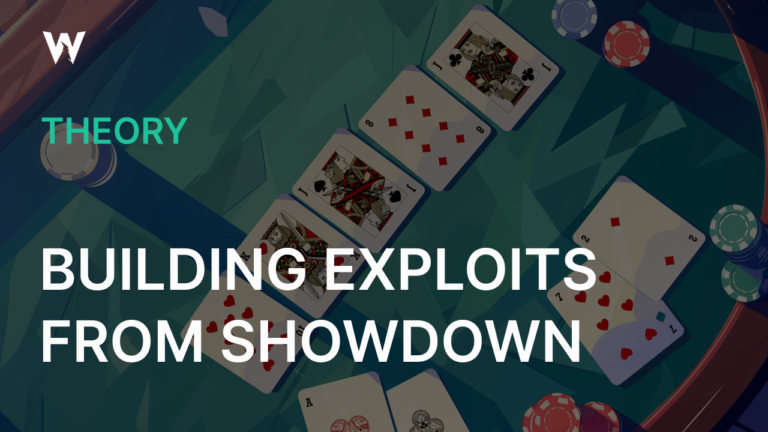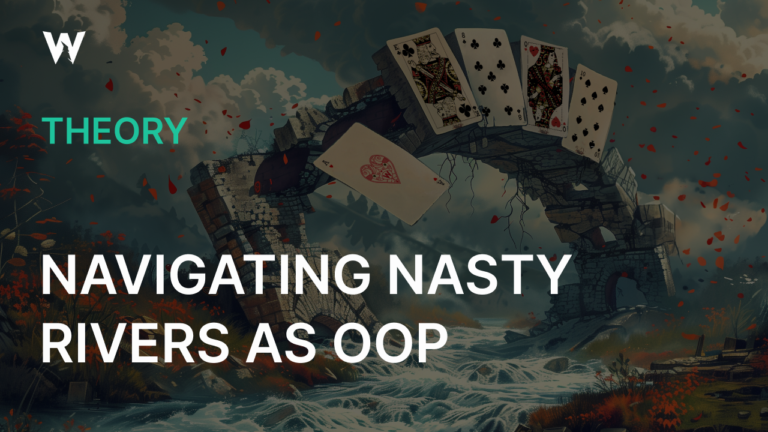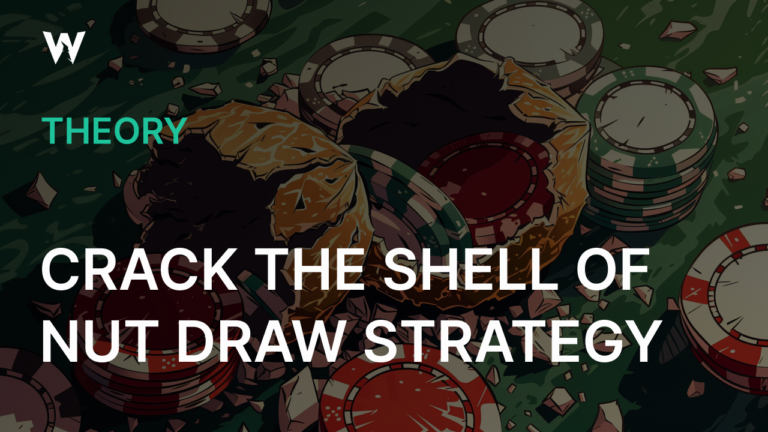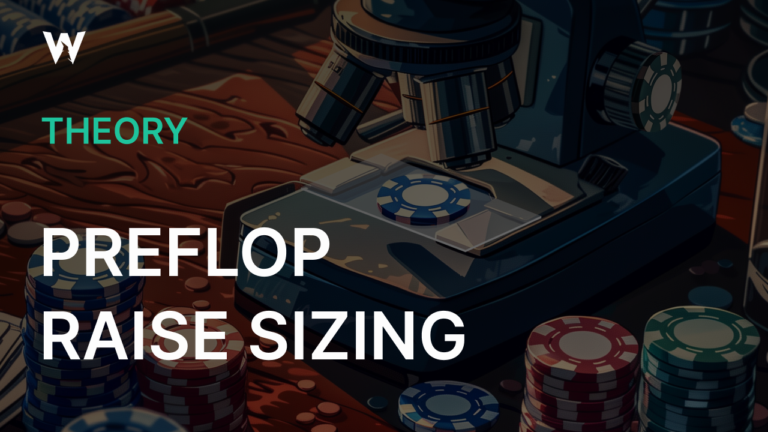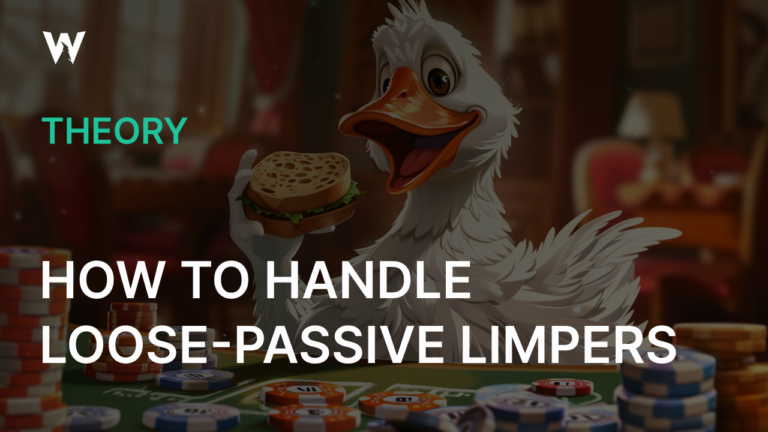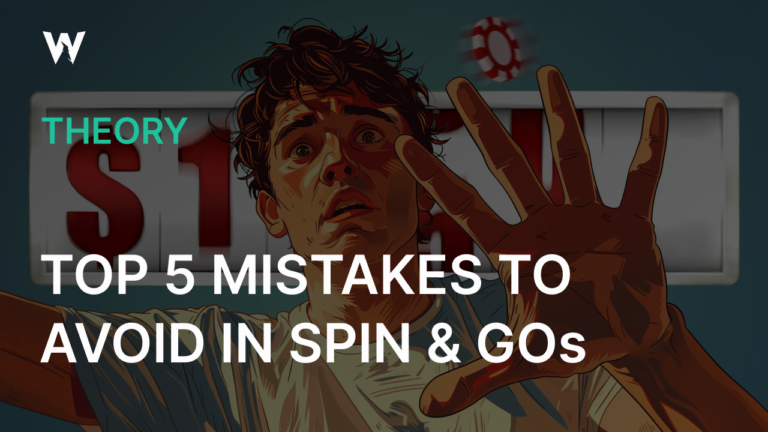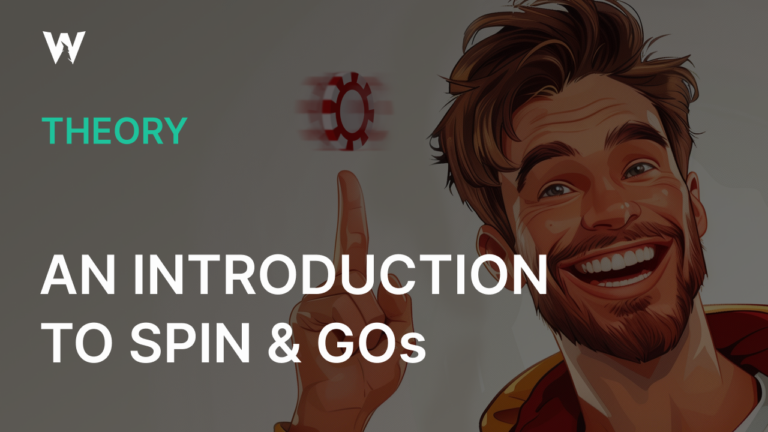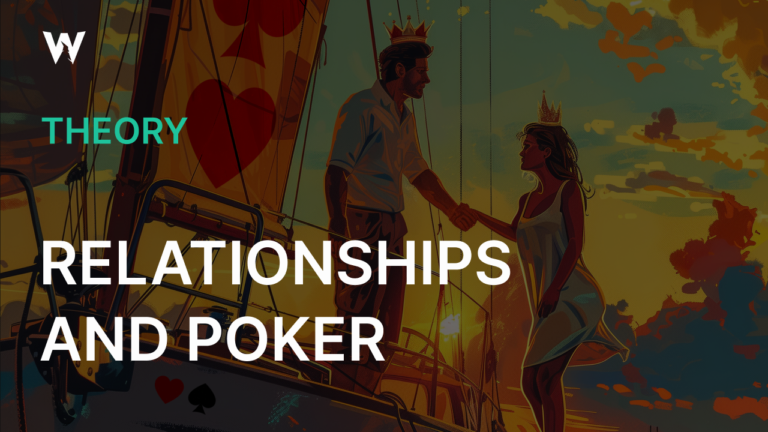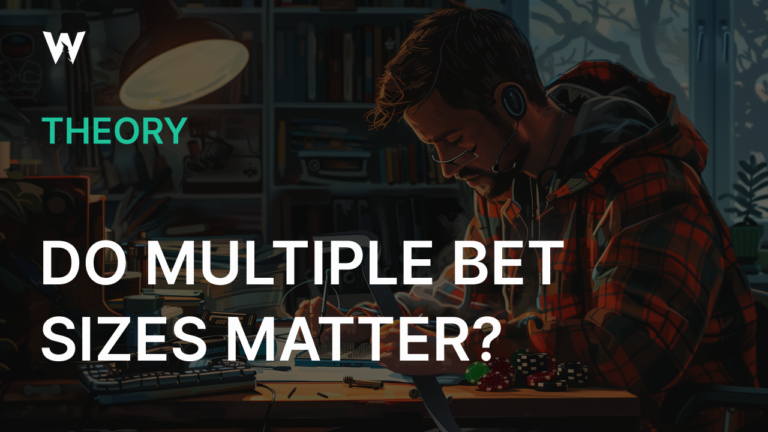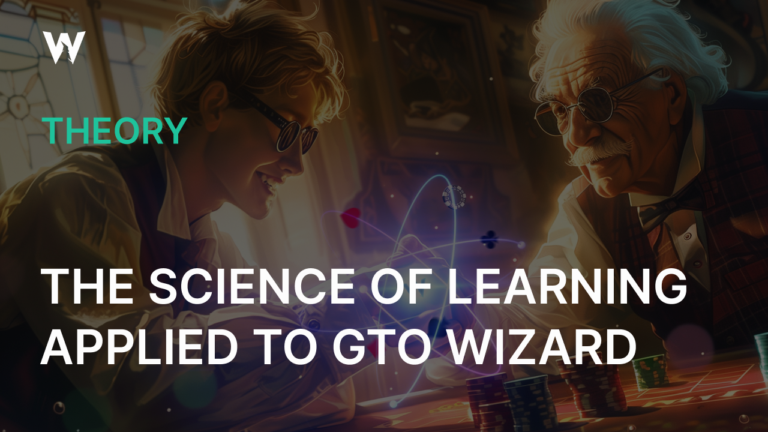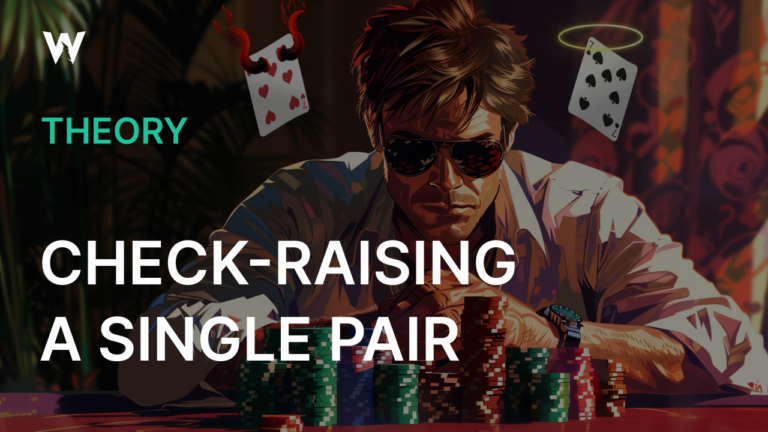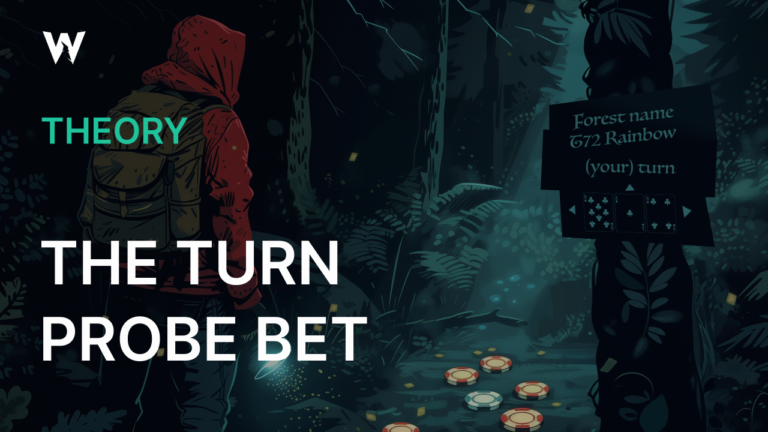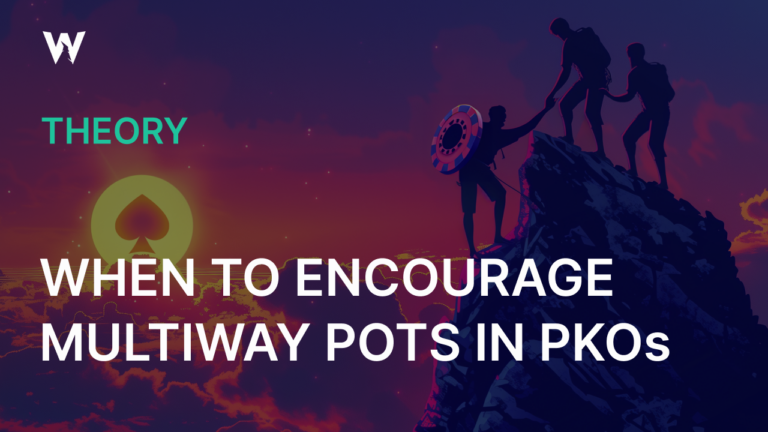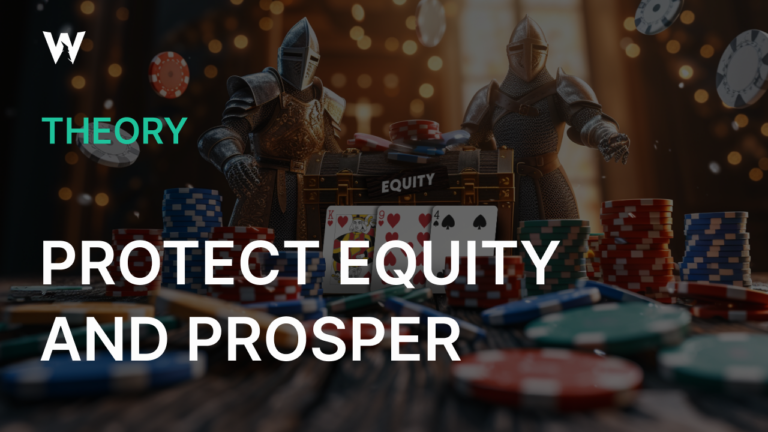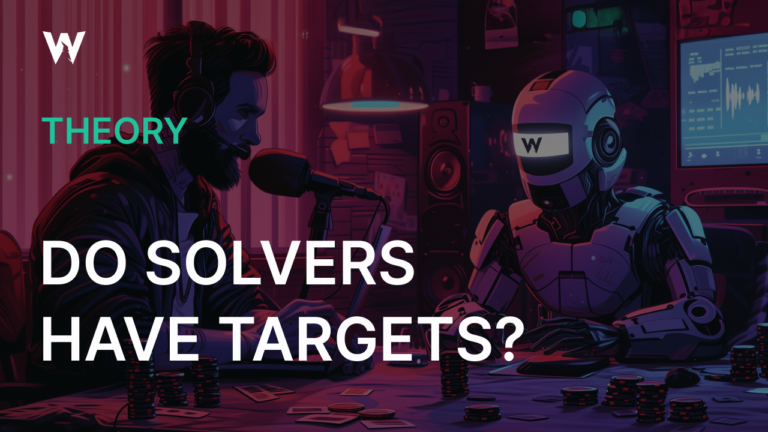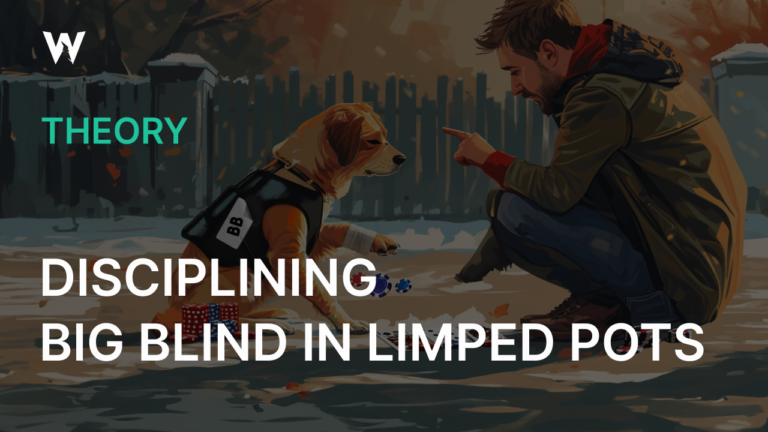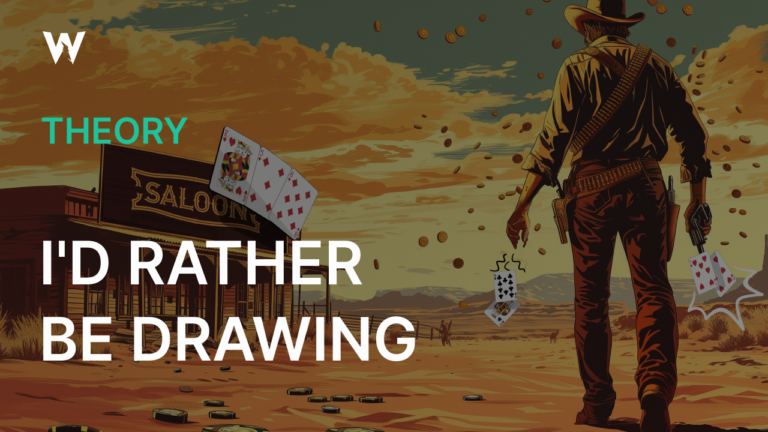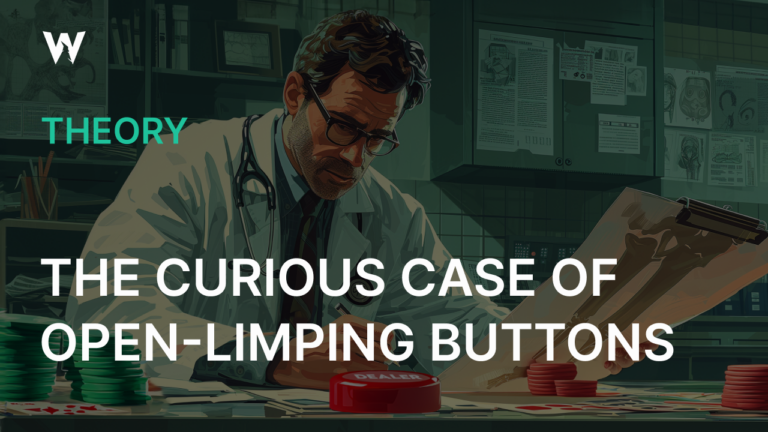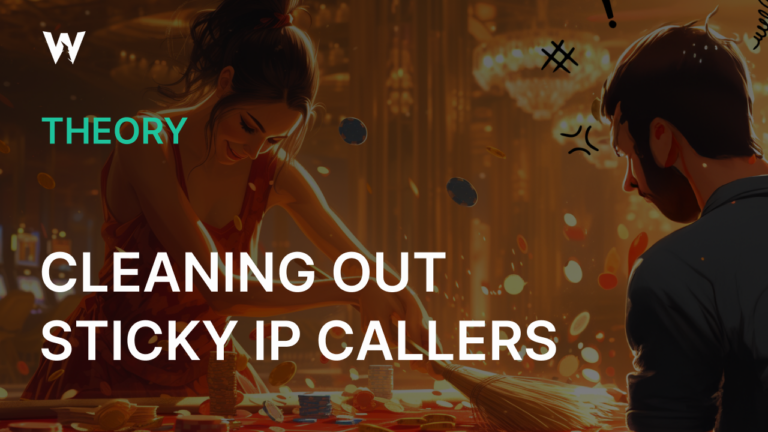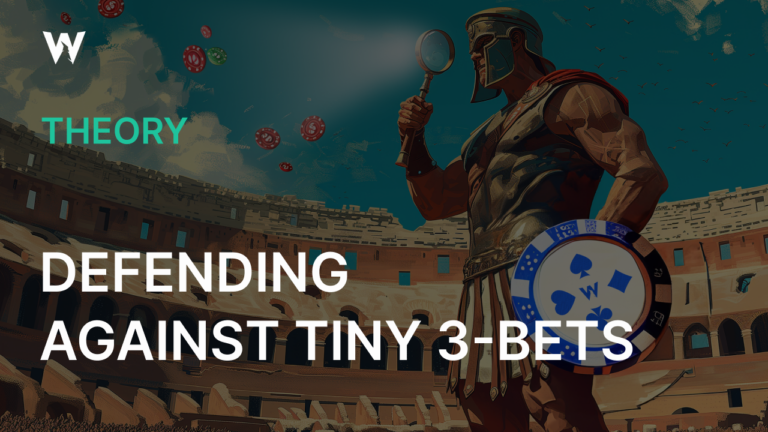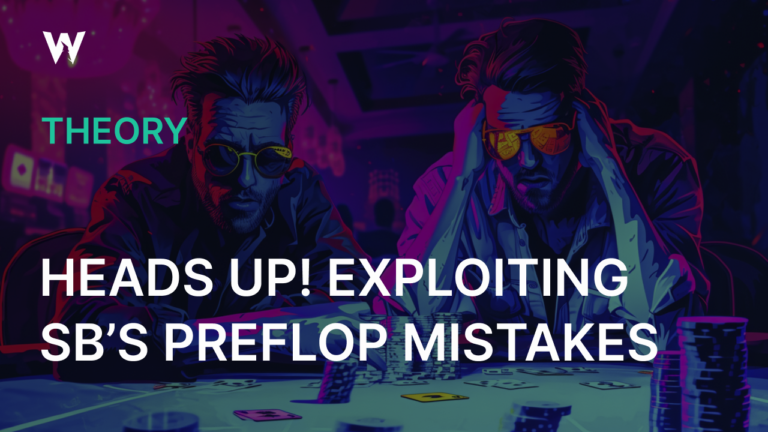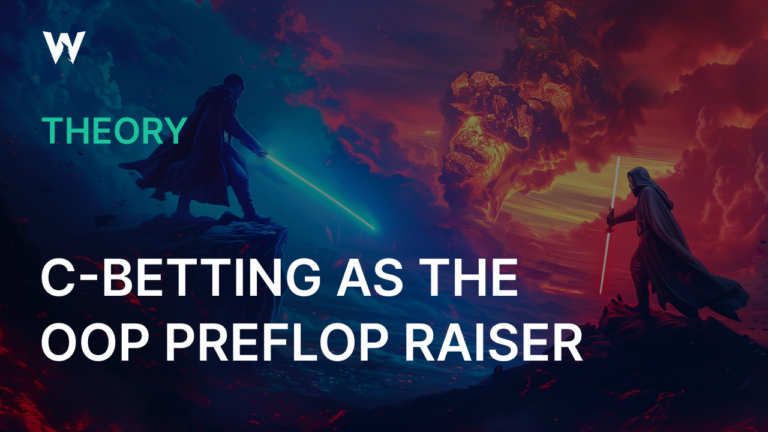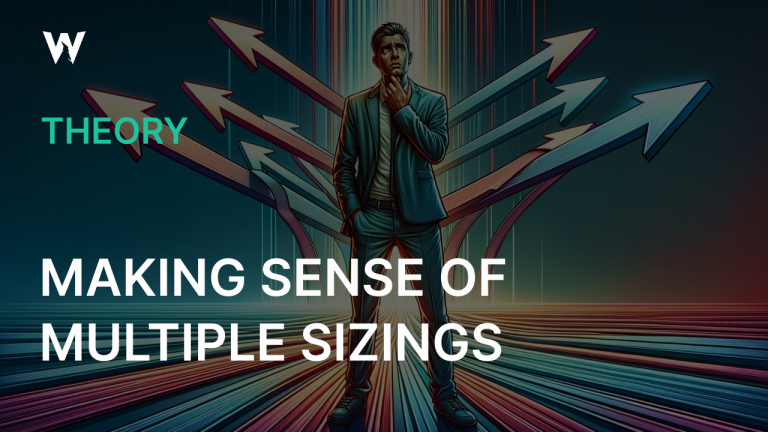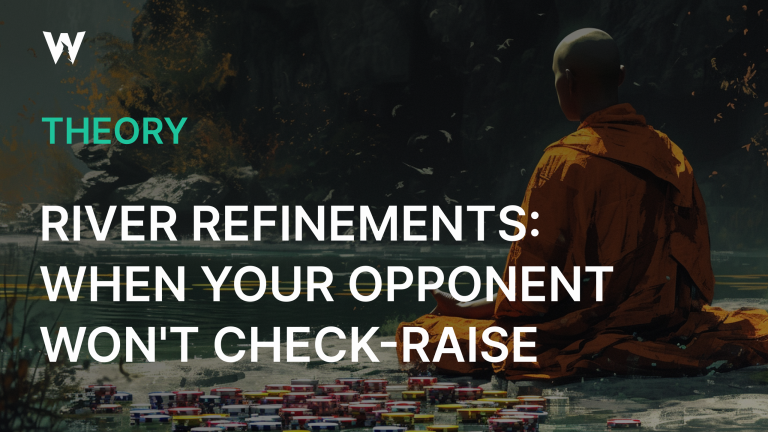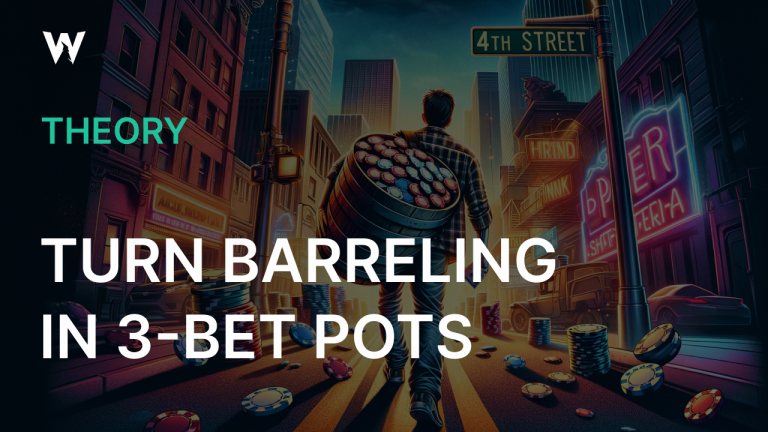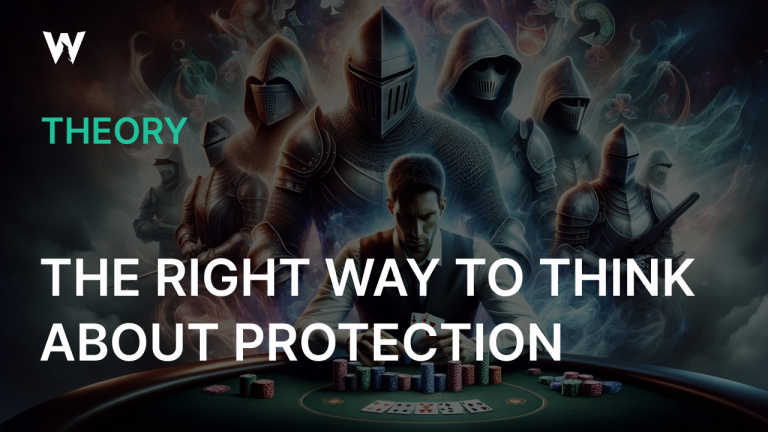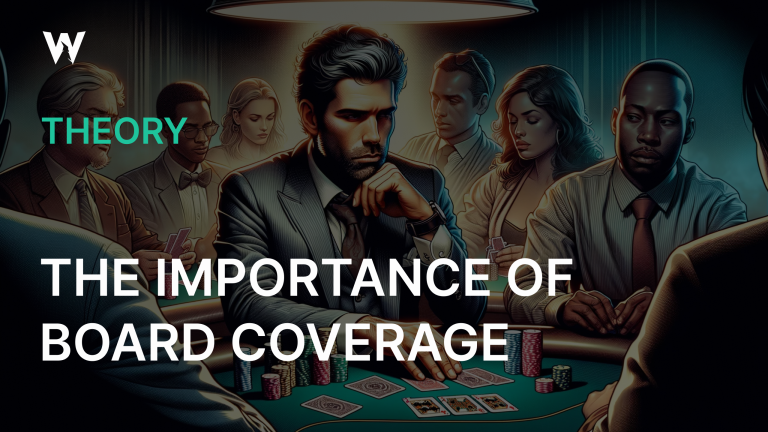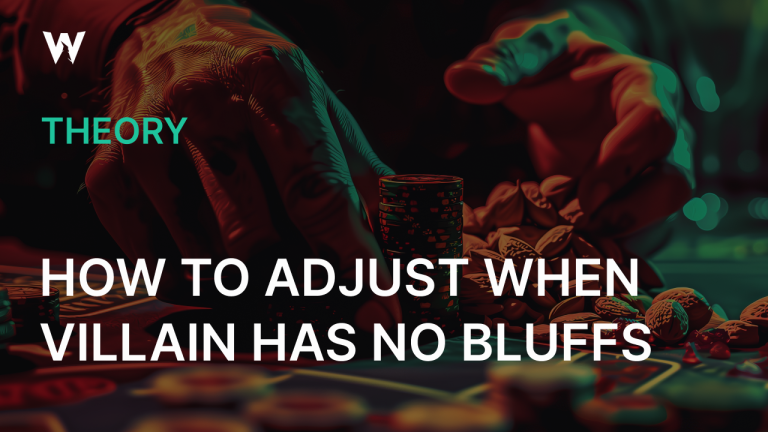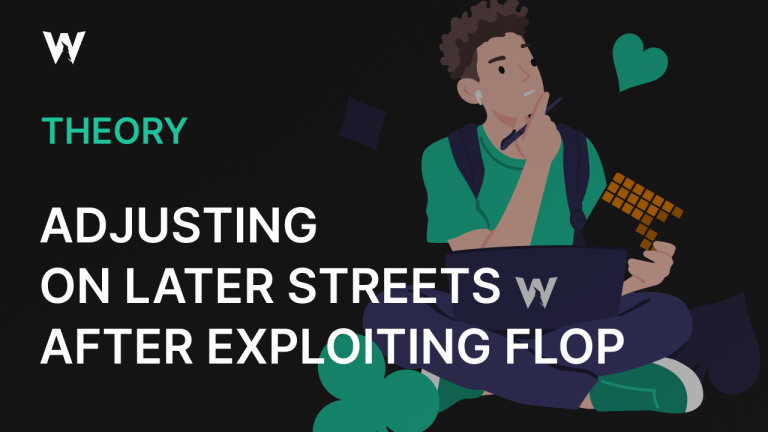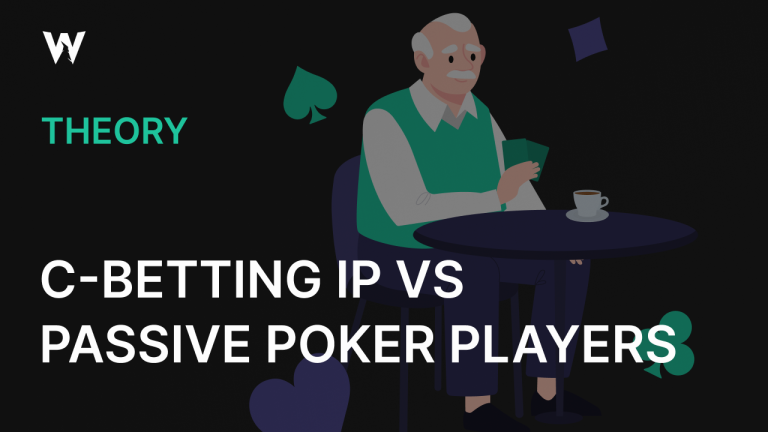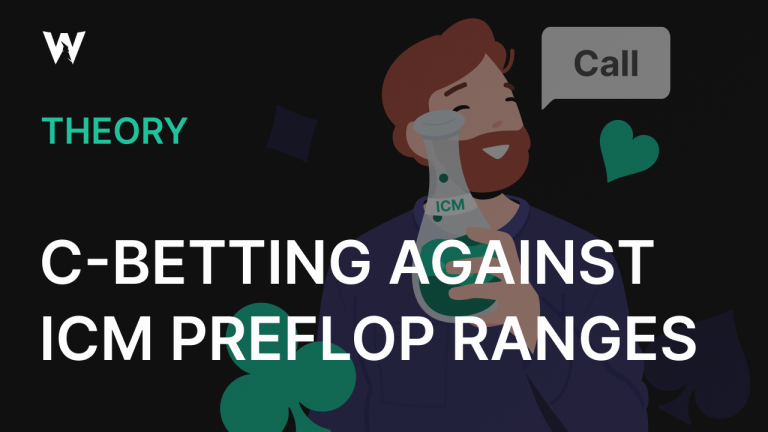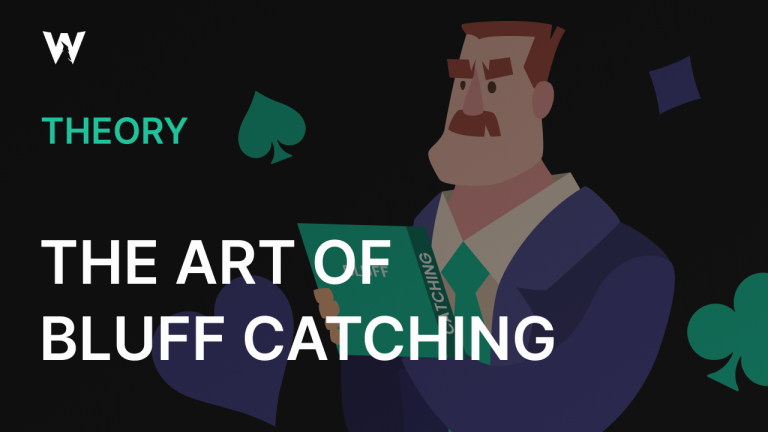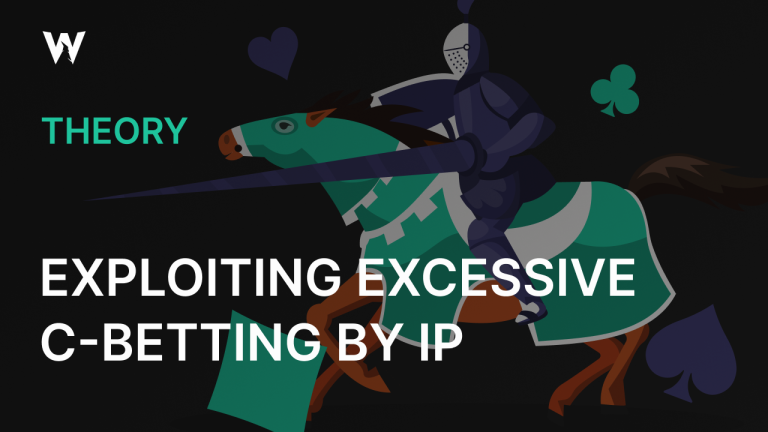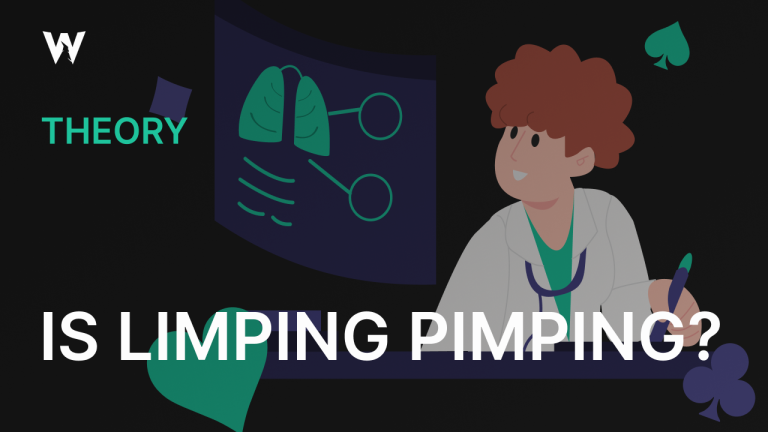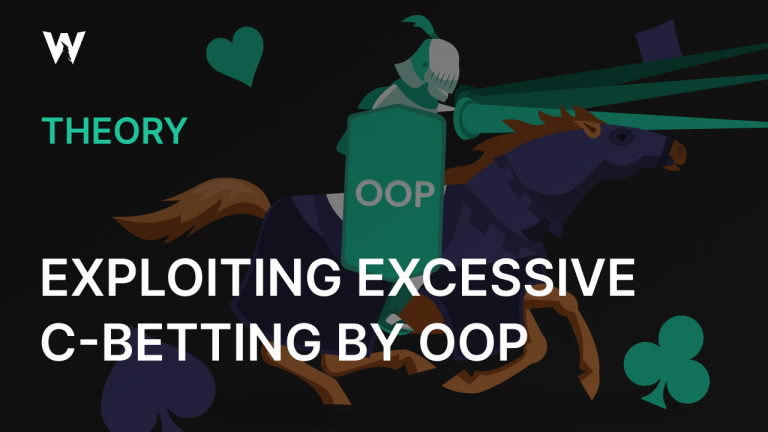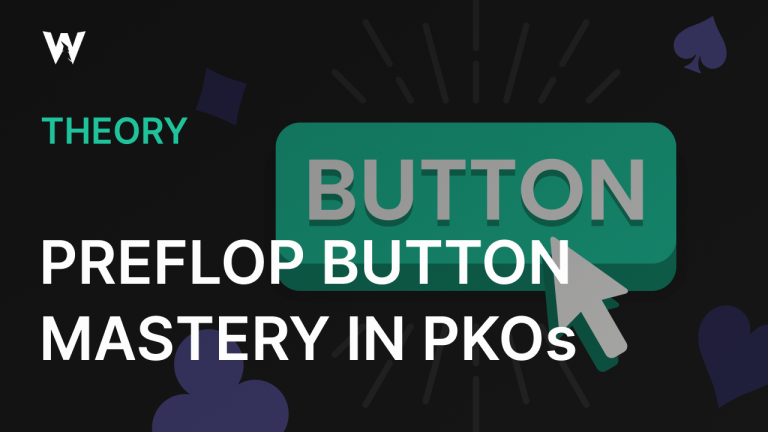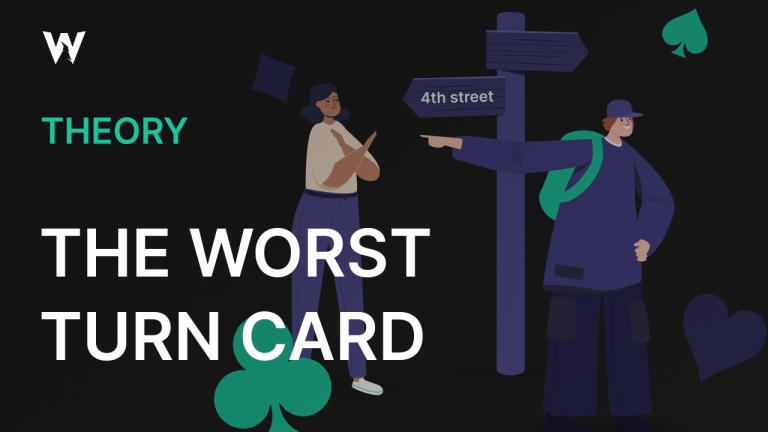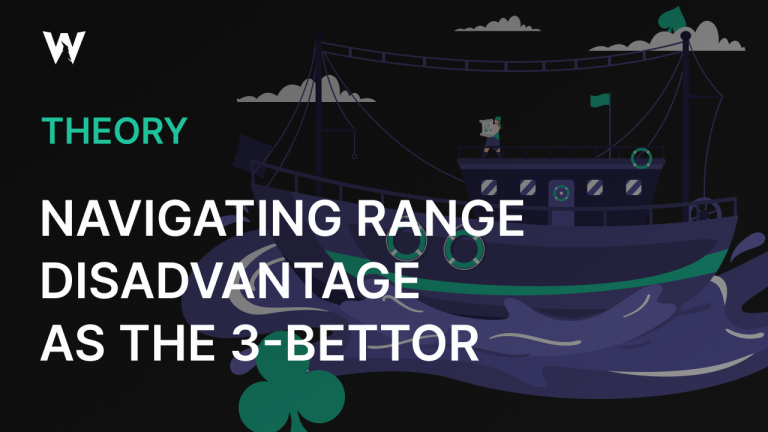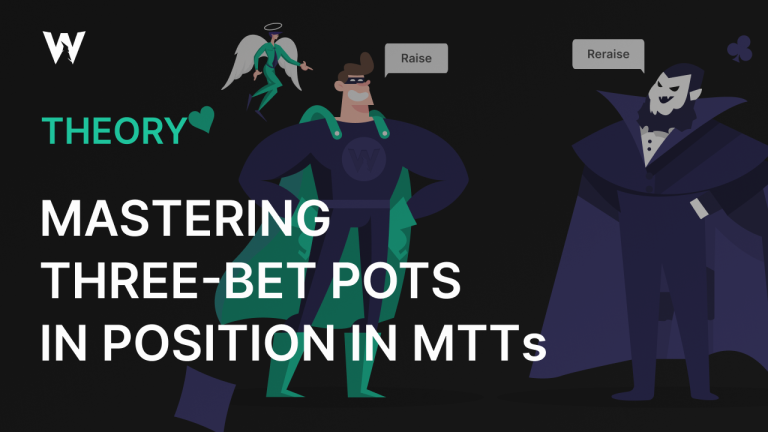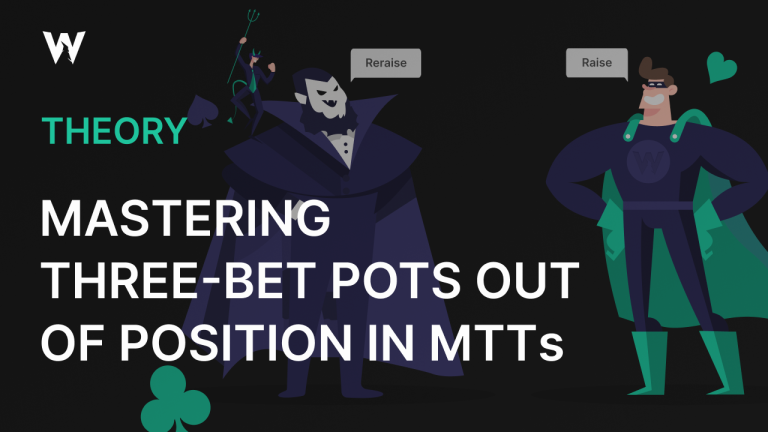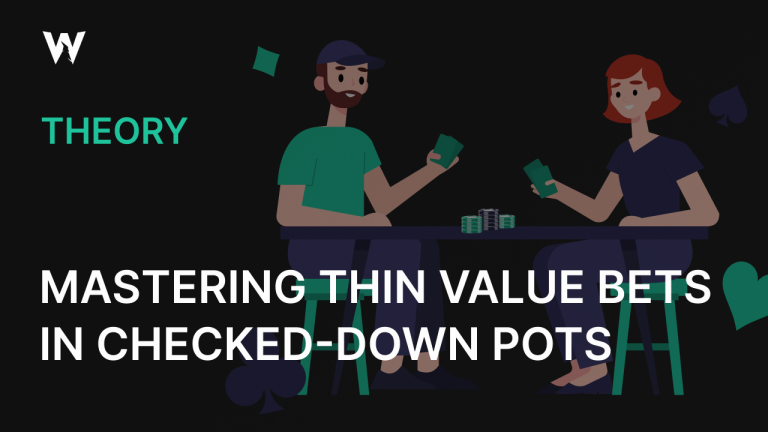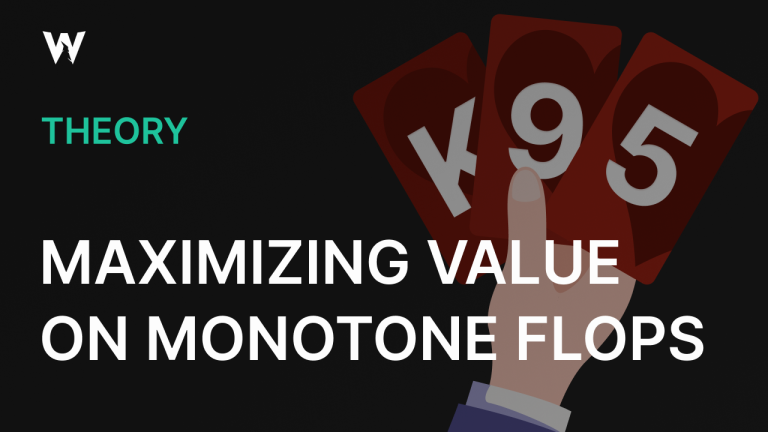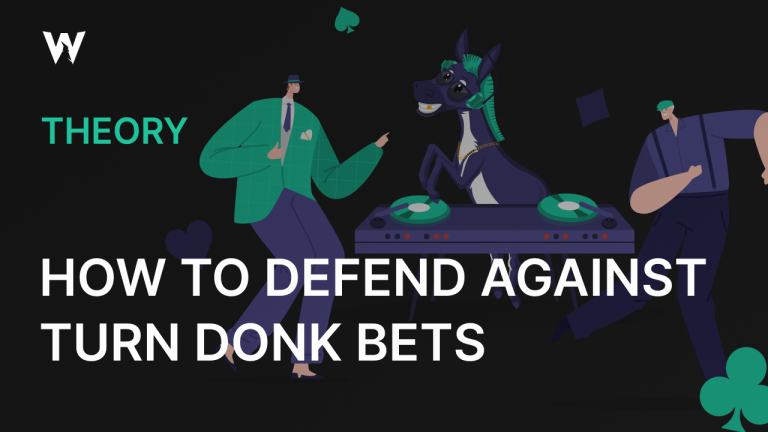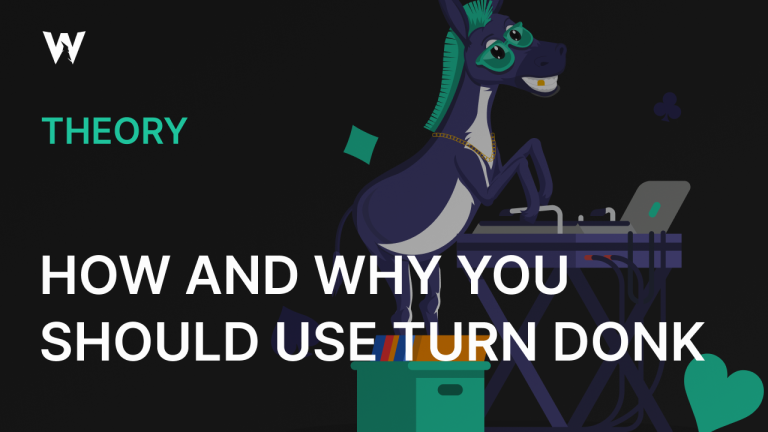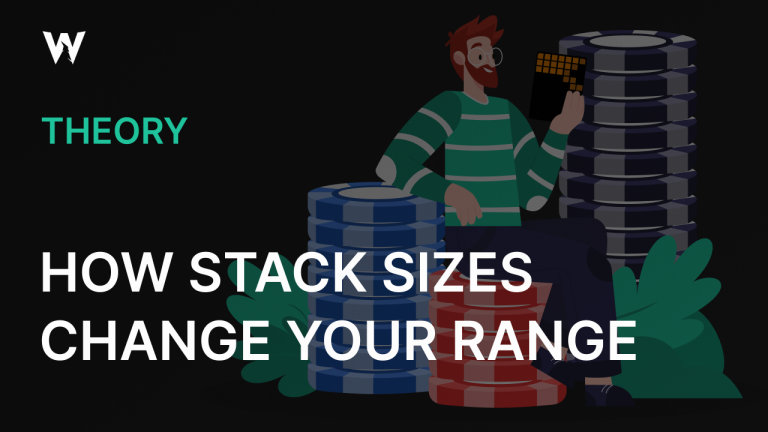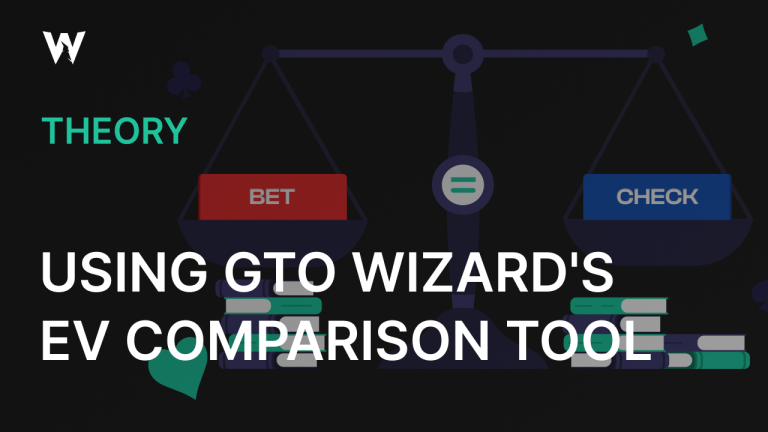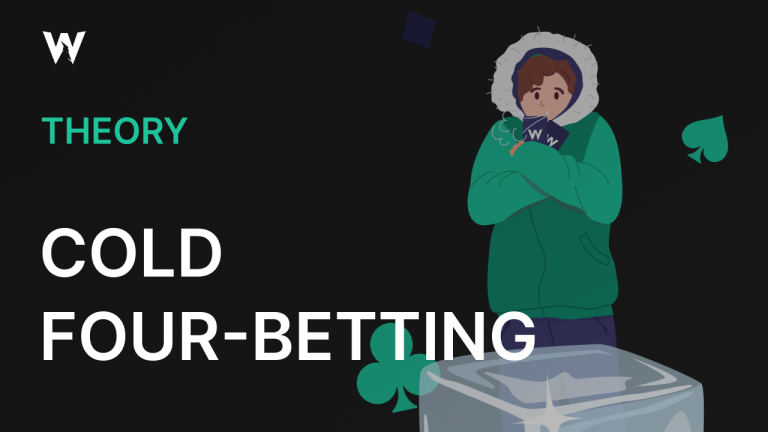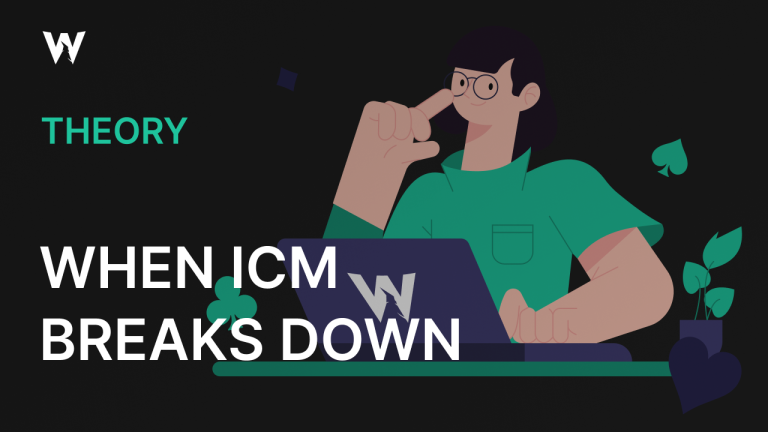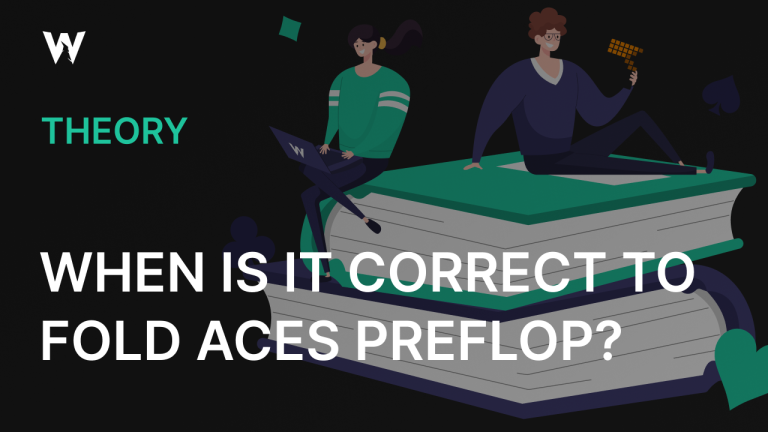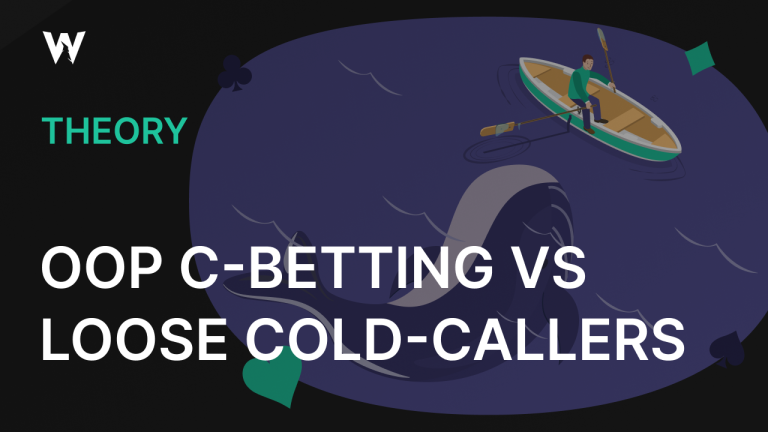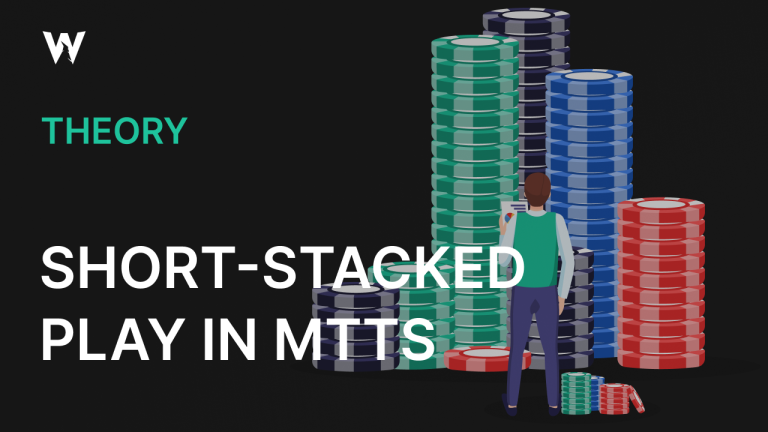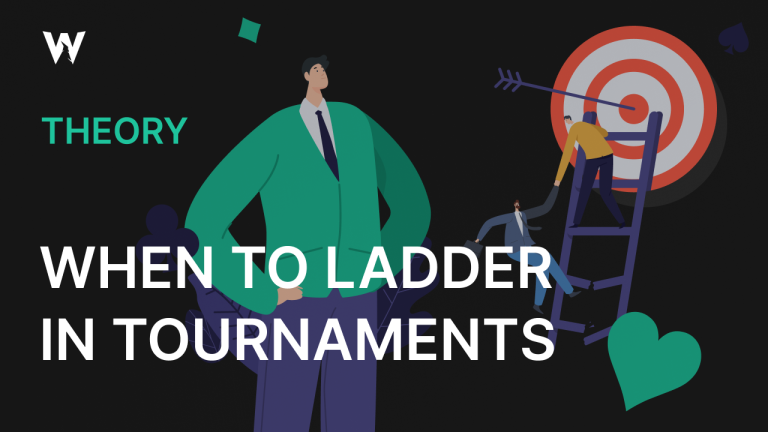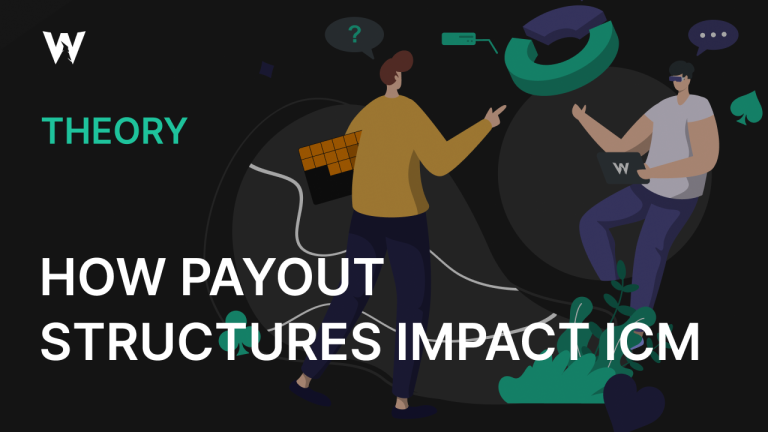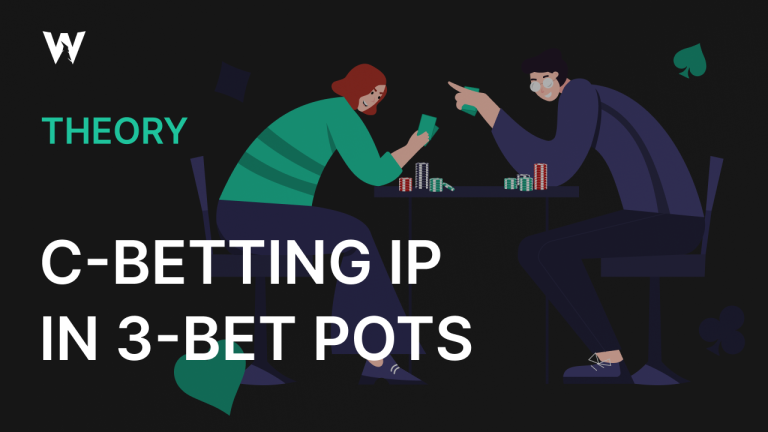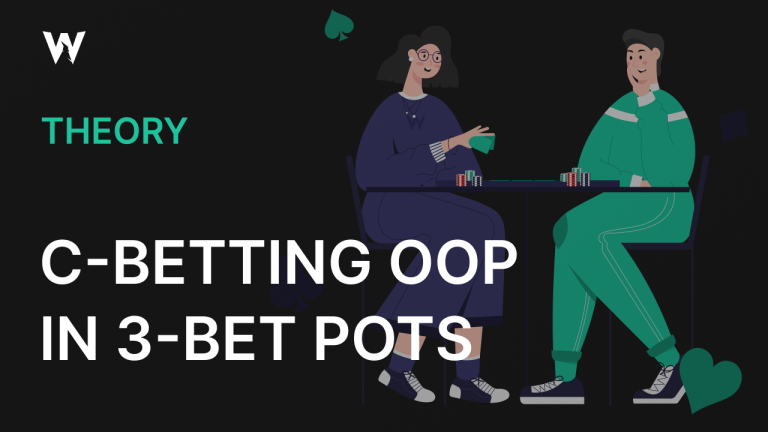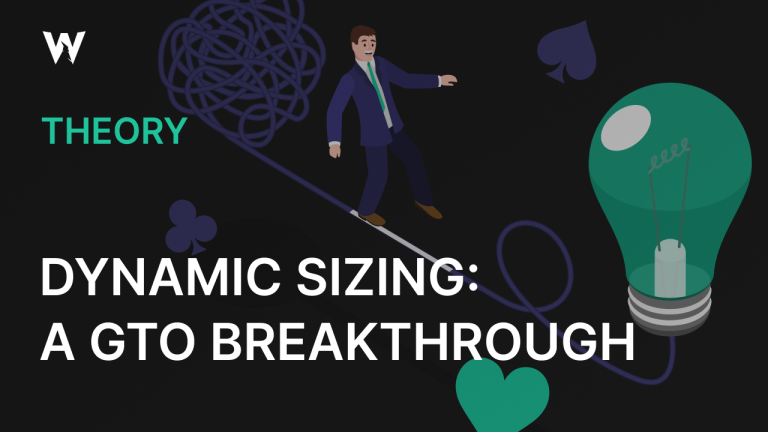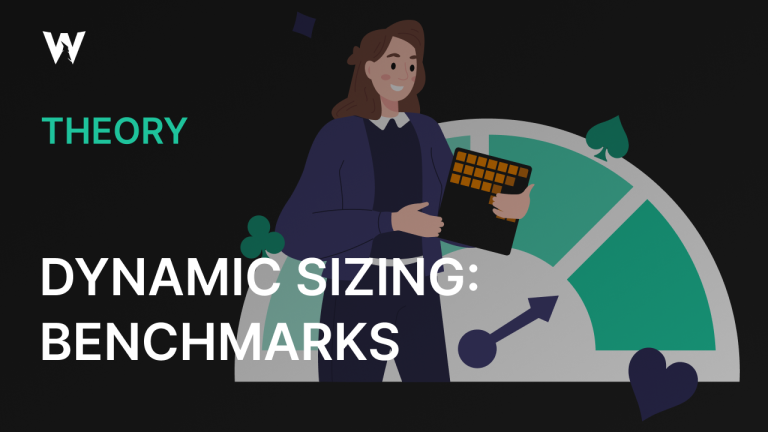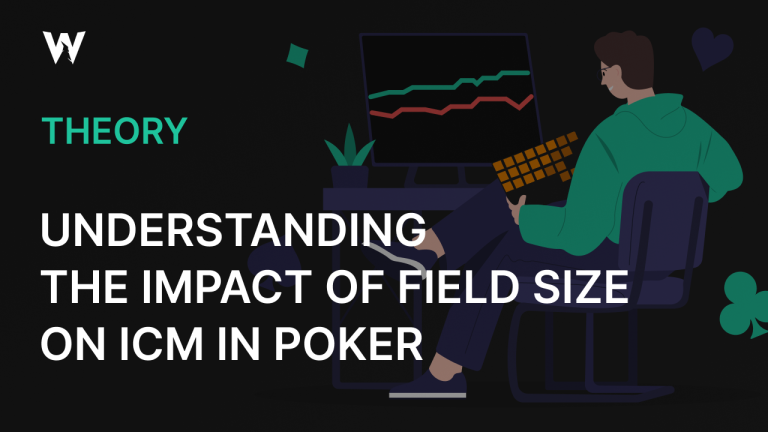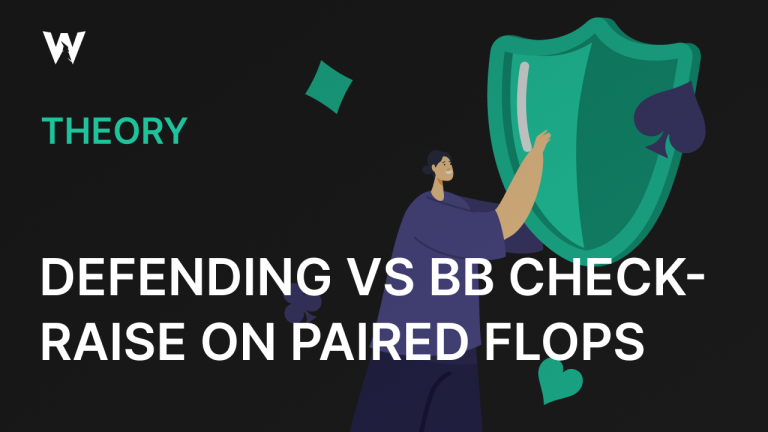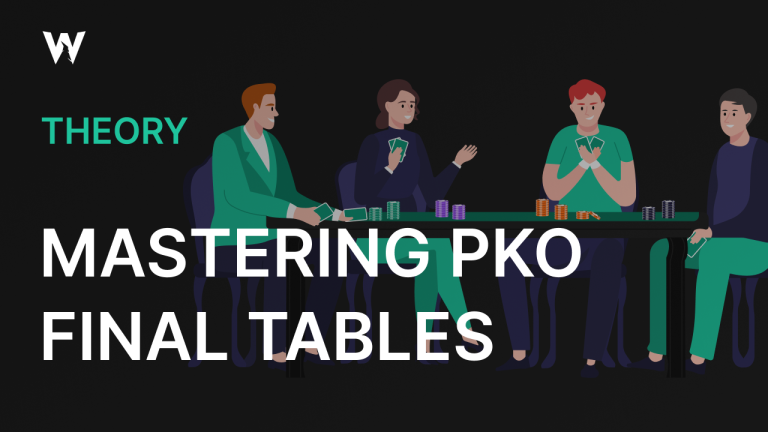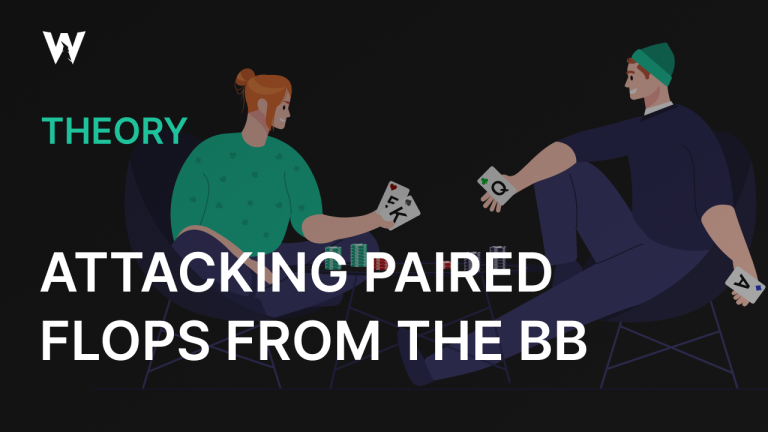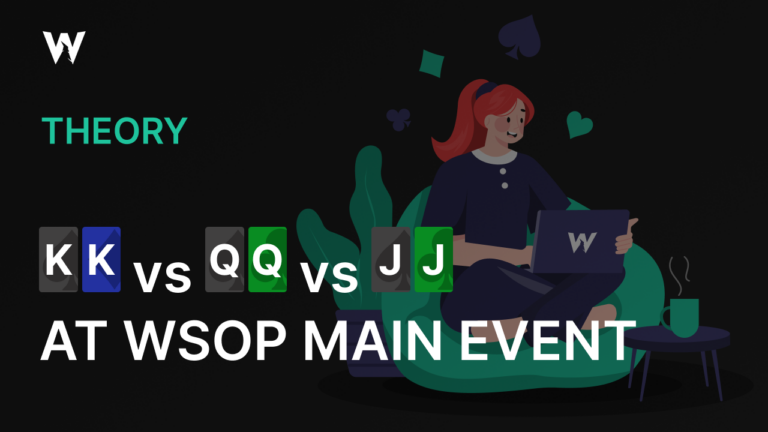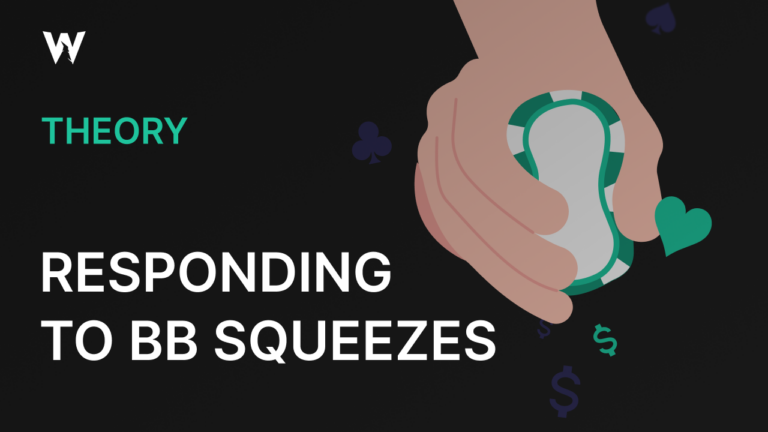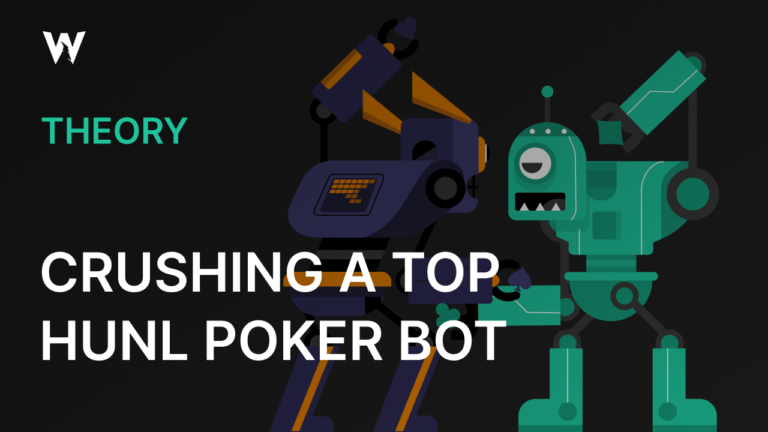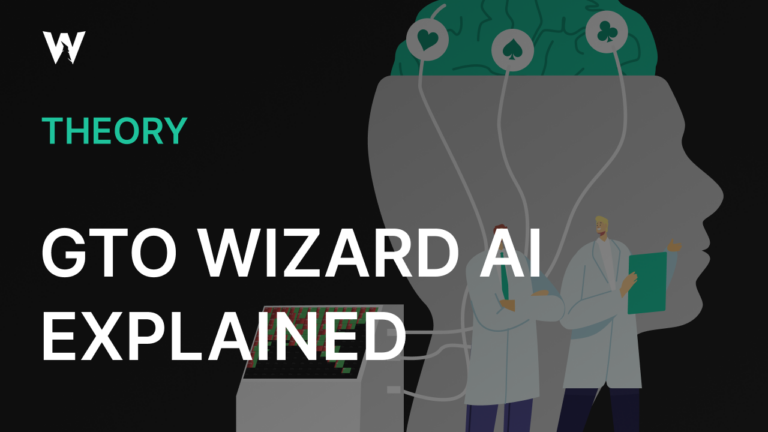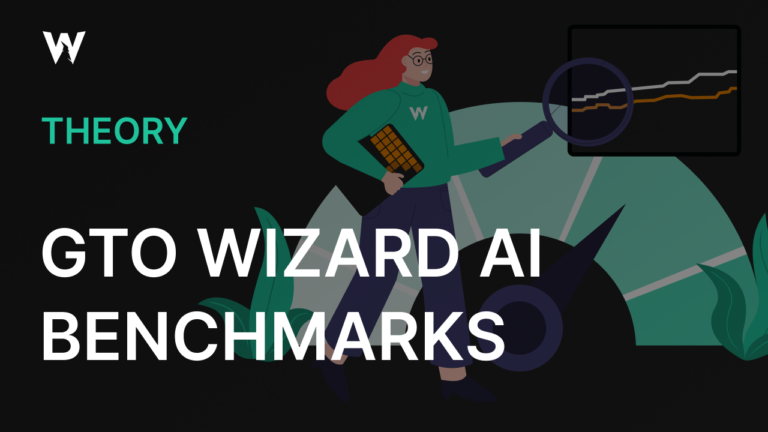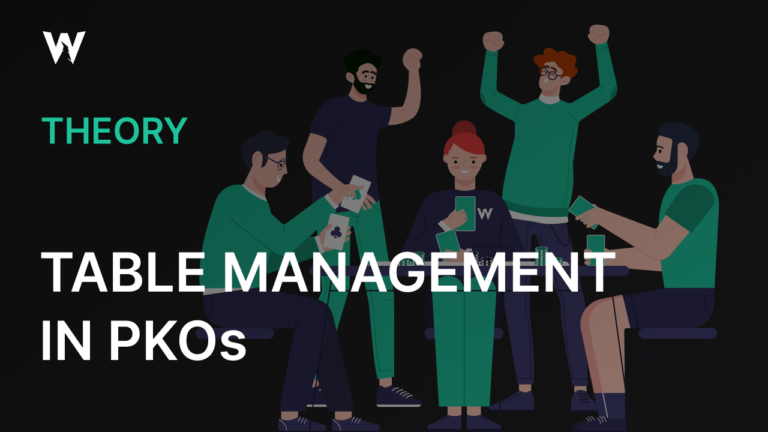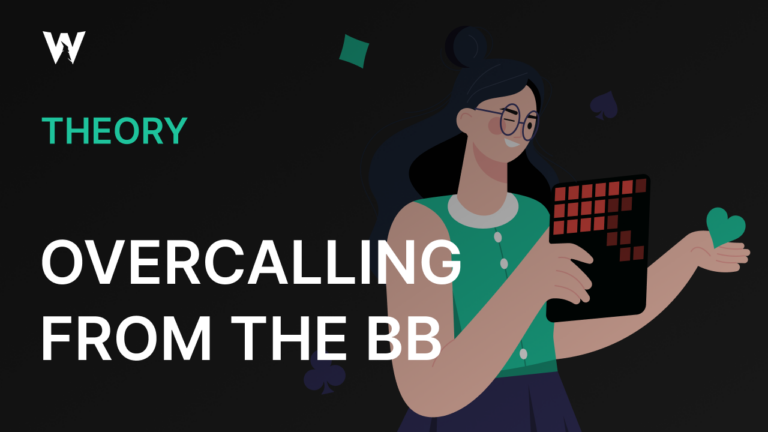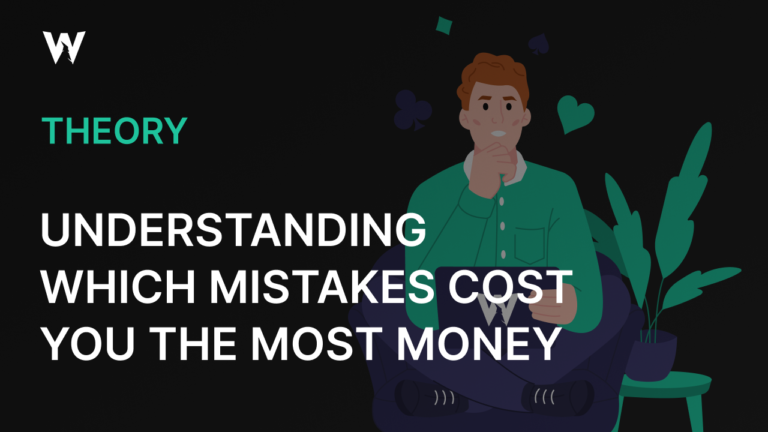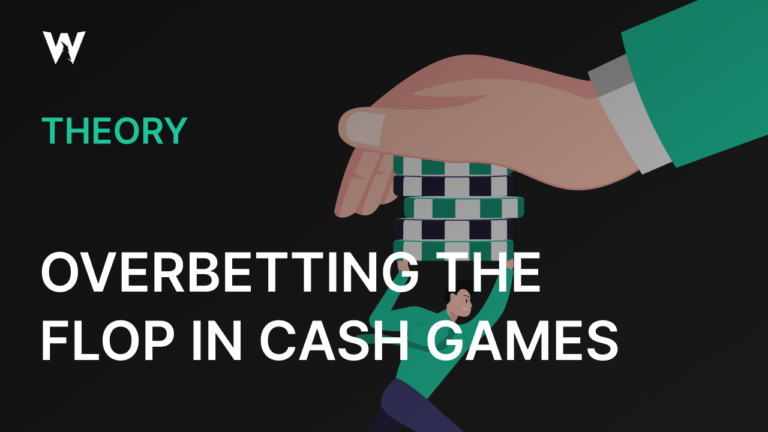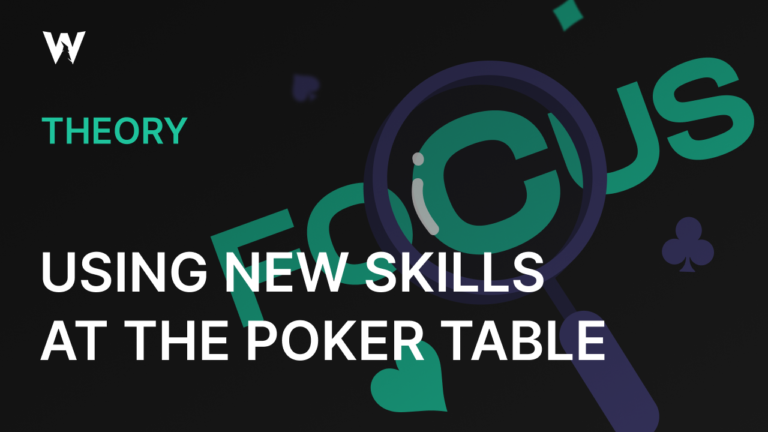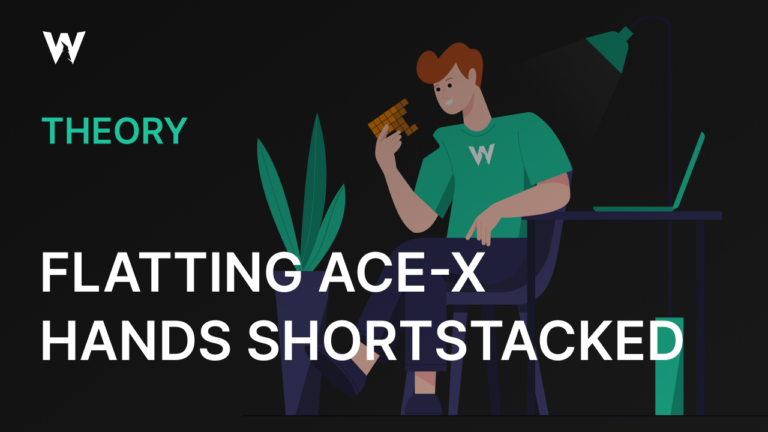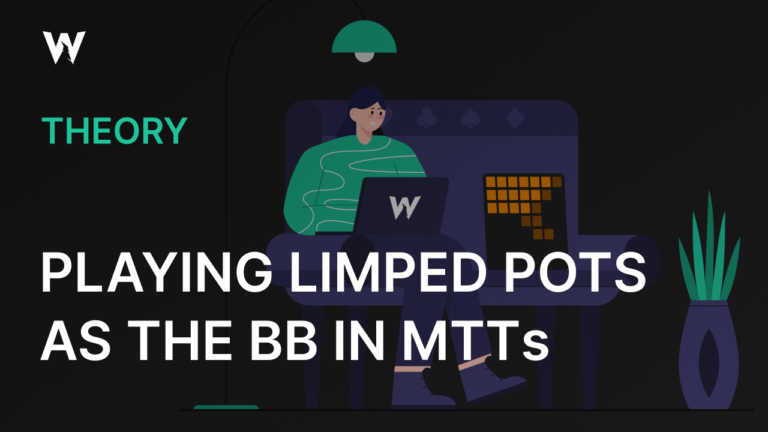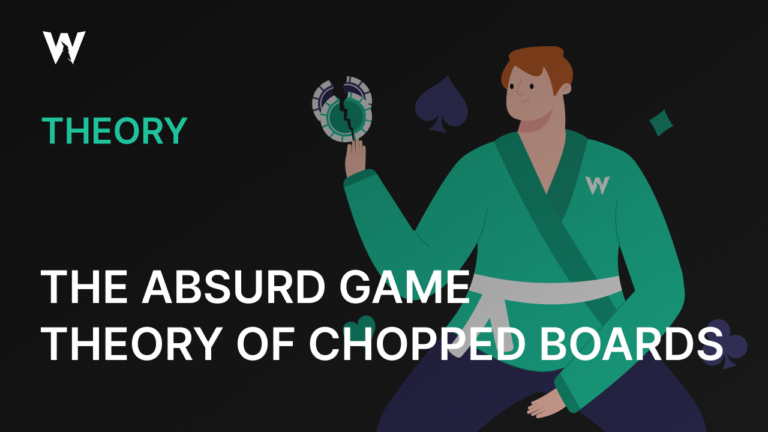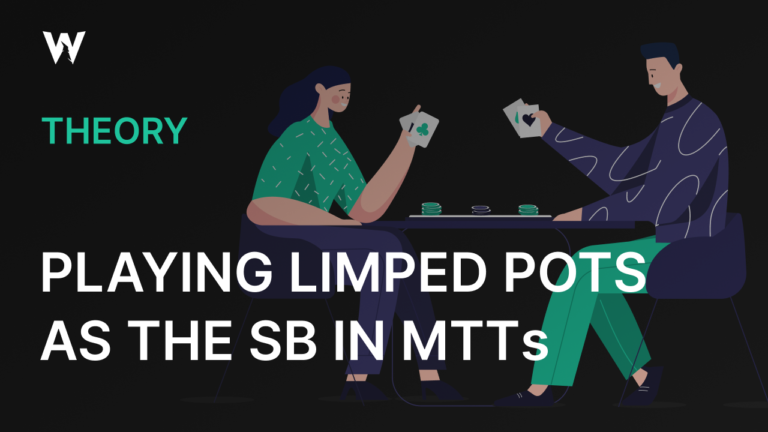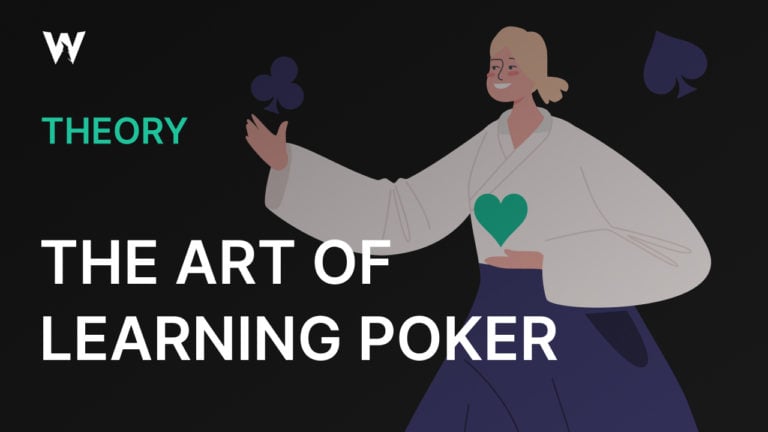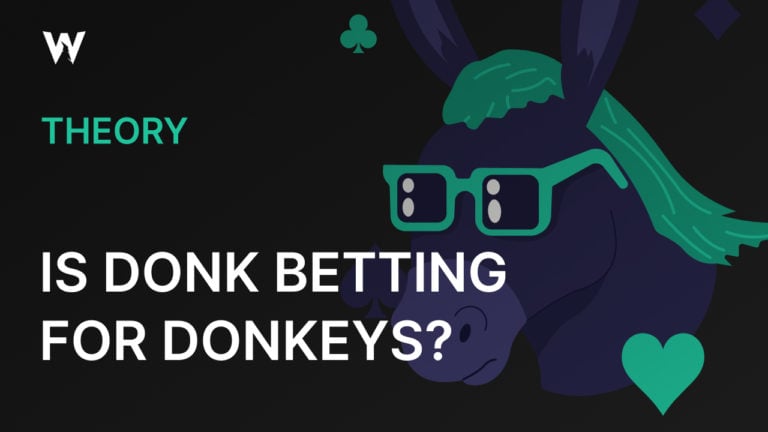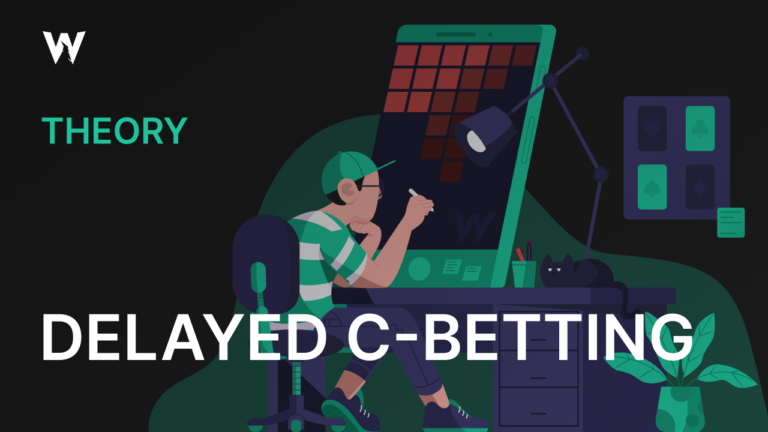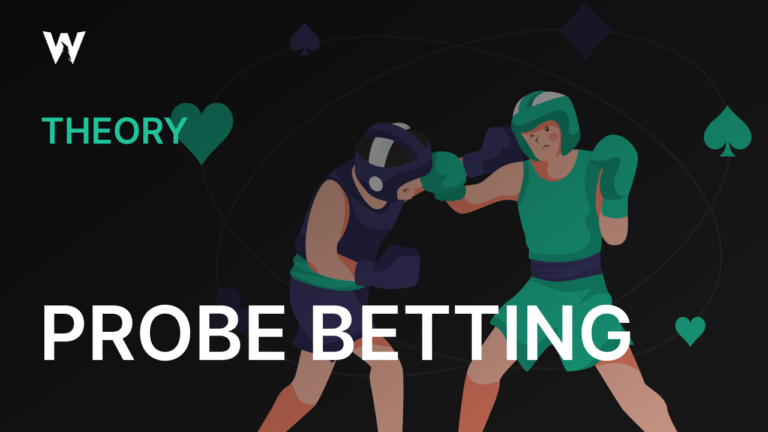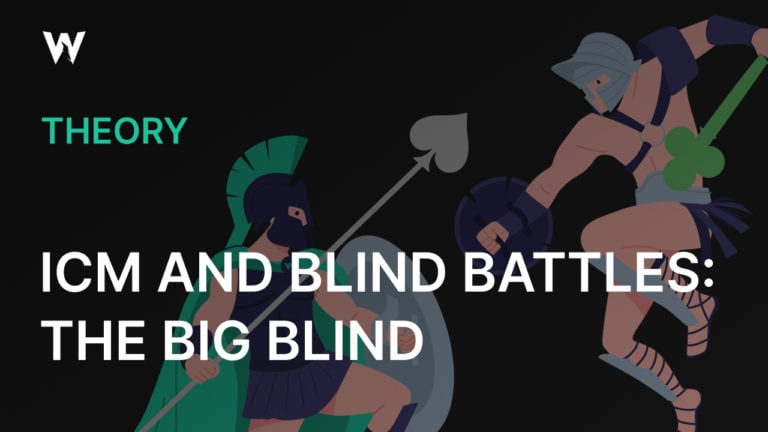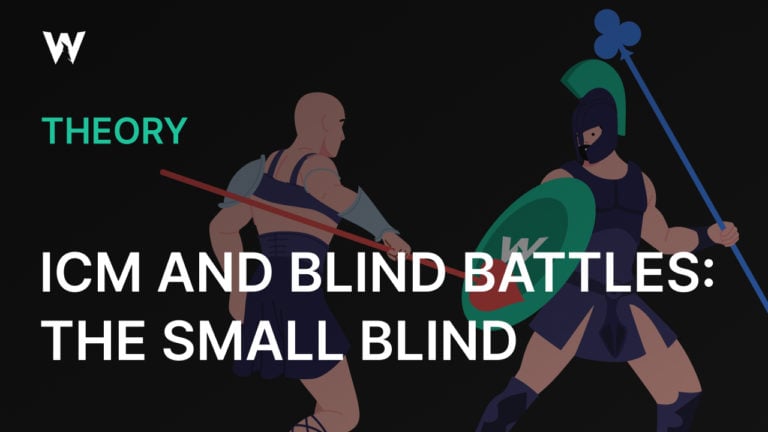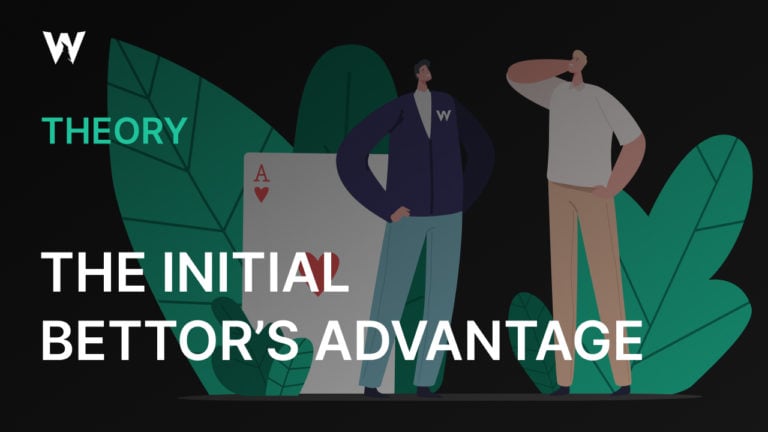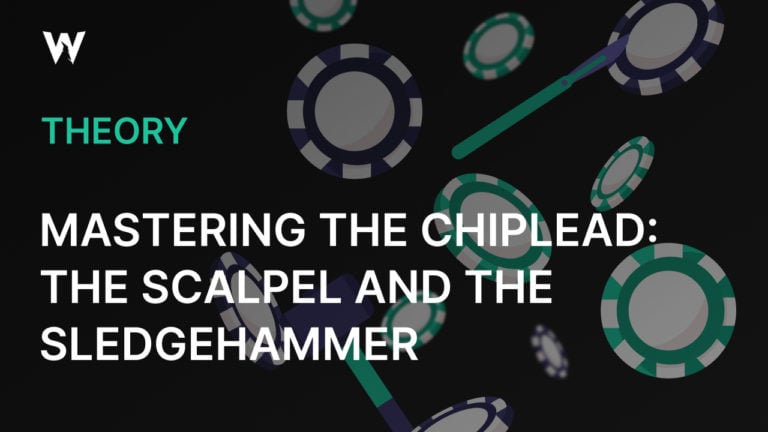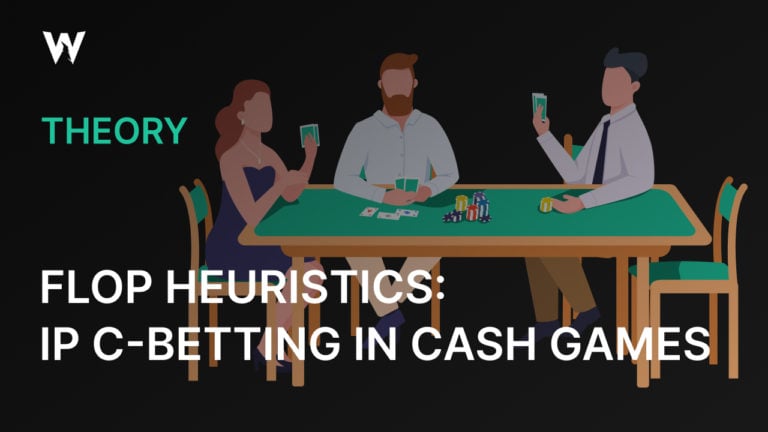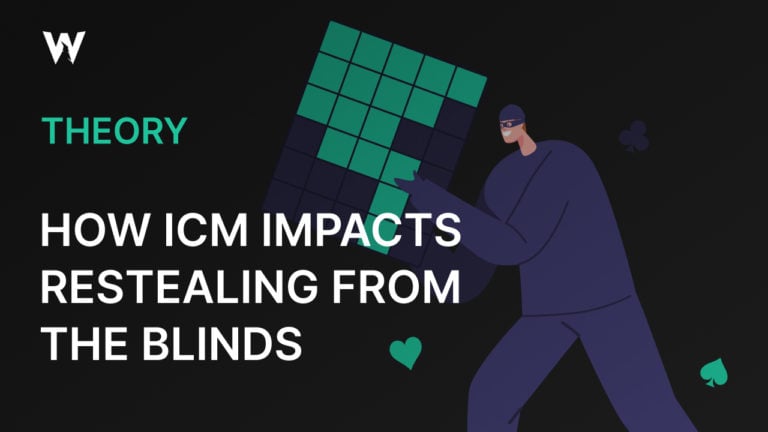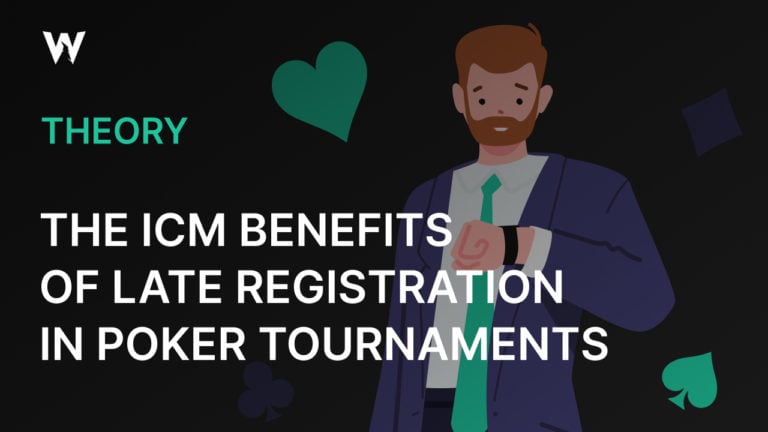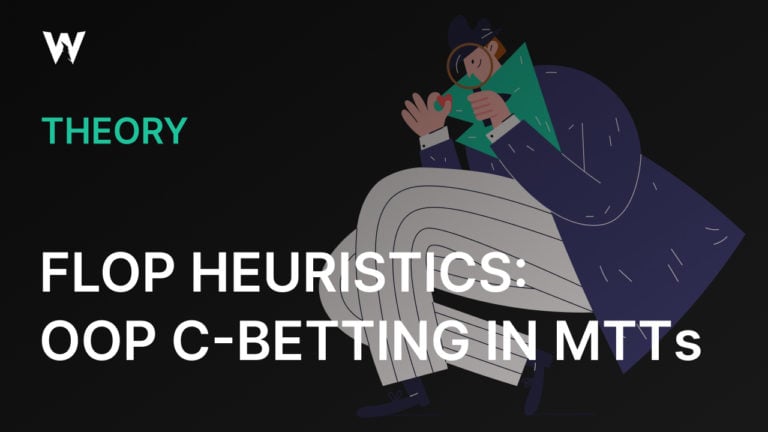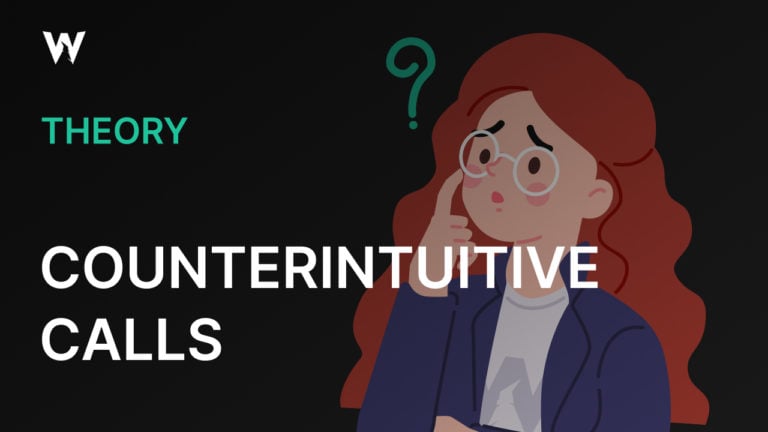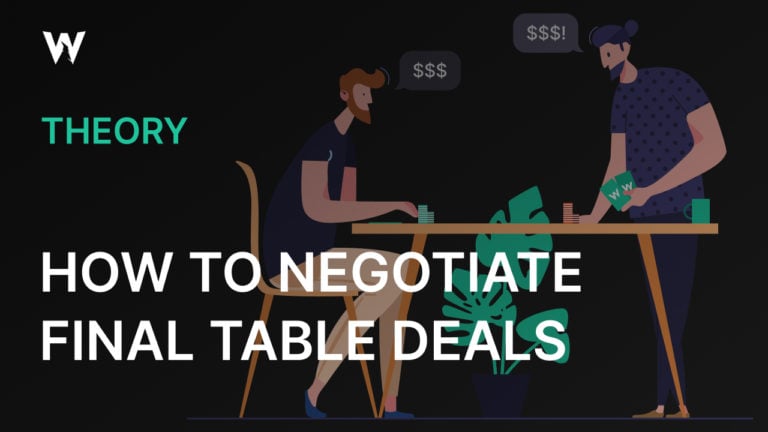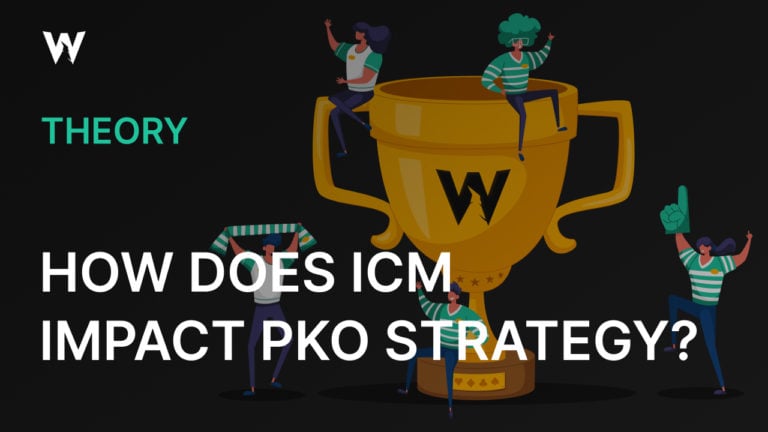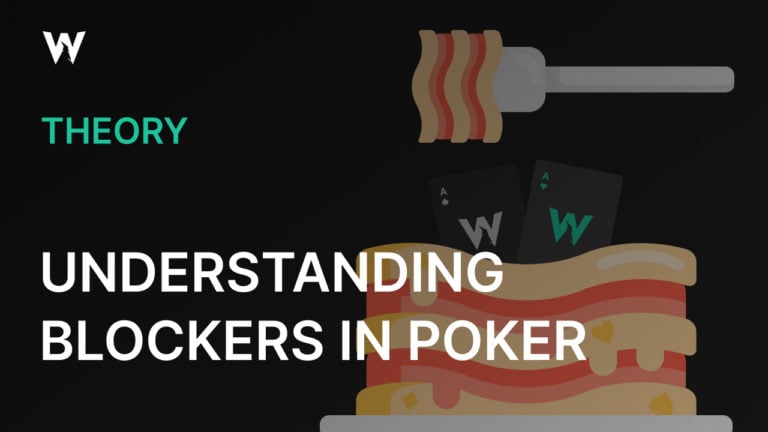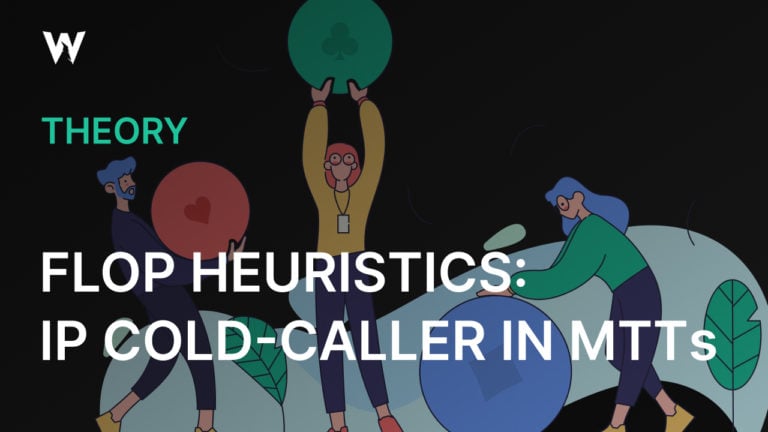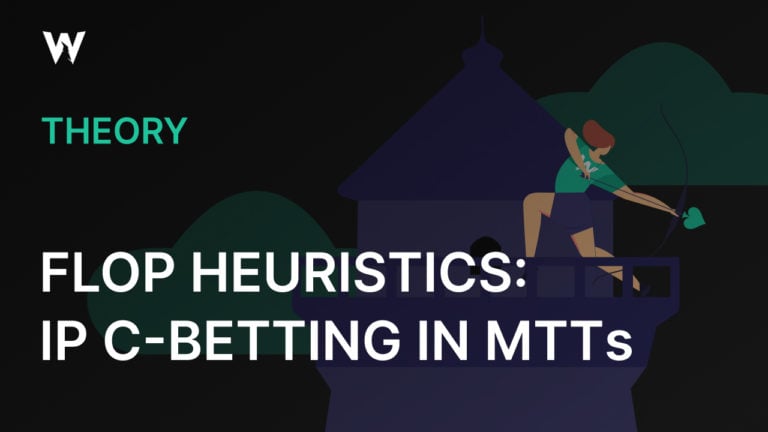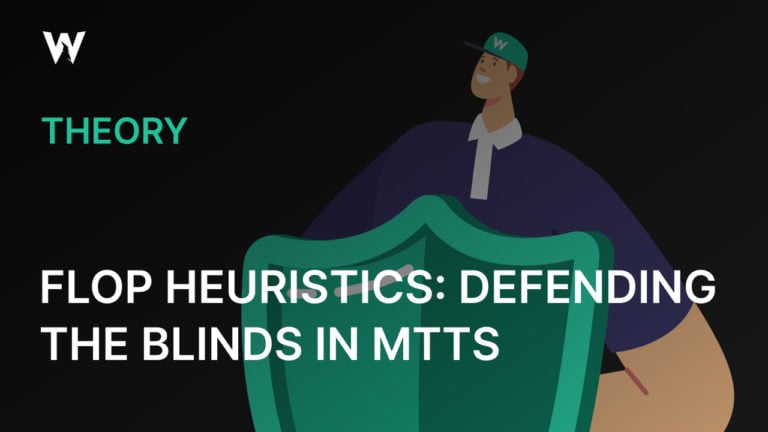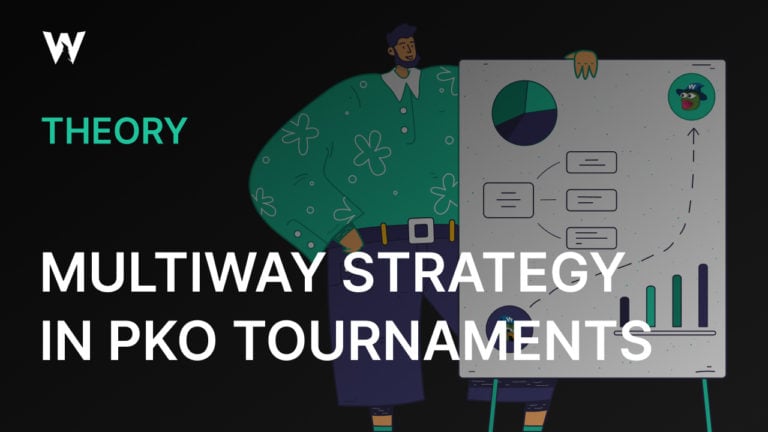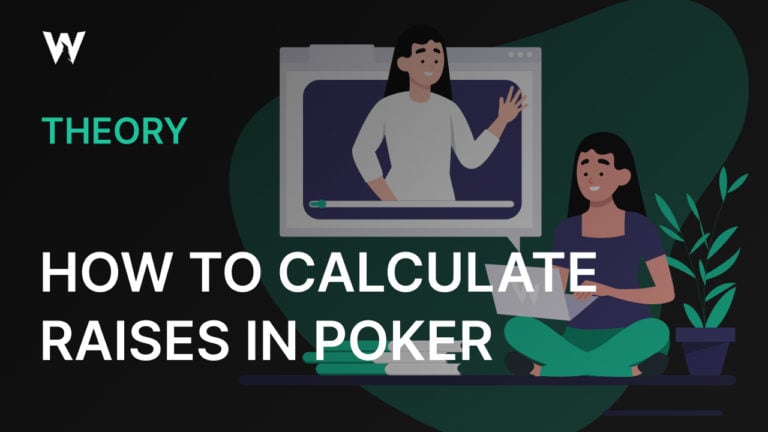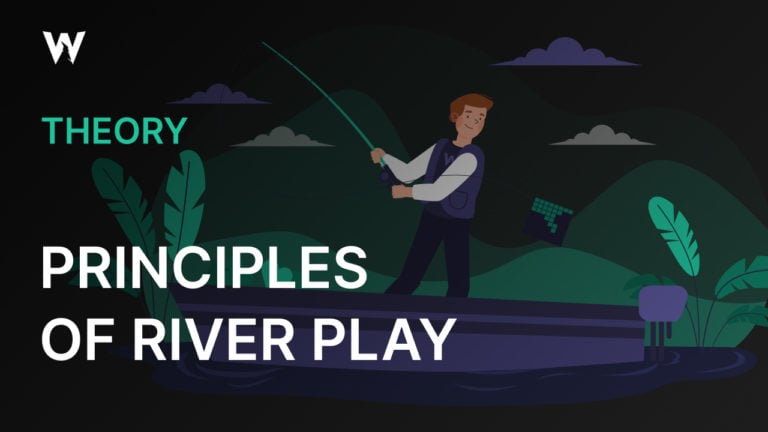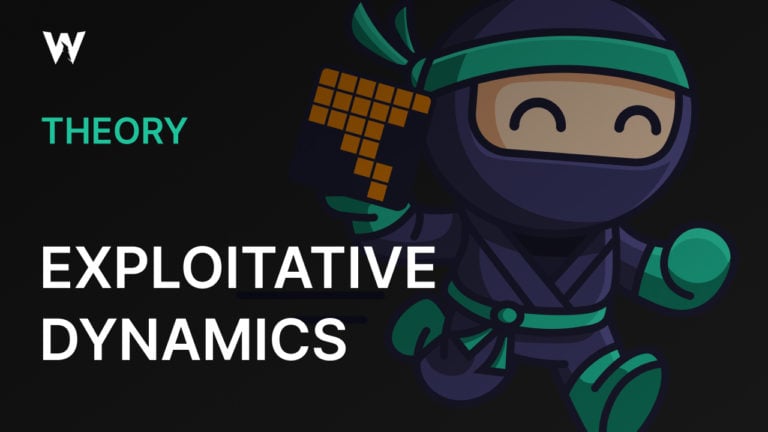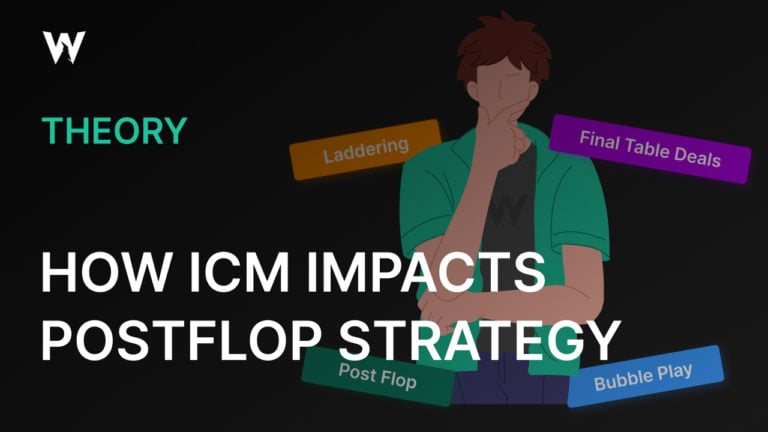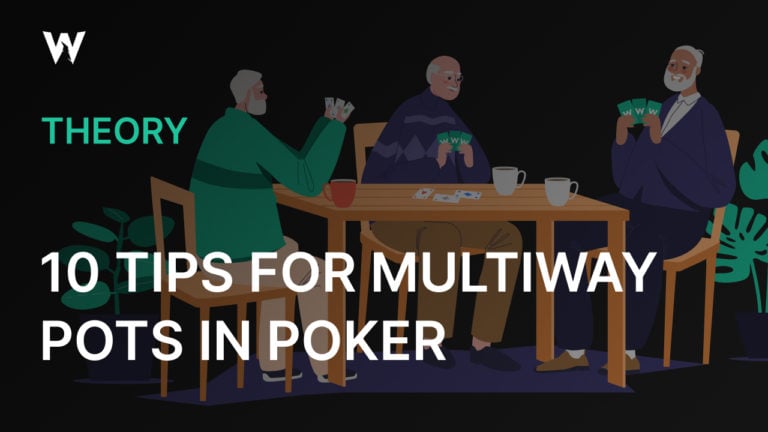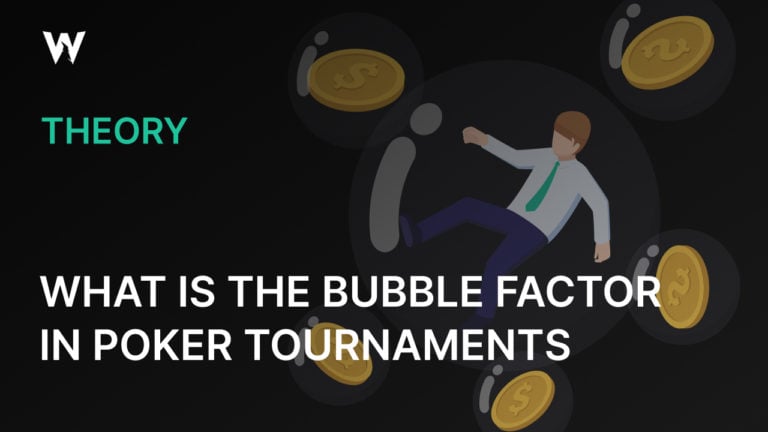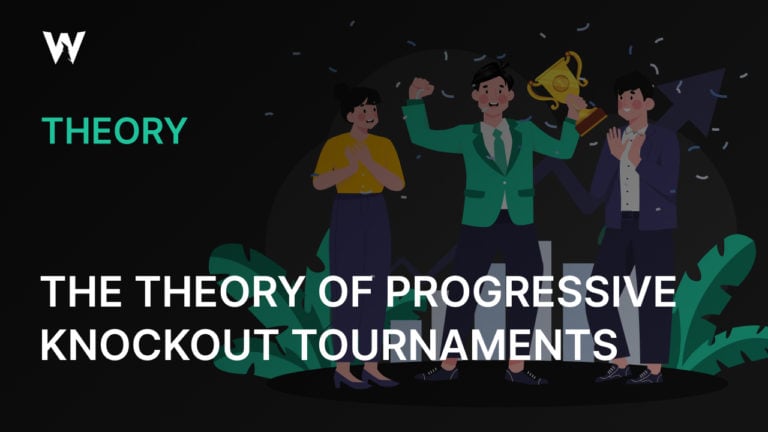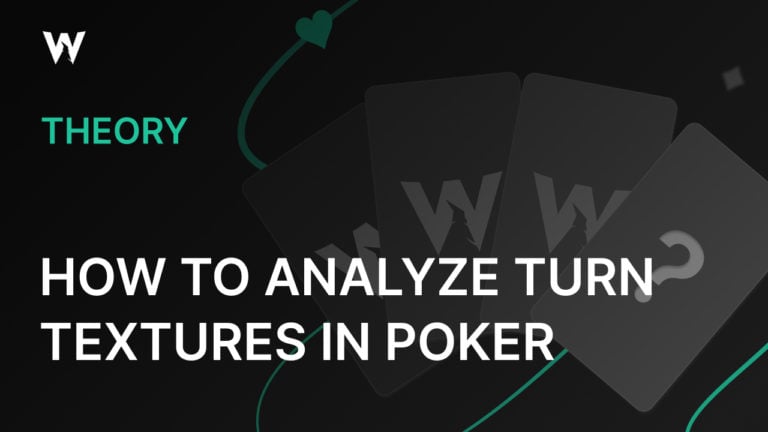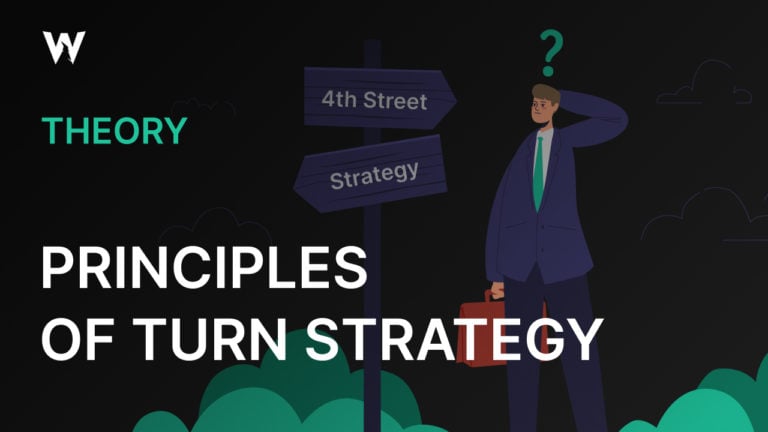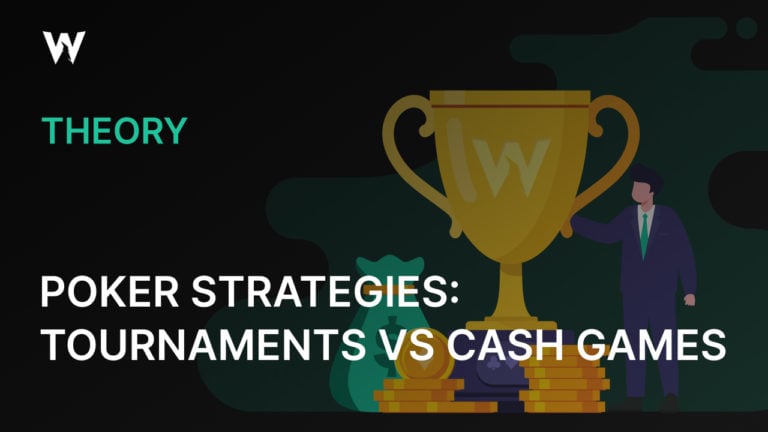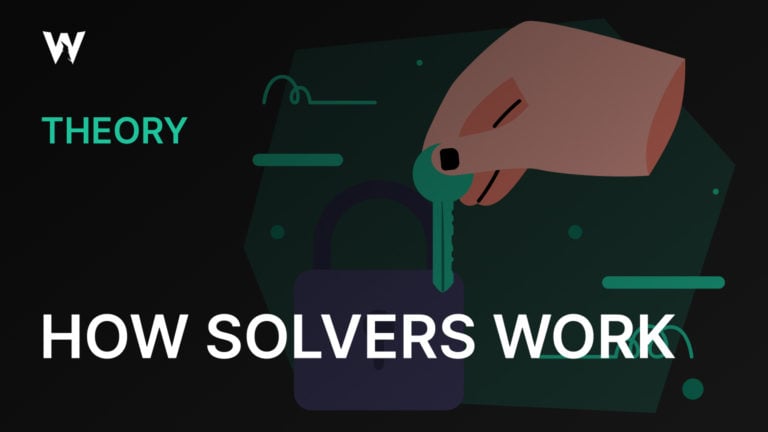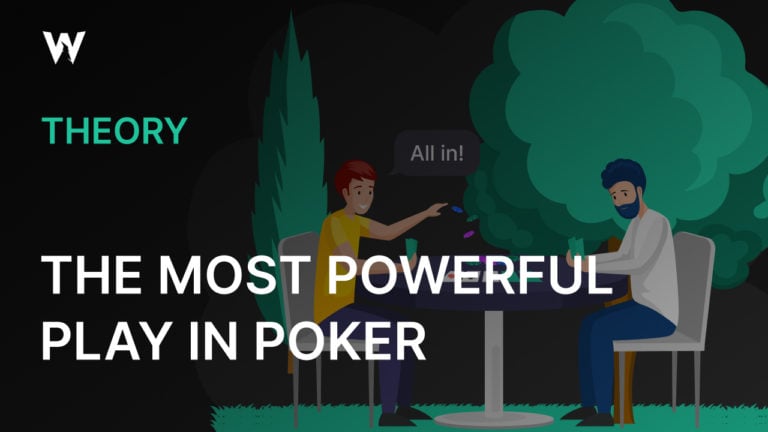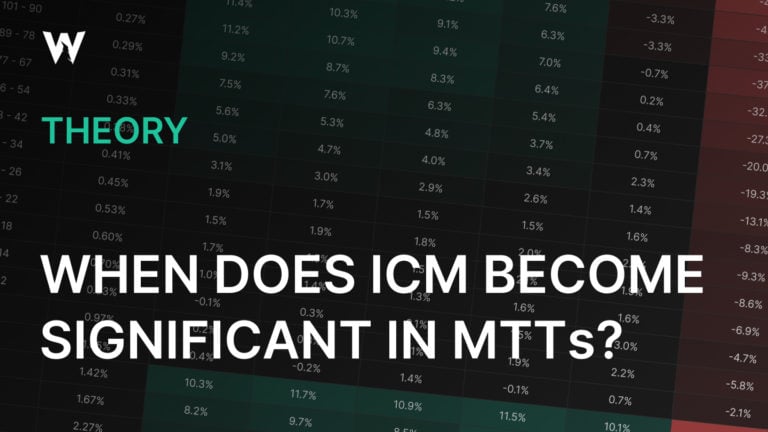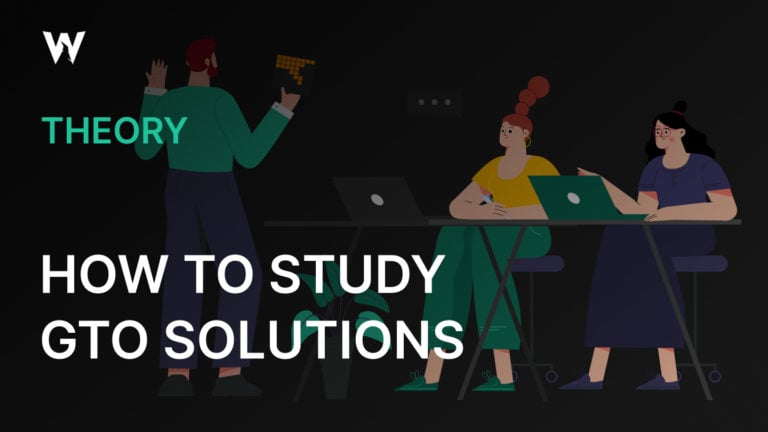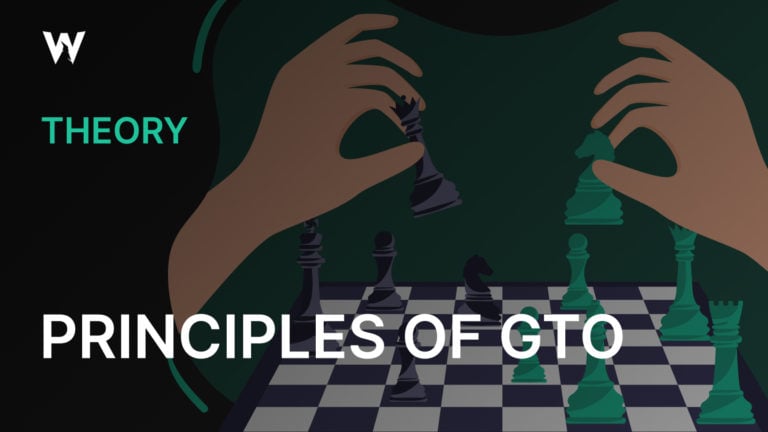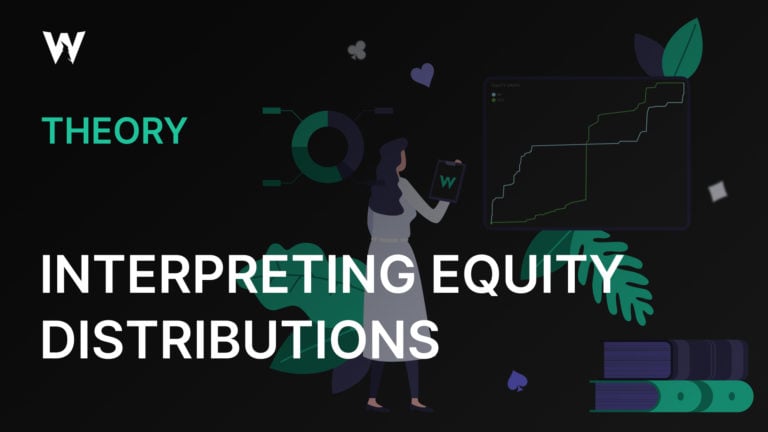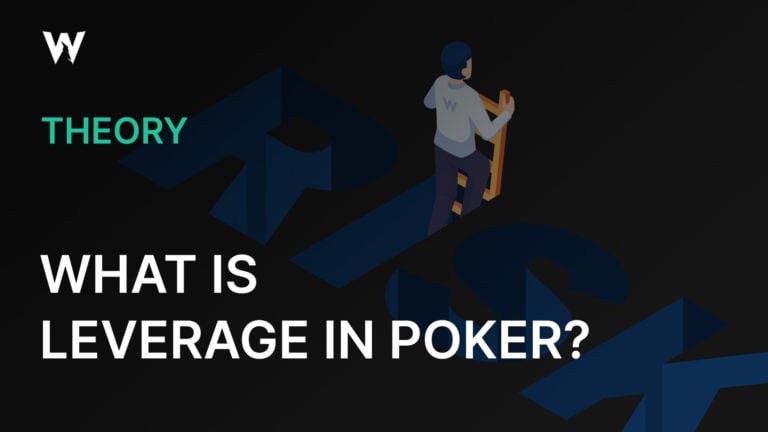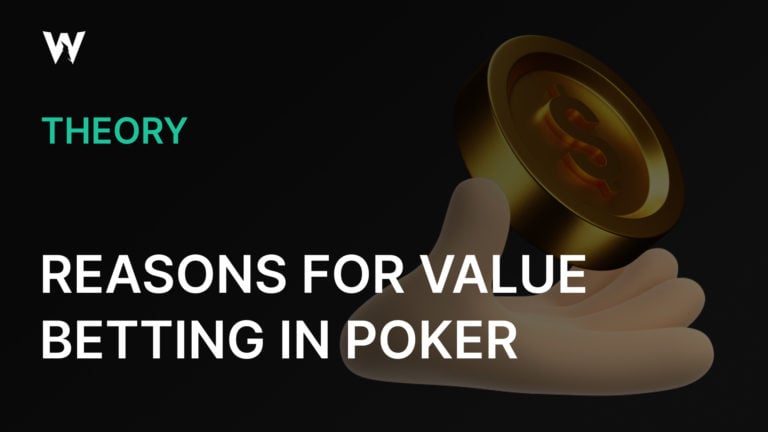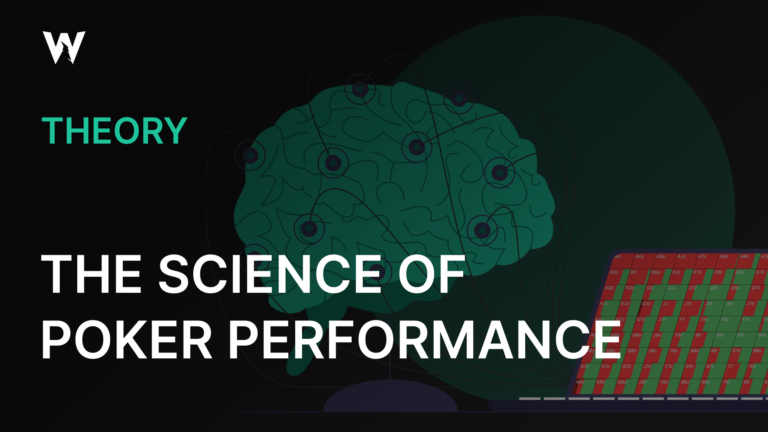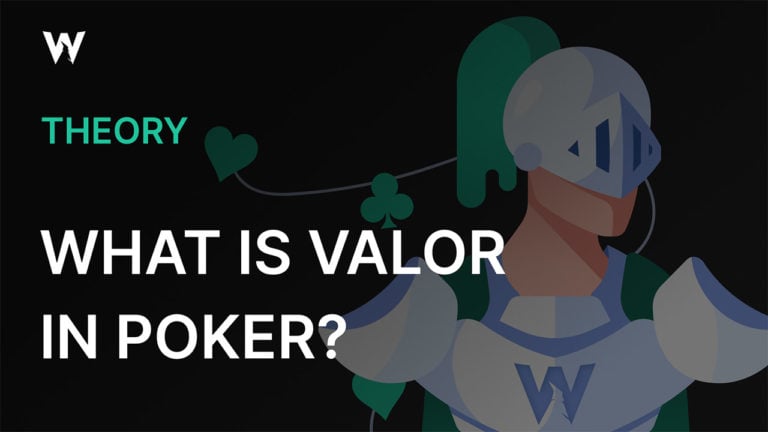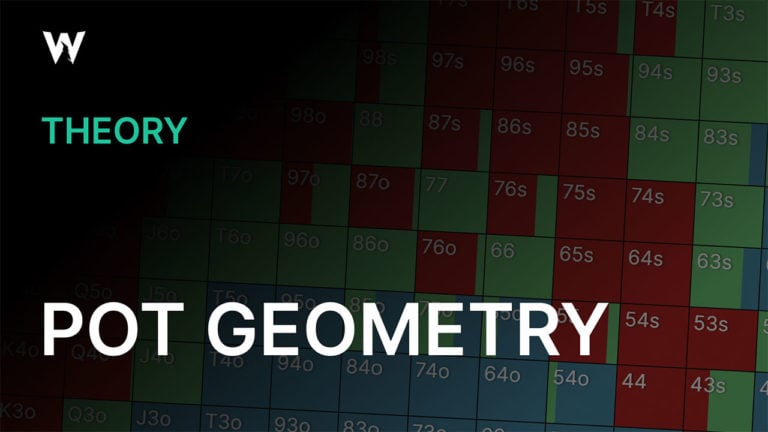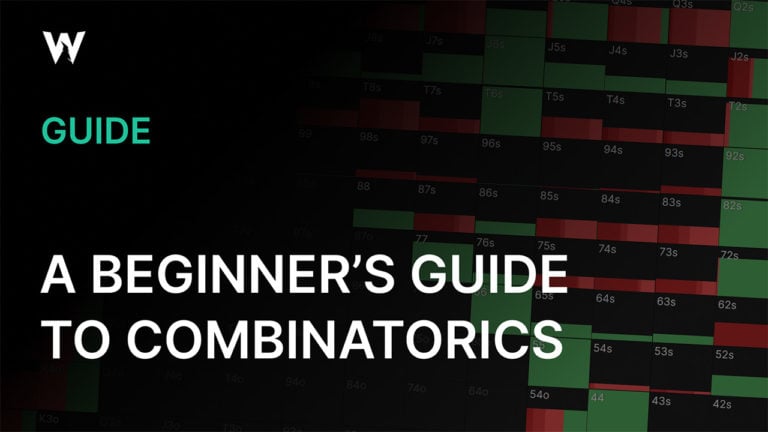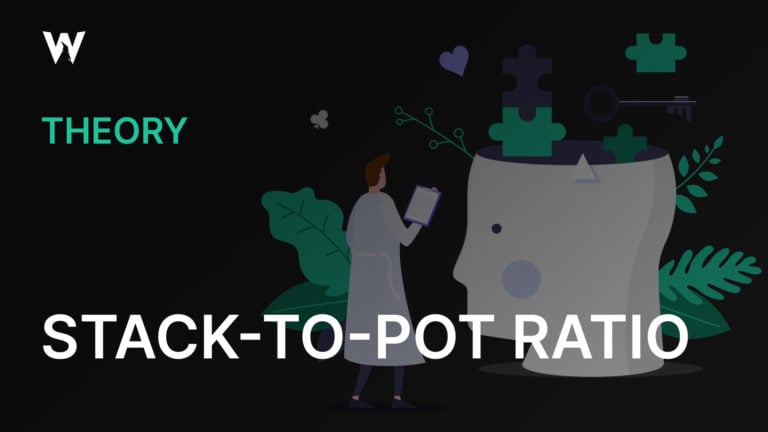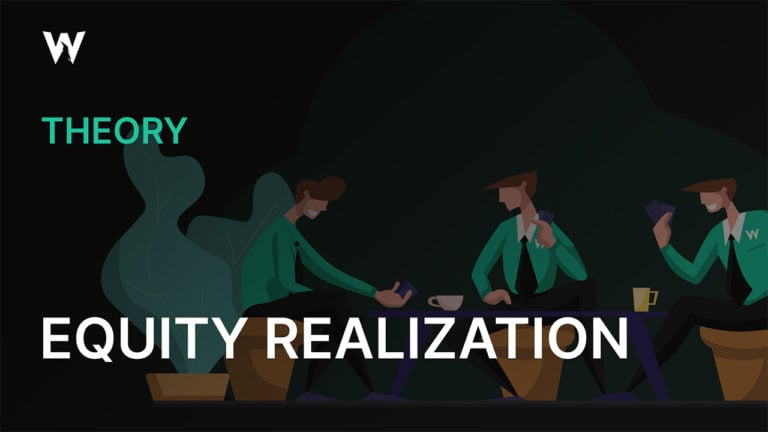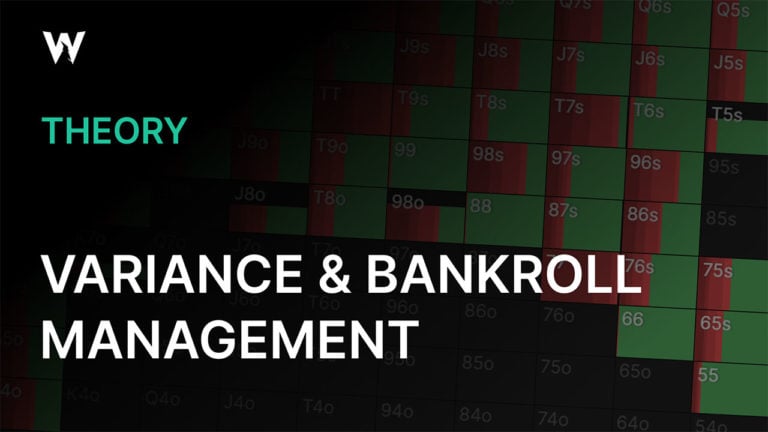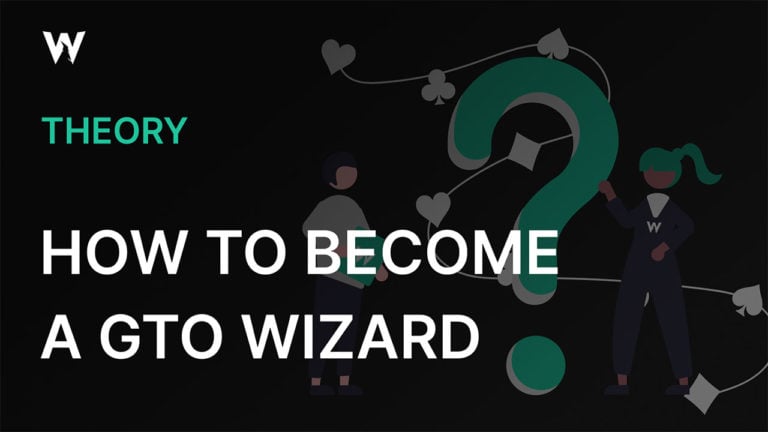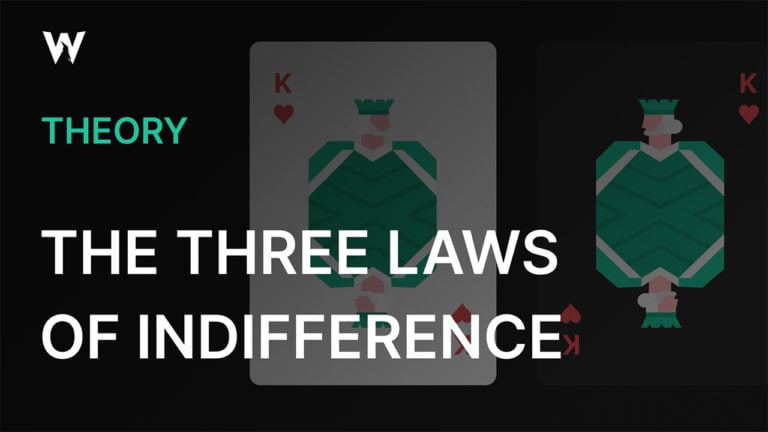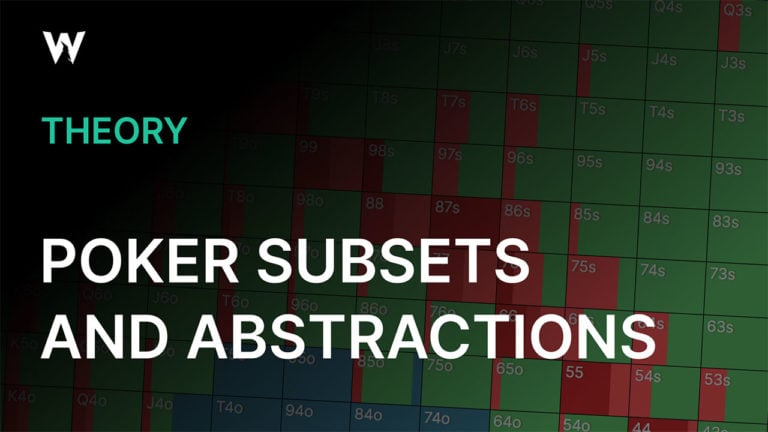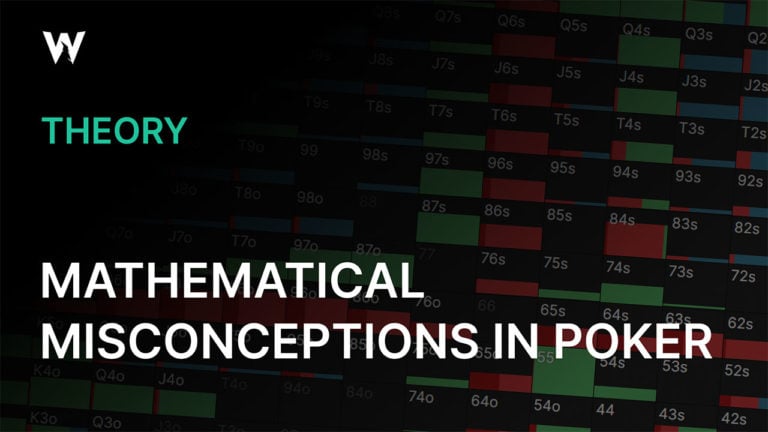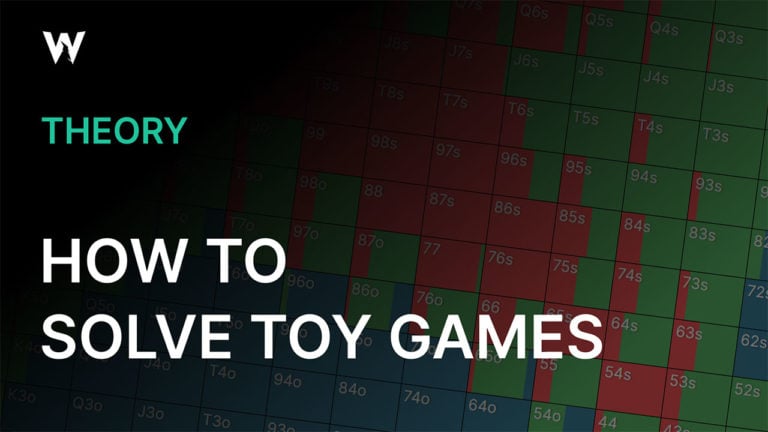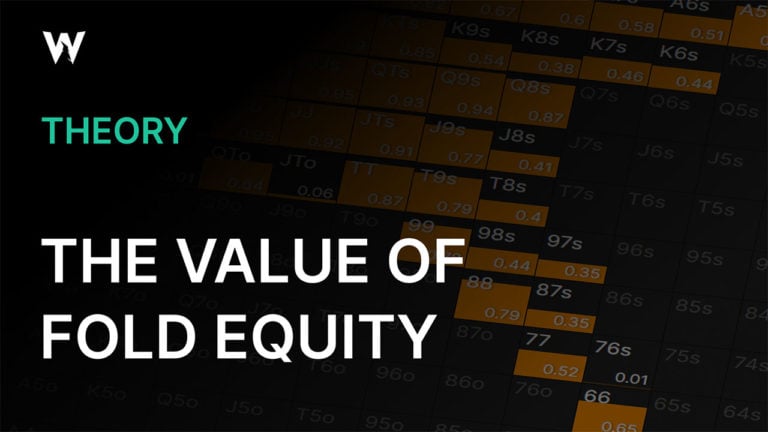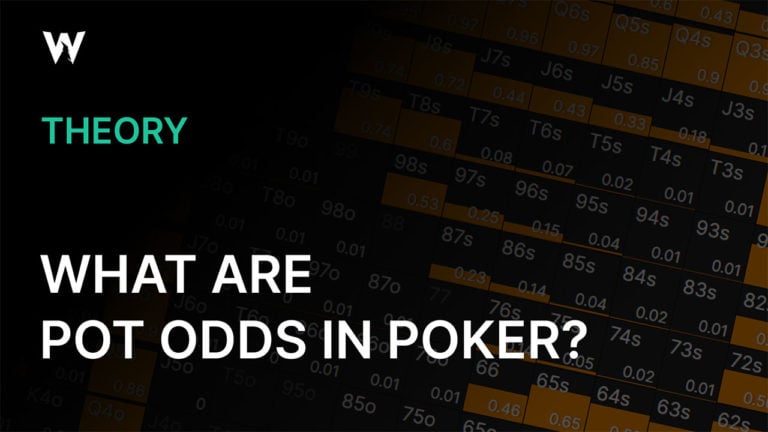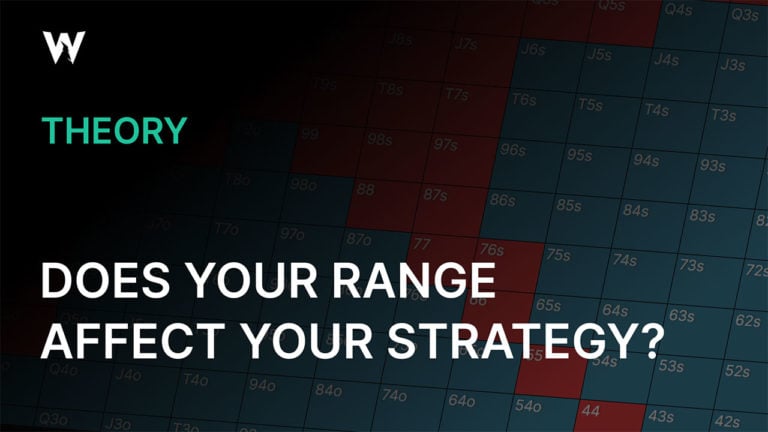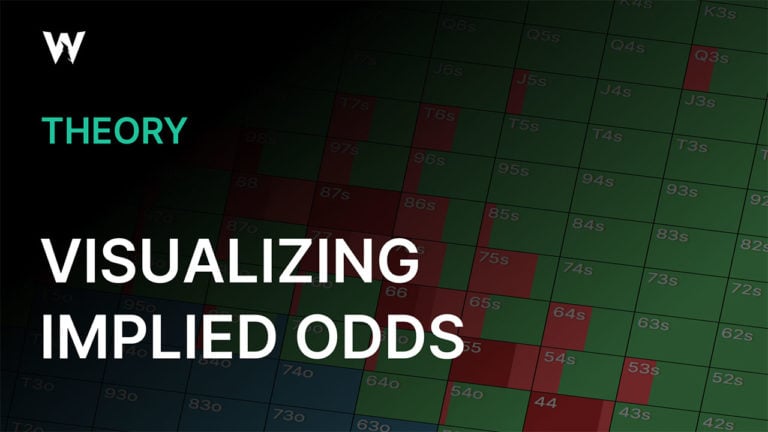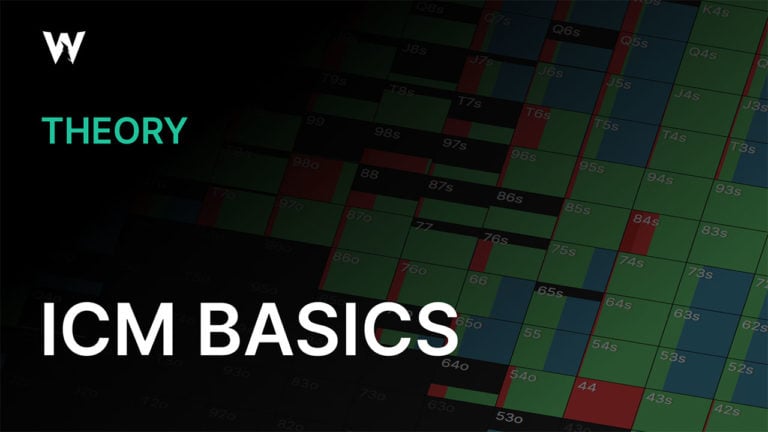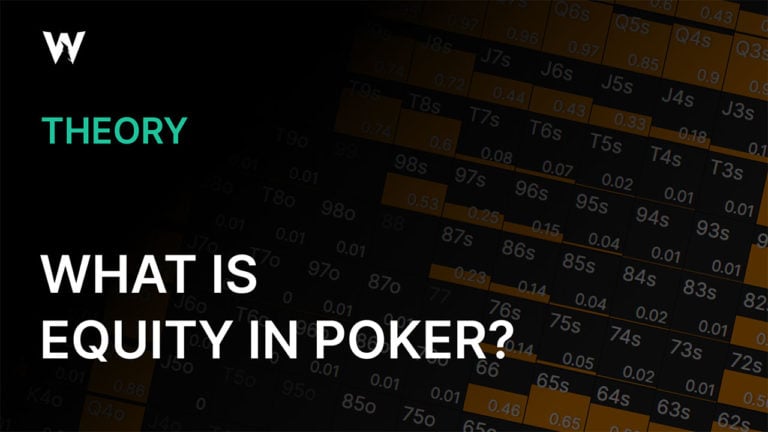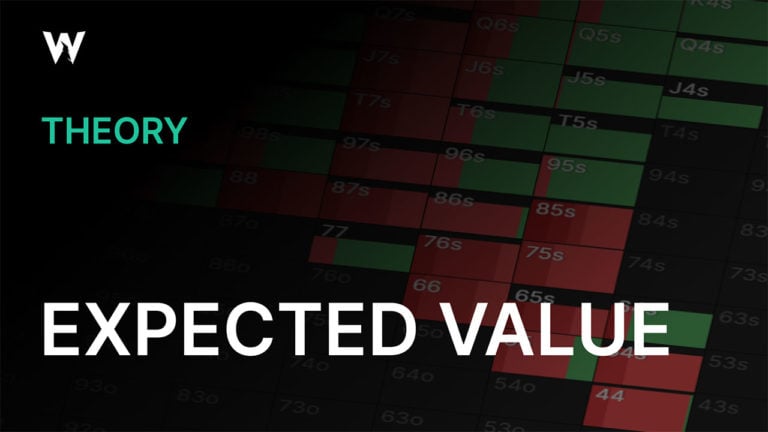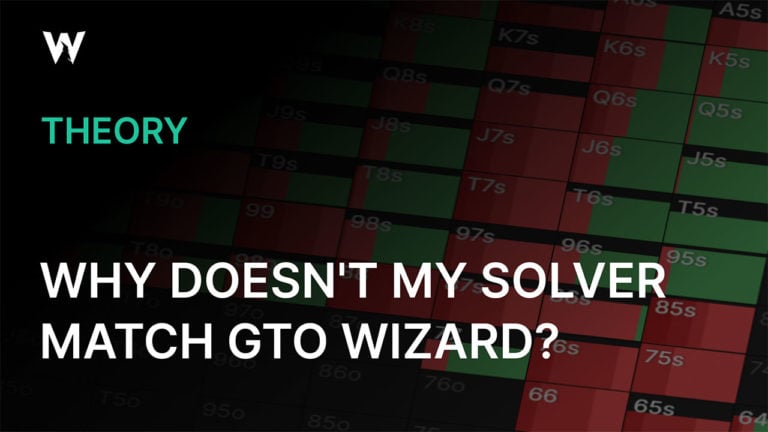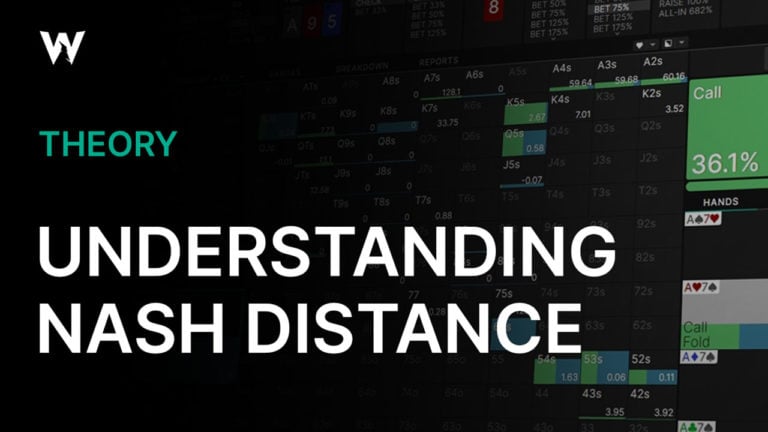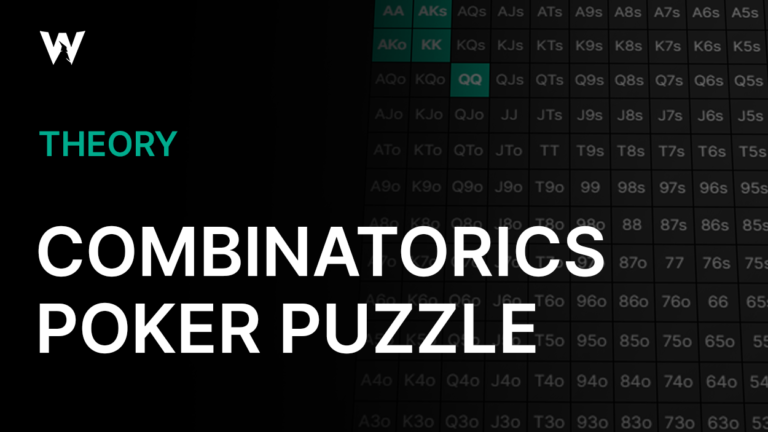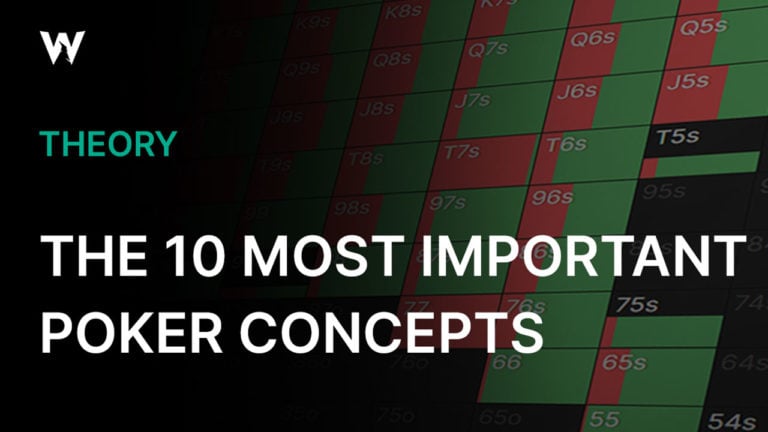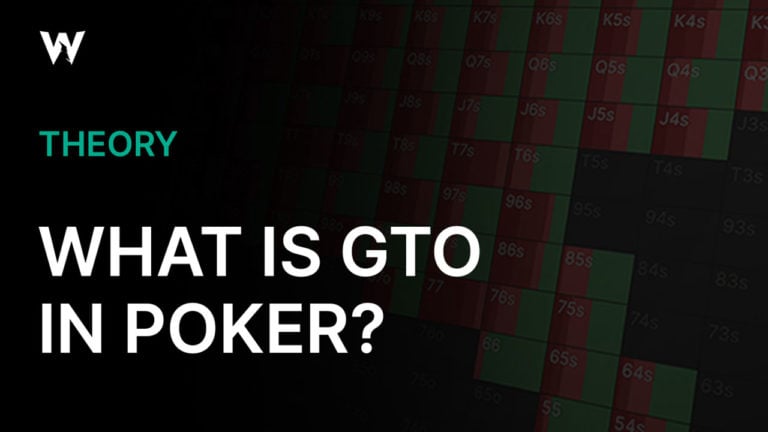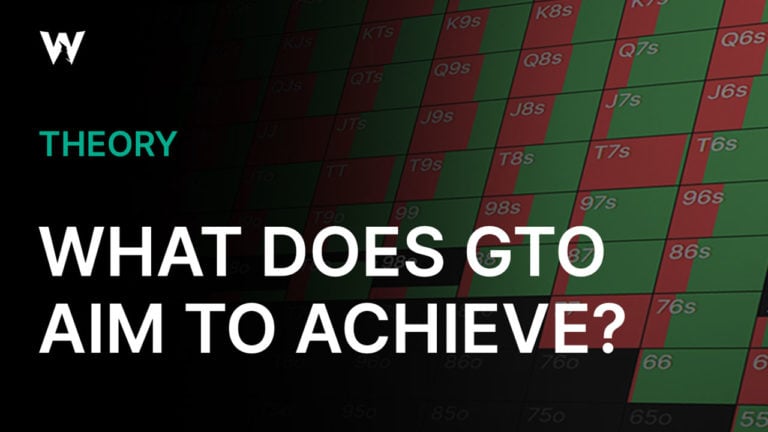A Poker Player’s Guide to Conquering Cognitive Biases – Part 2
In the past, I’ve written about gambling biases that can affect how you play and how confirmation bias can hurt your study efforts to improve using GTO Wizard. I wanted to end this psych series with an add-on article that looks at some more cognitive biases besides the confirmation bias that specifically makes you lose traction on the road you must travel to progress in poker.
Actor/Observer Bias
The actor/observer bias refers to:
A tendency to attribute our own actions to external causes while attributing other people’s actions to internal causes.
It is particularly prevalent in situations where the experience is negative. A typical example would be that if we see a news story about rising obesity cases, we may put it down to a lack of discipline on the part of those affected. If, however, a doctor tells us we are at an unhealthy weight and should start to diet, we blame external factors like processed foods, stress, genetics, injury, and so on.
In a game where variance plays a key role, it is never quite clear how much of the outcome in poker is a function of chance and how much is brought about by skill. Anyone who has spent a lot of time around poker players will have seen the actor/observer bias in action. If someone has a losing session, they blame variance, but if somebody else is on a downswing, it’s because they are a fish.
This bias spawned the classic Phil Hellmuth quote where he said:
One of the reasons for the actor/observer bias is that it is easier to look at another person’s situation objectively and dispassionately. This is why it is much easier to form a logical opinion while watching somebody else play poker than when you are the one being evaluated. We make much better (virtual) decisions watching Triton events than we would if we were playing in them. We are hard-wired to protect our egos, which is why it is so difficult to see what is sometimes right in front of us.
Actor/Observer Bias in Poker
The actor/observer bias, therefore, can thwart your efforts to improve if you constantly blame external factors for the reason you have losing sessions. If you really were losing because of bad luck, what would the point be of studying any further?
Mental game coach Jared Tendler, who has been written about in detail here, has a framework for how to get into the habit of distinguishing between variance and skill, which would also be effective in recognizing and reducing actor/observer bias. It’s a simple framework. He suggests that after every session, you ask yourself:
- How much of the result was due to your skill level?
- How much of the result was due to your opponent’s skill level?
- How much of the result was due to variance?
However, asking these questions will still yield biased answers, but the act of asking these questions fosters a more dispassionate and objective way to measure the external and internal. You will look for instances where your opponent made good decisions or if the variance was in your favor.
Ostrich Effect
One of the causes of the actor/observer bias is a related bias, which is known as the ostrich effect. As the name suggests, it is:
A tendency to bury our heads in the sand and ignore negative feedback, even when that negative feedback can help us.
A classic example is that some people in debt actively avoid looking at their bank balance because it makes them anxious. Not acknowledging how severe their financial situation may be leads people to continue poor spending habits. Facing the issue head-on, while uncomfortable, is the better way to alleviate the stress.
Ostrich Effect in Poker
The ostrich effect in poker study would be not studying the biggest leaks. In GTO Wizard, it would be not stopping our drills when we make a blunder to study the spot further:
I’ve seen people go as far as tampering with hand histories they shared with others to make it look as if they were unluckier than they actually were because they were so embarrassed about how they played the hand. Plus, we have all had the experience where we witness a hand as a third party, and the person who messed up the hand retells it differently from how it was played.
Face Reality
I myself am as guilty of this as anyone, to the point where my most effective study method is filming a session and letting a coach look at my play the following day, as it occurred in real time. There is much less hiding with this approach, and it avoids the urge to only pick out hands for study that you think make you look good.
In the context of GTO Wizard, remind yourself that the trainer giving feedback that you made a blunder is like a friend trying to help you by pointing out something they think you might be misunderstanding or doing wrong. Your biggest leaks are the areas where you can make the biggest improvements, especially if they embarrass you.
Dunning-Kruger Effect
The Dunning-Kruger effect is:
Someone’s lack of expertise in an area causing them to overestimate their own competence. Conversely, it also means people who are highly skilled in an area can doubt their abilities.
The classic example of Dunning-Kruger in modern times is perhaps the audition stage of reality TV shows like American Idol, where the singers are terrible yet supremely confident. Another example can be found during online political debates where the most clueless person in the conversation is also the most sure of themselves.
It happens because people with limited competence can be so ignorant that there’s even a failure to recognize what competence looks like. They don’t know what they don’t know: unconscious incompetence. Experts, however, have such a detailed understanding of the intricacies of some skill or expertise that they hold it in much higher regard, and it often leads them to doubt if their abilities are sufficient in comparison.
Dunning-Kruger in Poker
Dunning-Kruger is especially lethal for poker players because the game’s chance element makes the causal relationships between actions and outcomes less clear, giving Dunning-Kruger more space to wreak havoc. The randomness can reinforce bad behaviors and punish good behaviors in the short term. In the long term, it also makes it tougher to course correct because it’s not obvious to discern what’s right from wrong.
One of the worst things that can happen to some players is early success, especially if those first big wins were primarily a product of variance. It leads poker players to believe they have innate abilities and don’t have to work on their game. On the flip side of the Dunning-Kruger coin, we find that talented poker players can get driven out of poker with early misfortune, assuming they were making mistakes.
If you think you have never succumbed to Dunning-Kruger, let me ask you this: have you ever been at a loss for what to study next? Mental game coach Jared Tendler has told me a common issue poker players come to him for is ‘thinking they have mastered it all’ because they had no idea what to study next. Not having gone through enough learning experiences means they haven’t had enough confrontations with their ignorance. As we learn more, we also learn more about how little we knew and how much more unknowns could be out there beyond our little bubble of knowledge.
Tendler advises that if in doubt, work on your biggest leaks, i.e., your blunders that the GTO Wizard trainer detects you’ve made. I would supplement this with the spot importance spreadsheet that Tombos21 outlined in this video. Finally, having an expert coach analyze your play is a great way to get exposure to the treasure trove of things in poker you don’t know yet.
False Consensus Effect
The false consensus effect is a bias whereby:
Someone believes their traits, choices, and judgments to be widespread in the general population.
As a dog lover, I assume that everyone else is, which is why I am perplexed when people do not want to hear about my dog, look at pictures of him, or, in some cases, let me let him run up to them off the lead. Some people don’t care for dogs, and others are genuinely scared of them, but dog owners cannot comprehend this.
If you do like dogs, feel free to visit his Instagram page (which my wife insists on updating).
In the social media age, the false consensus effect has become a bigger issue because we all live in bubbles now. It is now common for people with the same political beliefs, musical tastes, careers, or hobbies to not spend meaningful time with somebody who views things differently.
False Consensus in Poker
Hand reviews are a typical occasion where this effect can show up. We tend to assume our opponent plays like us. I’ll talk you through a hand I played as an example of how a thought process can look like when it’s hijacked by this bias.
I was deep in an MTT with 70bb, putting me in the upper echelon of the chip rankings. The money bubble had burst, and we were about 40 players away from the final table. A player to my immediate right had 45bb and opened from the CO. I cold-called on the BTN with K♠T♠.
The flop came T♦7♠2♦, giving me top pair second kicker with a backdoor second nut flush draw.
But before I could ponder the flop, they had already open-shoved their remaining 43bb.
In-Game Analysis
I started my thought process by putting myself in their shoes: how would I play if I had to open-jam this flop? My gut instinct led me to think that this was a bluff because I would never shove for almost six times the pot with top pair or better. That seemed like a waste of a strong hand. The only hand I personally could conceive of making that play with was some sort of draw, perhaps a flush draw or 89 for an open-ended straight draw.
Then I switched to thinking about this spot through a GTO lens, and I knew that it was the sort of flop where there would be overbetting (just not this large). The likely candidates would be hands like AT and JJ, hands that are likely best right now but benefit a lot from protection. I have occasionally seen players do this in real life, and there is no clear trend as to what the hands could be. It could just as easily be the nuts, an overpair, third pair, or complete air.
I folded in the end, so we will never know, but looking up a similar spot in GTO Wizard, this is CO’s optimal c-betting strategy on the flop:
There are no shoves, of course, but there is a betting range, including an overbetting range. The value hands that overbet are the ones I suggested, and the bluffs are double backdoor hands like K♠Q♠ and gutshot+backdoor flush draw type hands like J♠9♠ (not stronger draws like flush draws or open-ended straight draws).
Analysis of In-Game Analysis
The problem with the above analysis is that it assumes my opponent thinks like I do.
At the tables initially, I assumed they would not ‘waste’ top pair or better and would, therefore, be bluffing because I would never do that. I then gave them a viable bluffing range that had some equity when called because if I was ‘forced’ to bluff-shove for 600% pot in this spot, I’d want to have some equity (note that in GTO-world, the solver doesn’t ‘waste’ the best draws for overbet bluffs anyway).
Later, when I reviewed the hand, I assumed my opponent had the GTO-approved opening range above. I assumed that with their extreme overbetting strategy, they would at least be adhering to something that had some of the characteristics of an optimal overbetting strategy, such as hand selection.
None of that is likely useful in this analysis, however, because that player was likely inexperienced and/or out for some gambling fun with big action. So, ranging them as I did might be way off the mark since they probably are unaware of any of the concepts mentioned in my thought process. They could just as easily have the nuts, a medium-strength hand like 66 that he didn’t know how to play, or was bluffing with complete air (I shared the hand with a few players afterwards and we all agreed the most likely thing was that he had an overpair).
It is much better, therefore, in spots like these to observe the tendencies of the opponent in question and then use GTO Wizard AI to first give them a more realistic range, then more realistic bet sizes, and finally nodelock the hand to reflect any reads that have been developed.
The Bike Shed Effect
Also called Parkinson’s law of triviality, the bike shed effect refers to:
A tendency to focus on minor but easy-to-grasp issues, rather than difficult but major concerns.
C. Northcote Parkinson gave a hypothetical example of a nuclear power plant committee that had two points on the agenda:
- Approve plans for a new power plant
- Agree on the color of the building’s bike shed
He posited that more time would be spent on the bike shed because everyone was comfortable enough to have a cogent opinion on it, no matter how irrelevant and/or unimportant. Nuclear power plants, on the other hand, are a much more intimidating topic because there is so much more at stake. It requires expertise to even think about.
We are all guilty of spending more time on trivial decisions than we should. This is why often political debates quickly stop being about the matter at hand. A discussion about progressive taxation can quickly devolve into a debate about how one of the politicians used an offensive term in that discussion, for example.
(Live at the) Bike Shed Effect in Poker
In poker study, it can be very easy to degrade into fixating on the trivial in a hand review. In terms of study choice, we are all guilty of over-focusing on cooler-type hands, like set over set. When in reality, setups play themselves. It requires more effort to focus on common spots with wide ranges, like SB vs BB, single-raised pot. These spots are more complex, with lots of mixing, and much more challenging to master.
For the second time in this article, I would point you to the spot importance spreadsheet in this regard. The guiding principle of the methodology in this document is giving priority to what’s most important, which is measured by a combination of pot size, frequency of occurrence, and mastery level. The ‘TV hands’ like AA vs KK, UTG vs UTG1 4-bet pot, are nowhere to be seen.
Conclusion
I’ve picked out some of the most interesting cognitive biases in this series that I think impact poker play and study. I could easily find another 30 to write about. It’s not that poker players are more prone to bias, it’s just that the game is an environment where they thrive. The relentless uncertainty in poker is like a fertilizer for these biases. It takes a well-equipped (with self-awareness and dedication) gardener to keep them in check.
We don’t know what our opponent is holding or thinking, we don’t know which card is coming next, and we will never truly know whether our edge or the game’s variance is the deciding factor in individual results. The human mind creates these biases to fill in the gaps between what we know and what we don’t know. Being aware of the existence of each of them helps me with incrementally upgrading my ways to manage them so that they don’t lead me astray as reliably. It’s probably wishful thinking to fully vanquish them though, especially since many of the biases can also function as defenses to keep themselves around in us.
Think about it for a second. If you assume it’s possible to fully neutralize them, you’re probably getting owned by Dunning-Kruger. If you don’t acknowledge them, you’re dominated by the ostrich effect, etc.
The BB’s incentives for calling an SB preflop raise differ from those of a cold-caller facing a raise from, say, LJ or CO. And the SB’s incentives for raising differ from those of an open-raiser in any other position.
Author
Barry Carter
Barry Carter has been a poker writer for 16 years. He is the co-author of six poker books, including The Mental Game of Poker, Endgame Poker Strategy: The ICM Book, and GTO Poker Simplified.
Wizards, you don’t want to miss out on ‘Daily Dose of GTO,’ it’s the most valuable freeroll of the year!
We Are Hiring
We are looking for remarkable individuals to join us in our quest to build the next-generation poker training ecosystem. If you are passionate, dedicated, and driven to excel, we want to hear from you. Join us in redefining how poker is being studied.
Latest article


